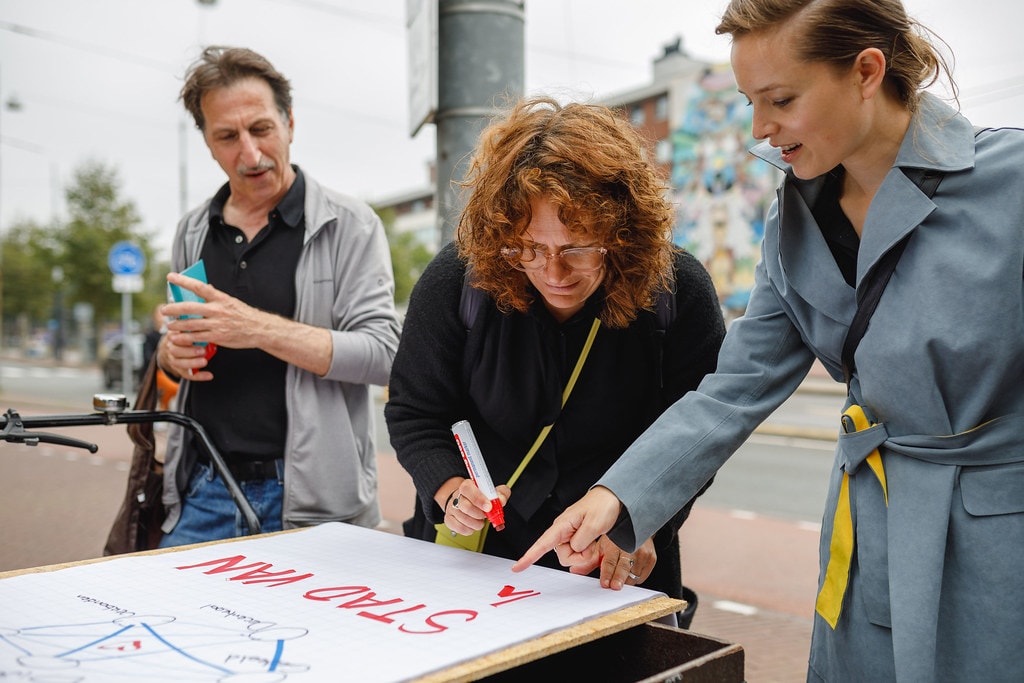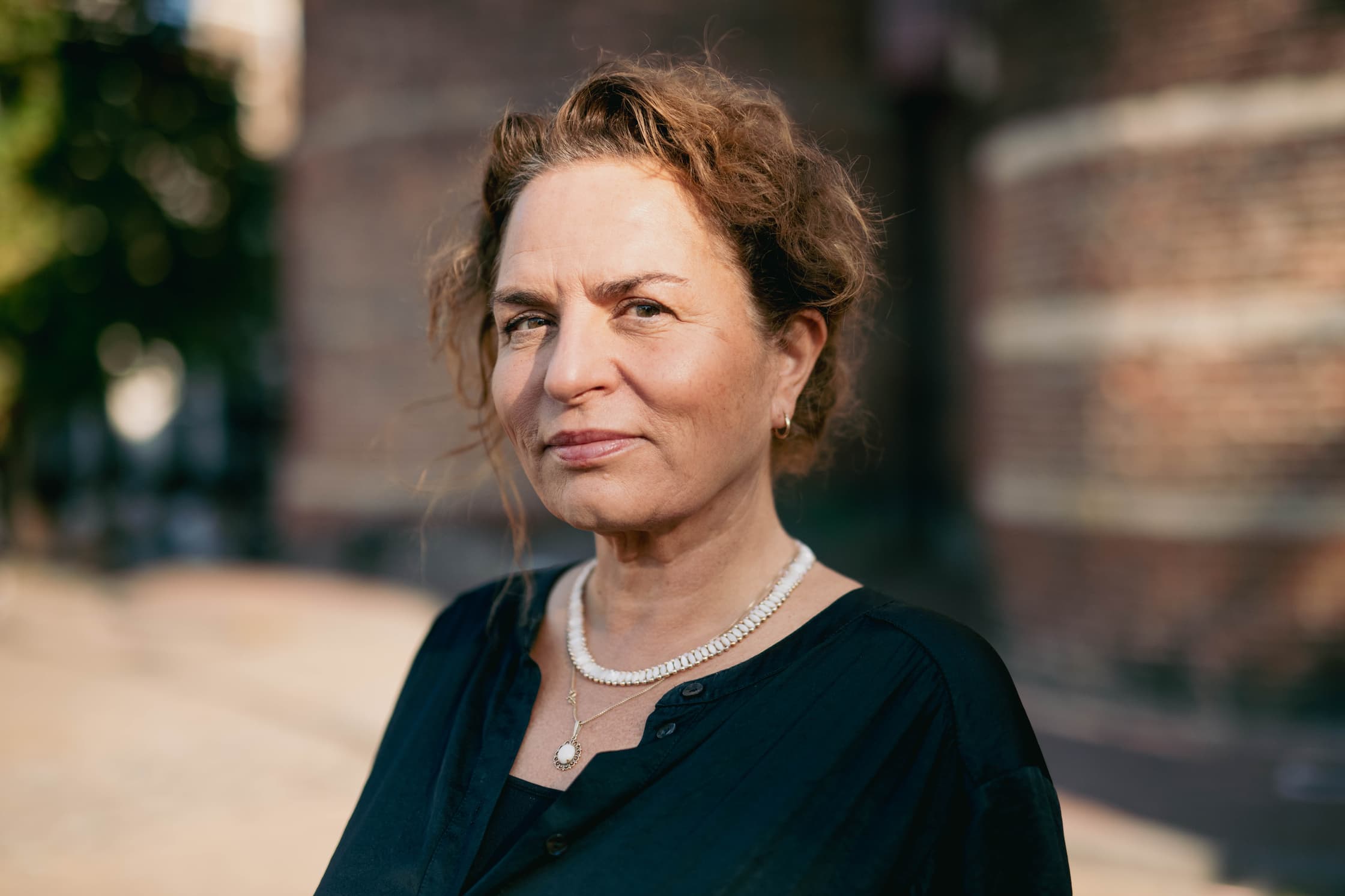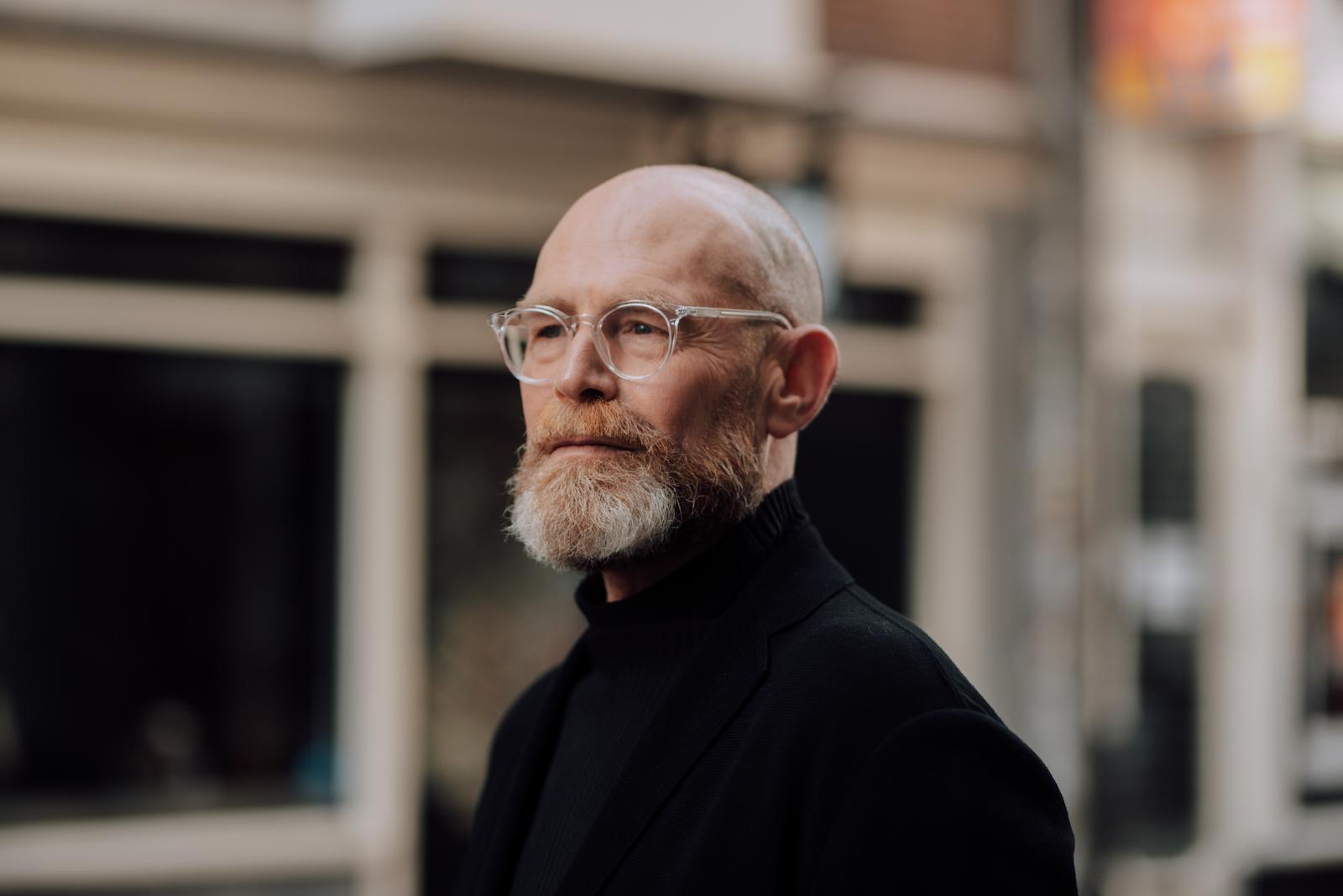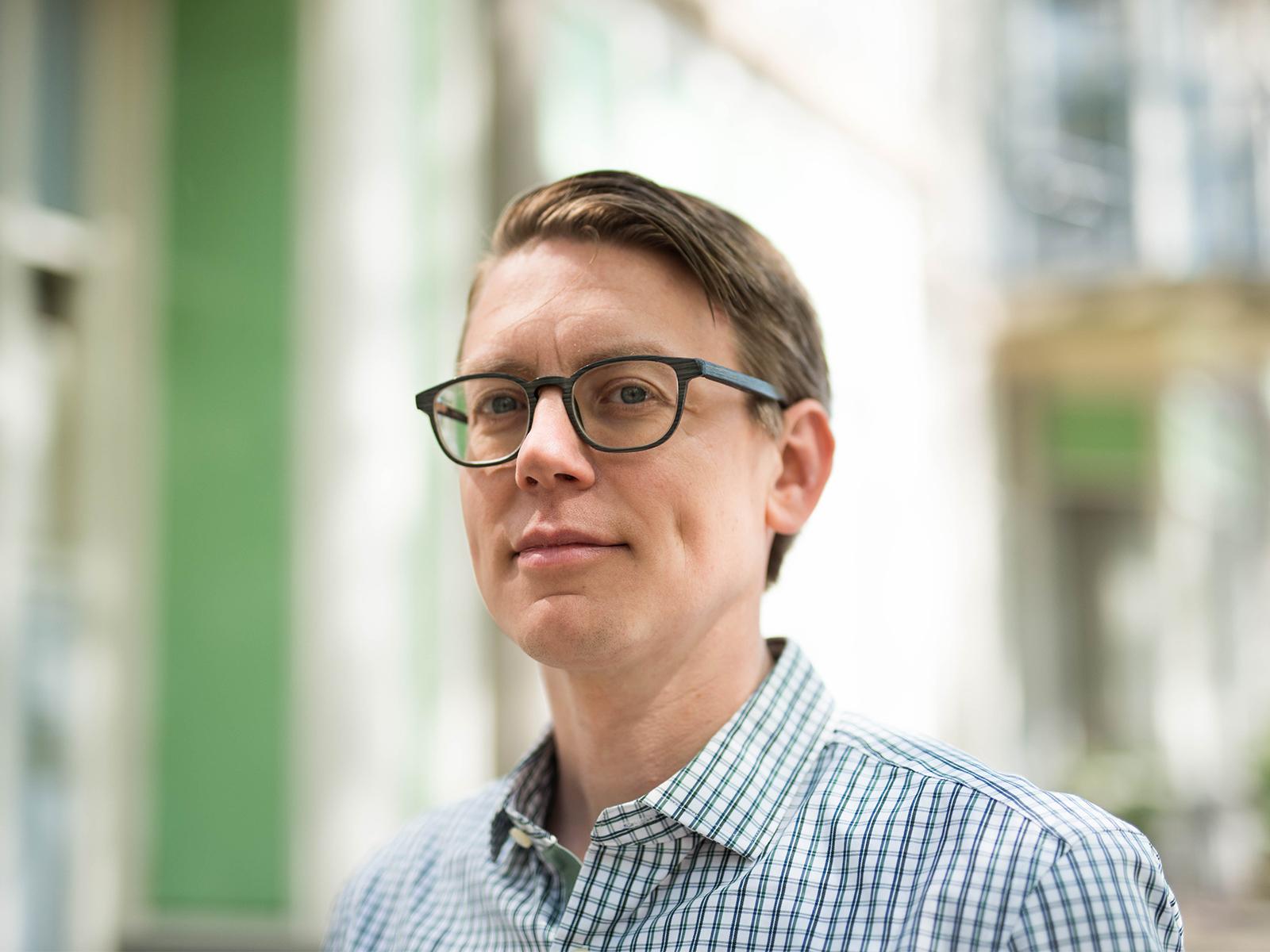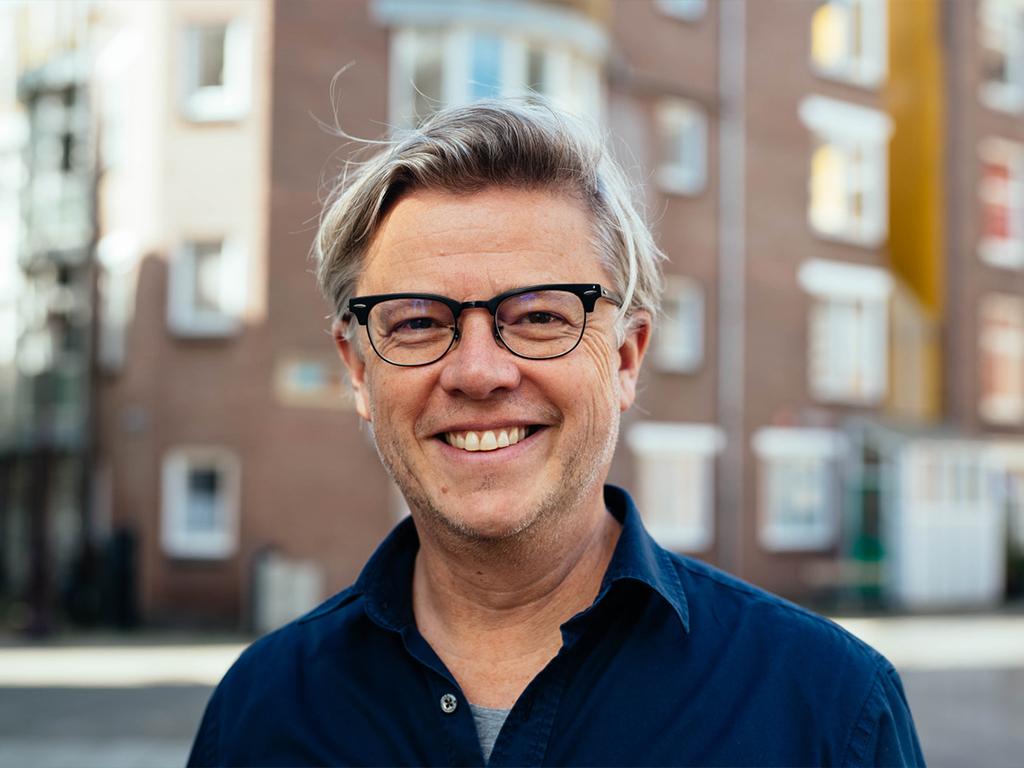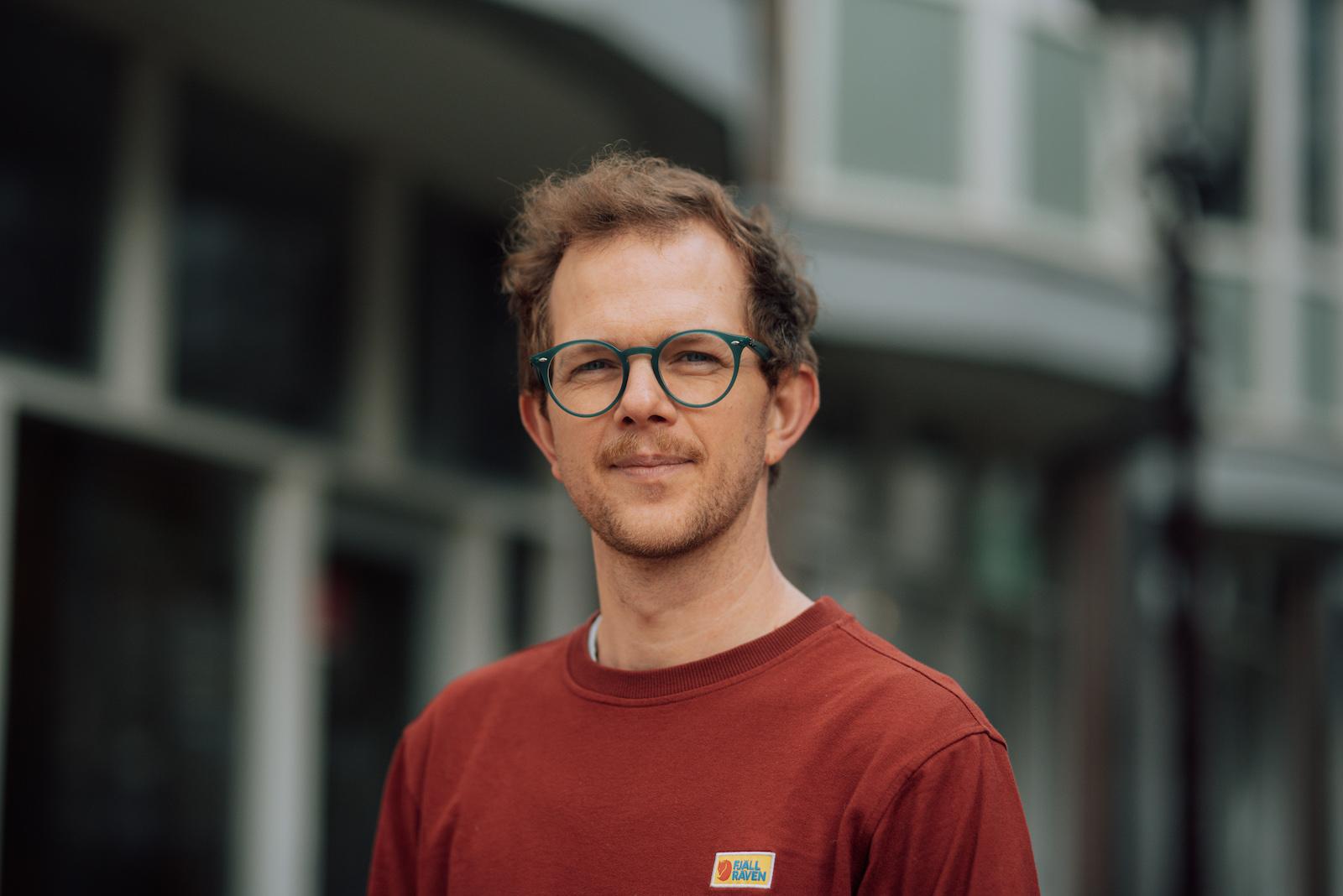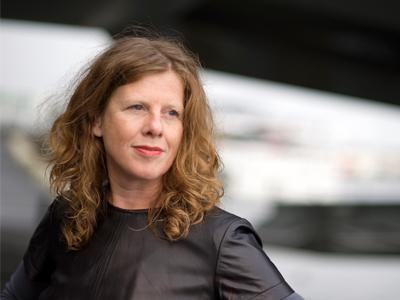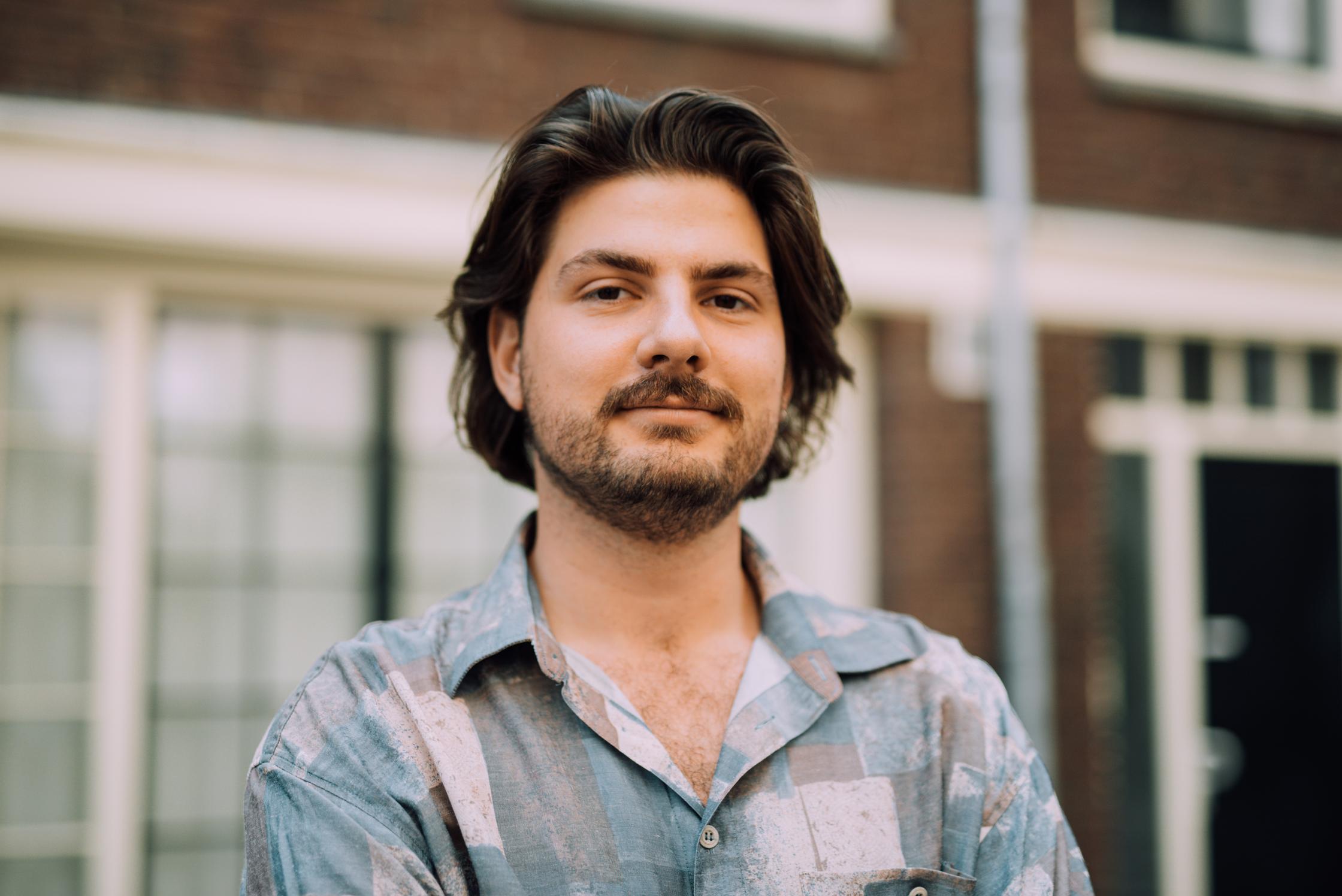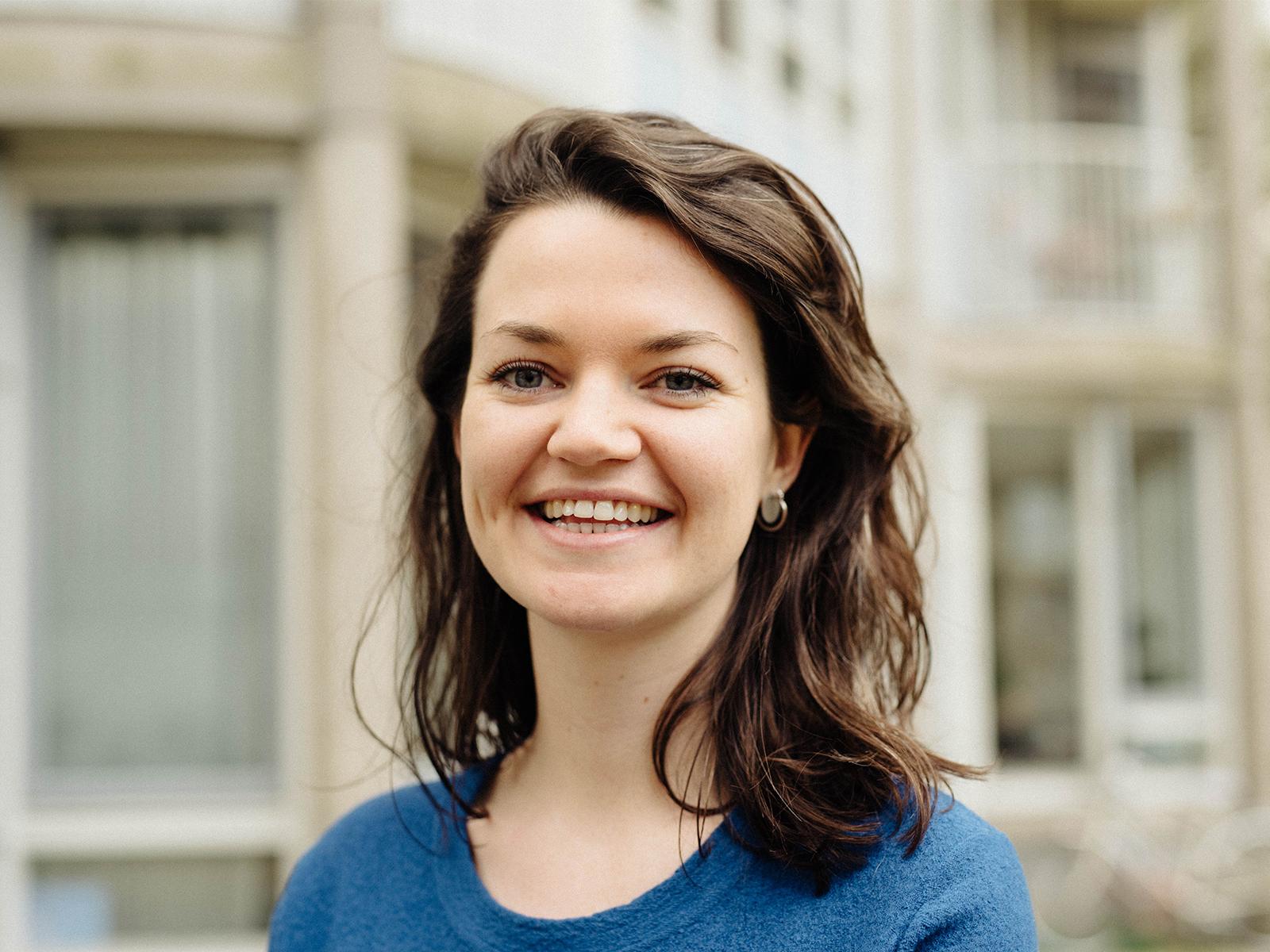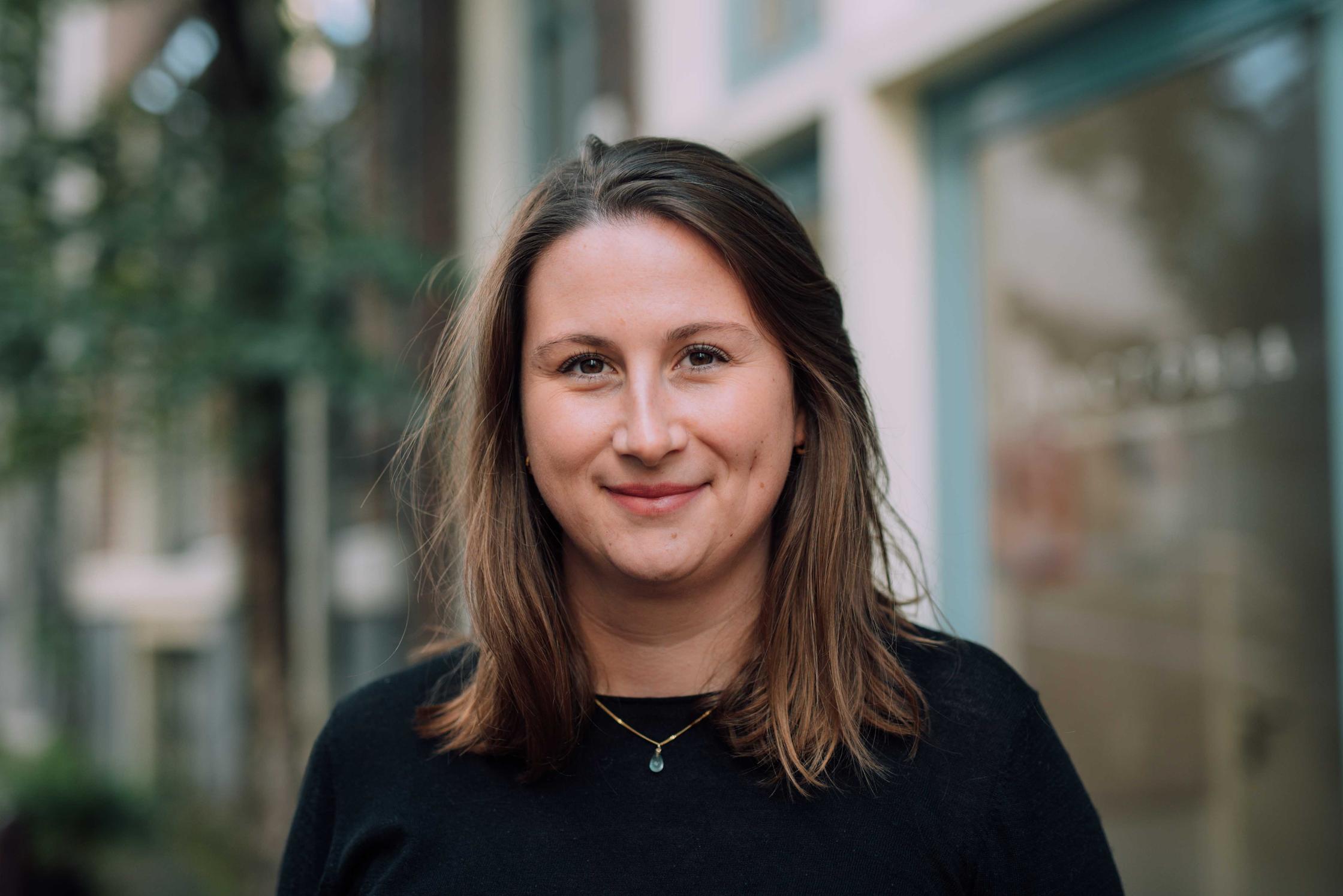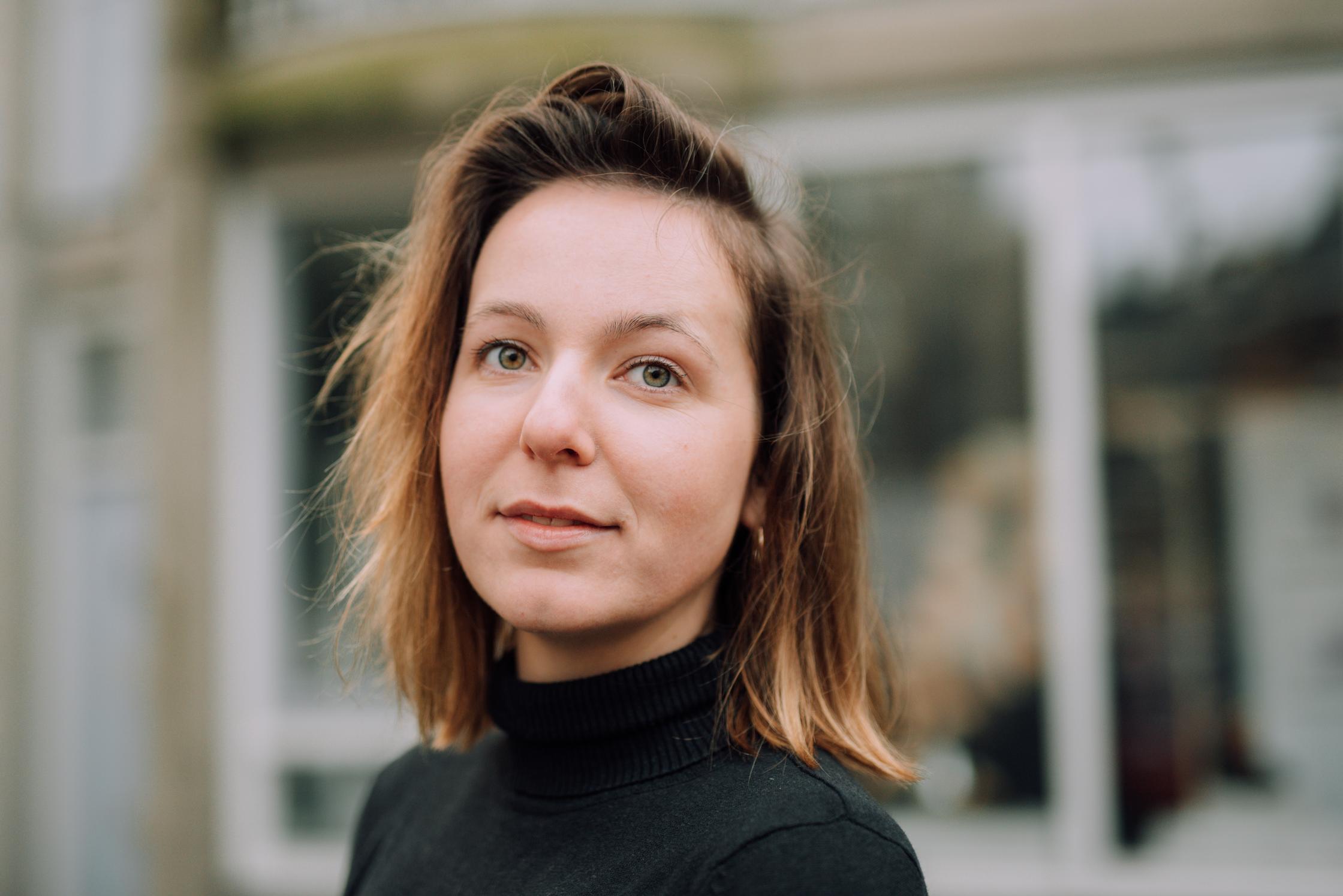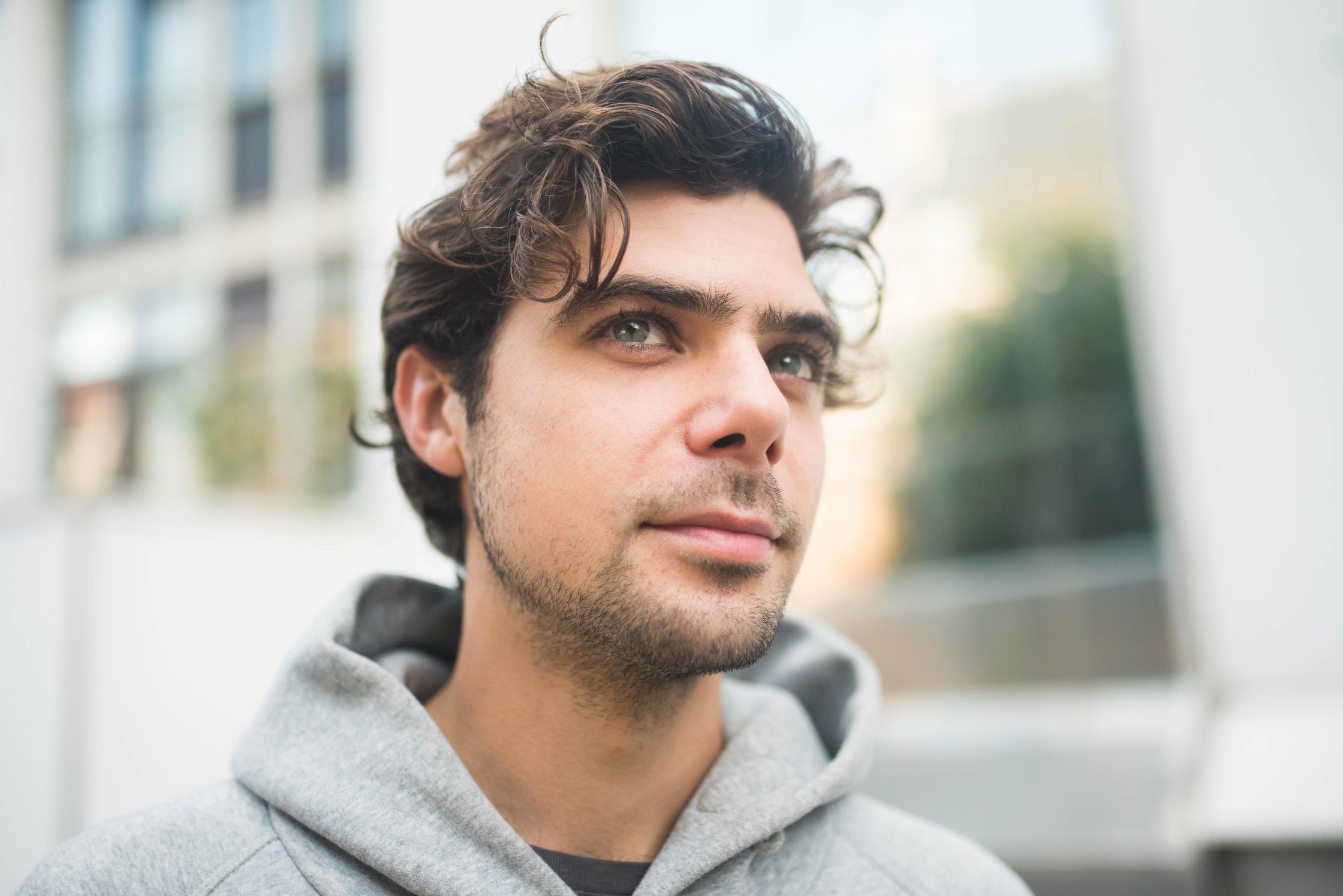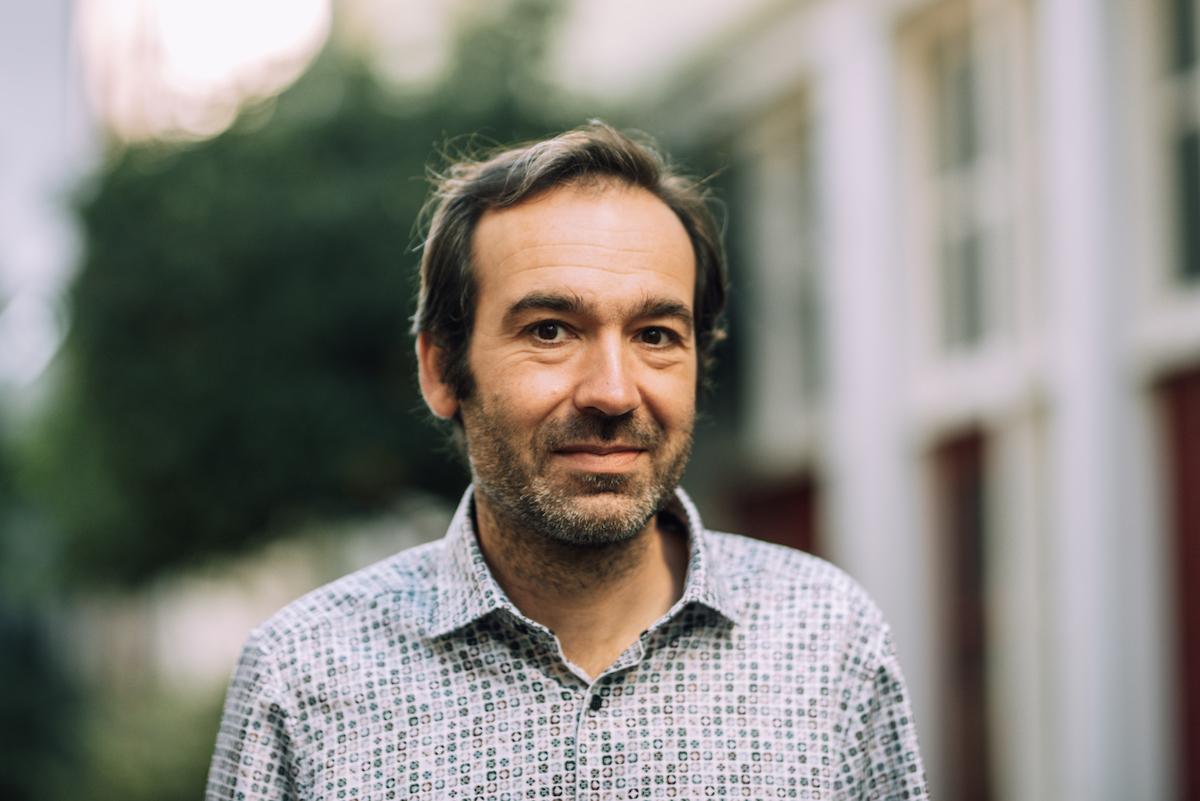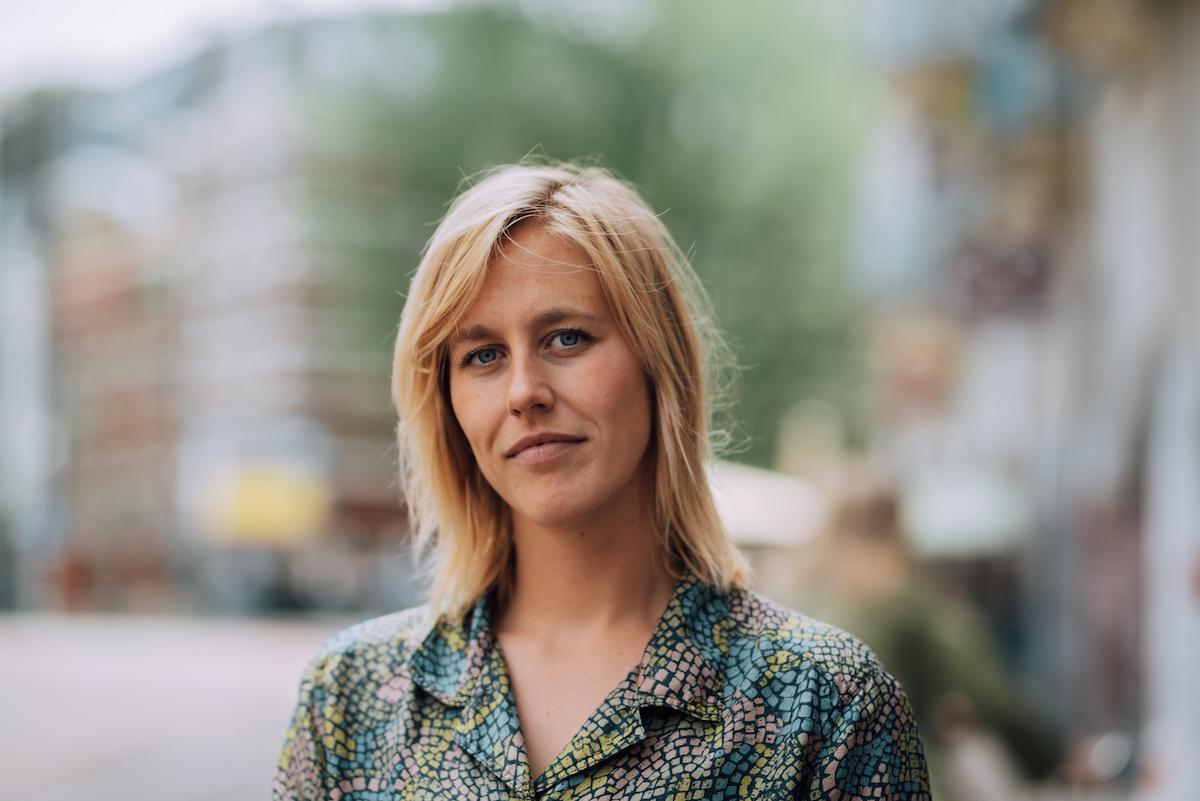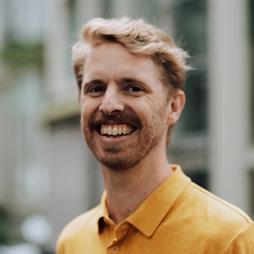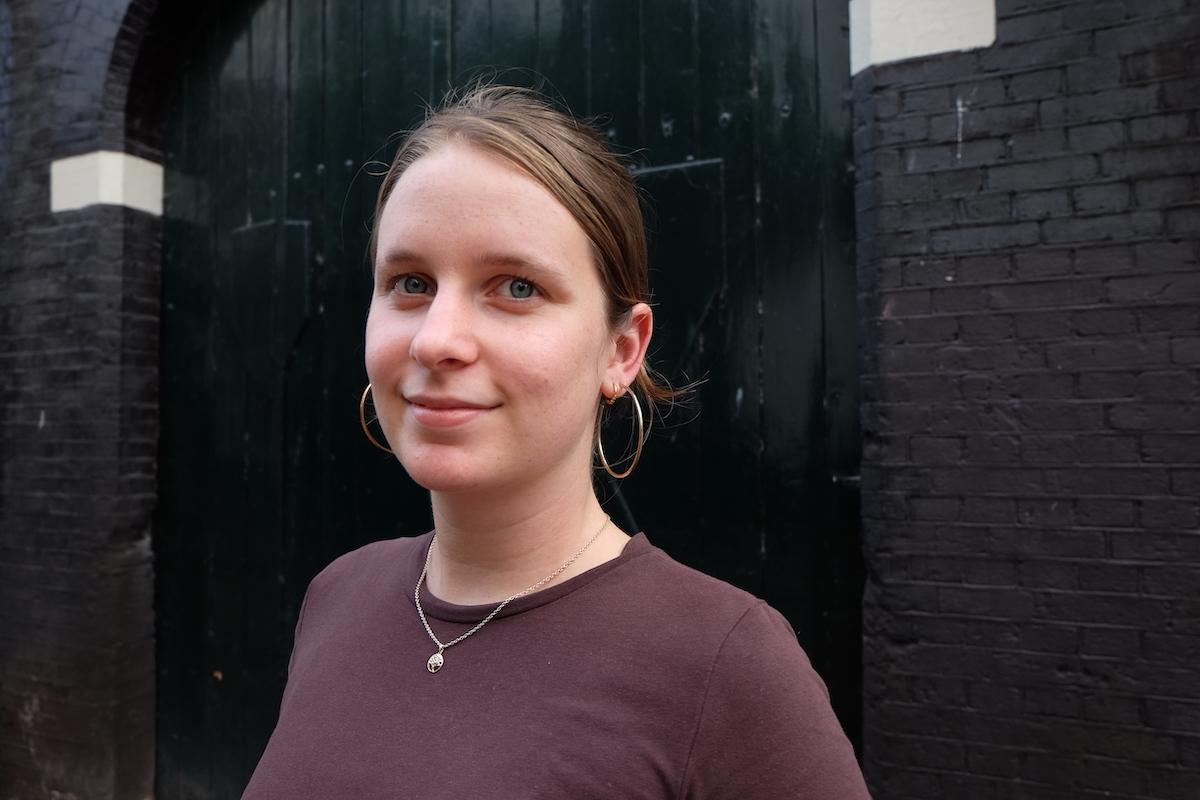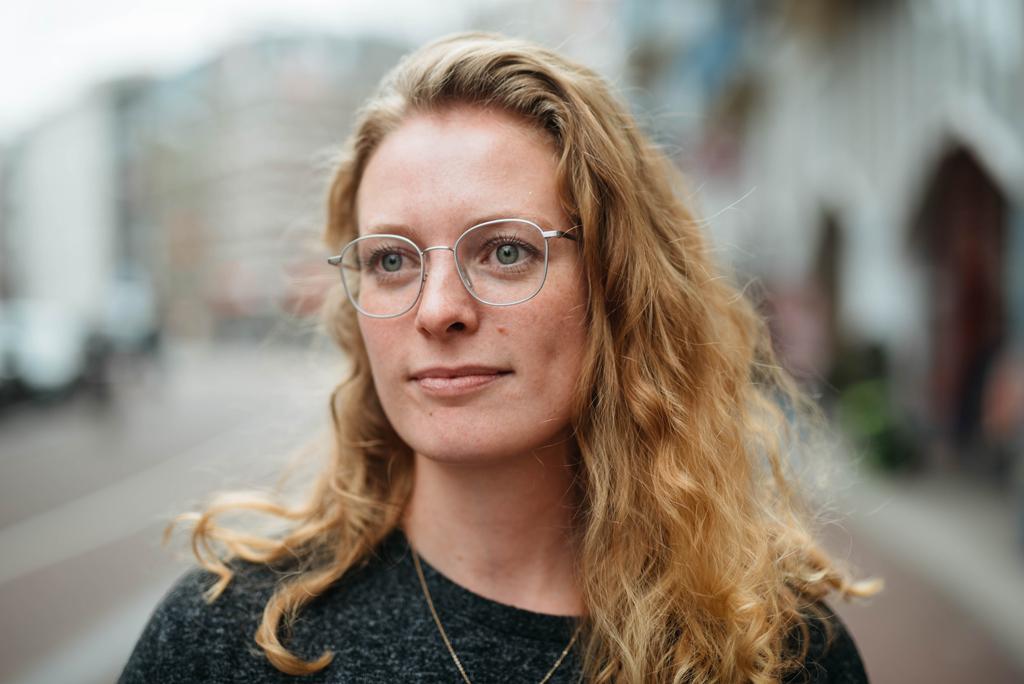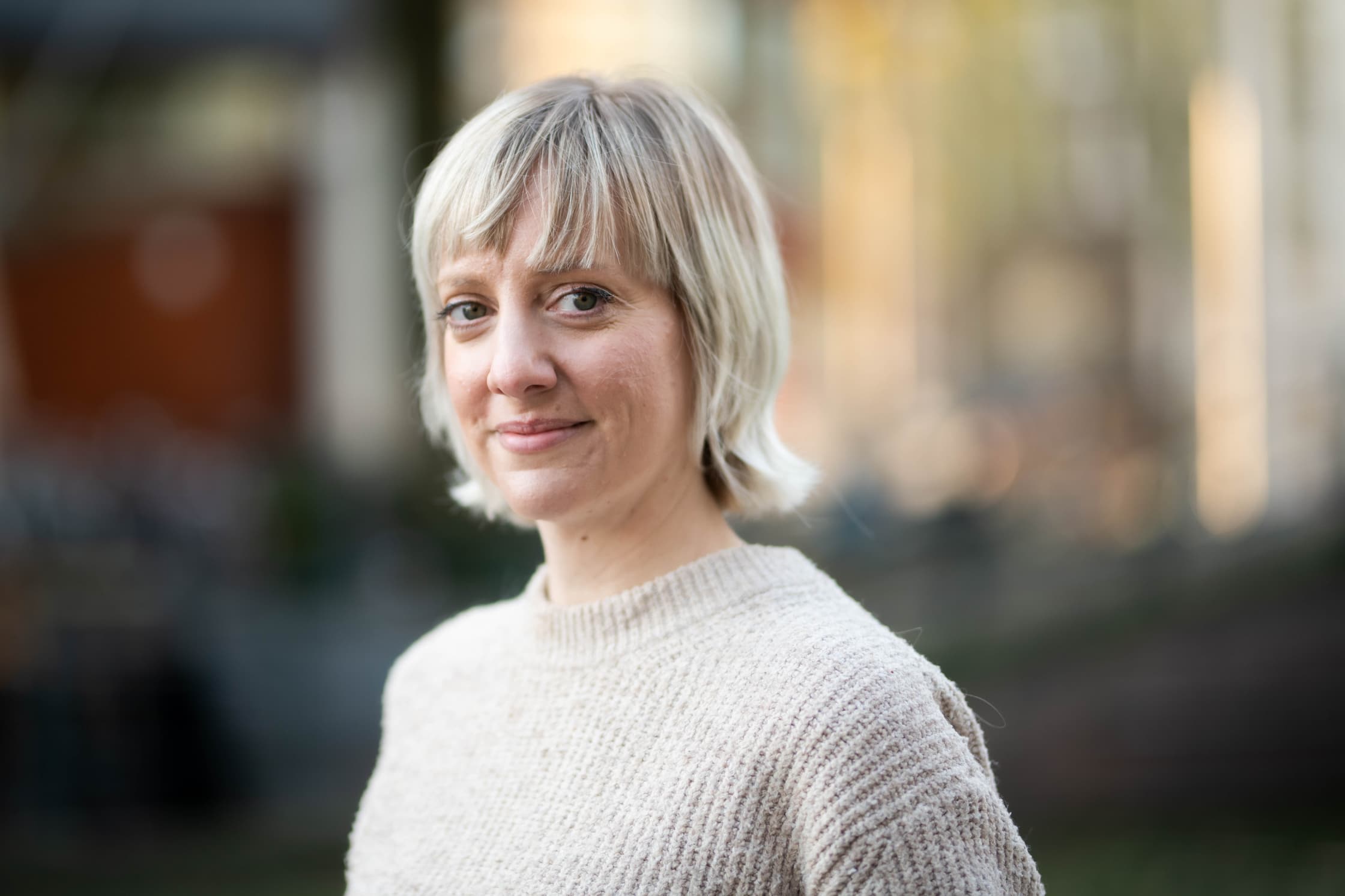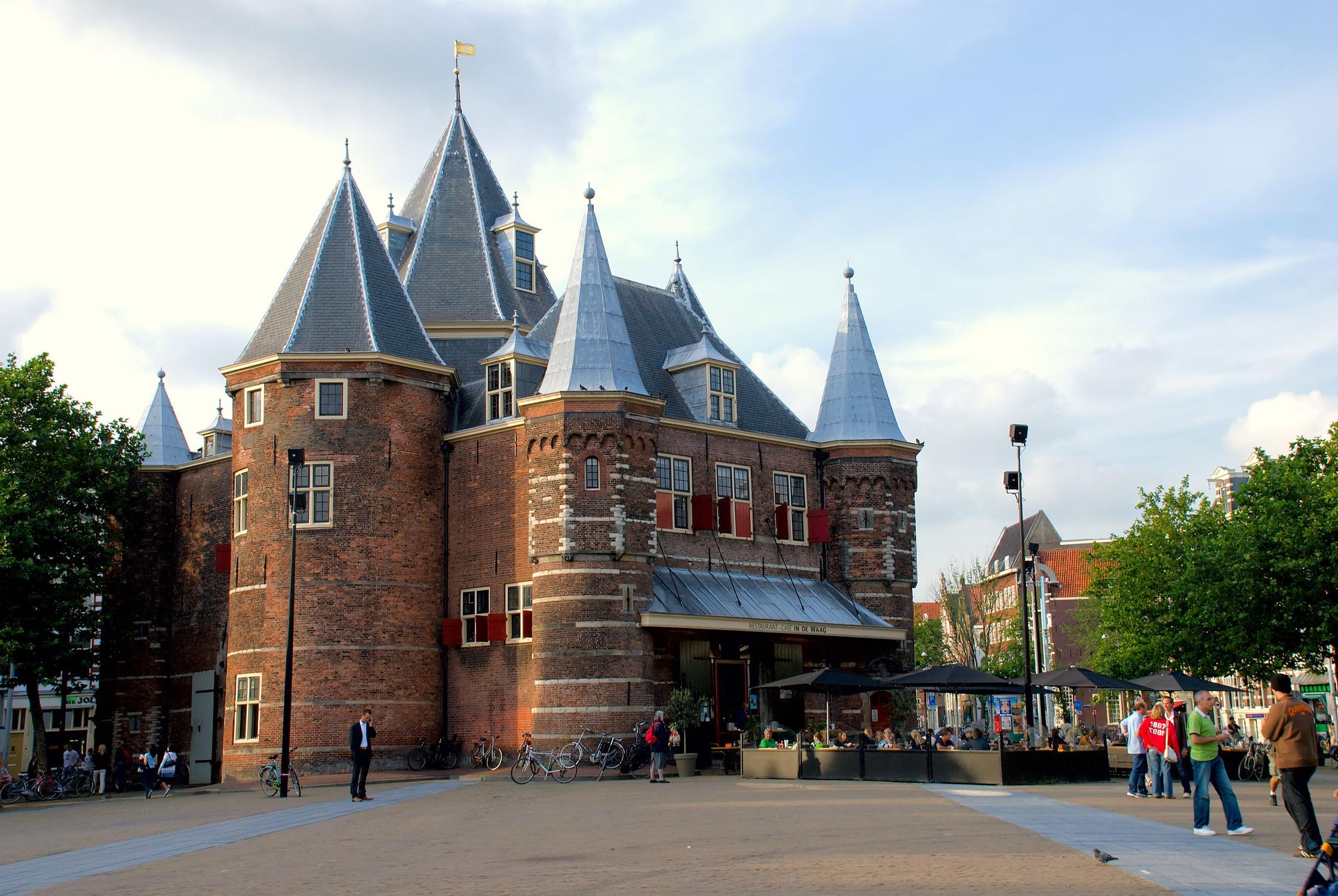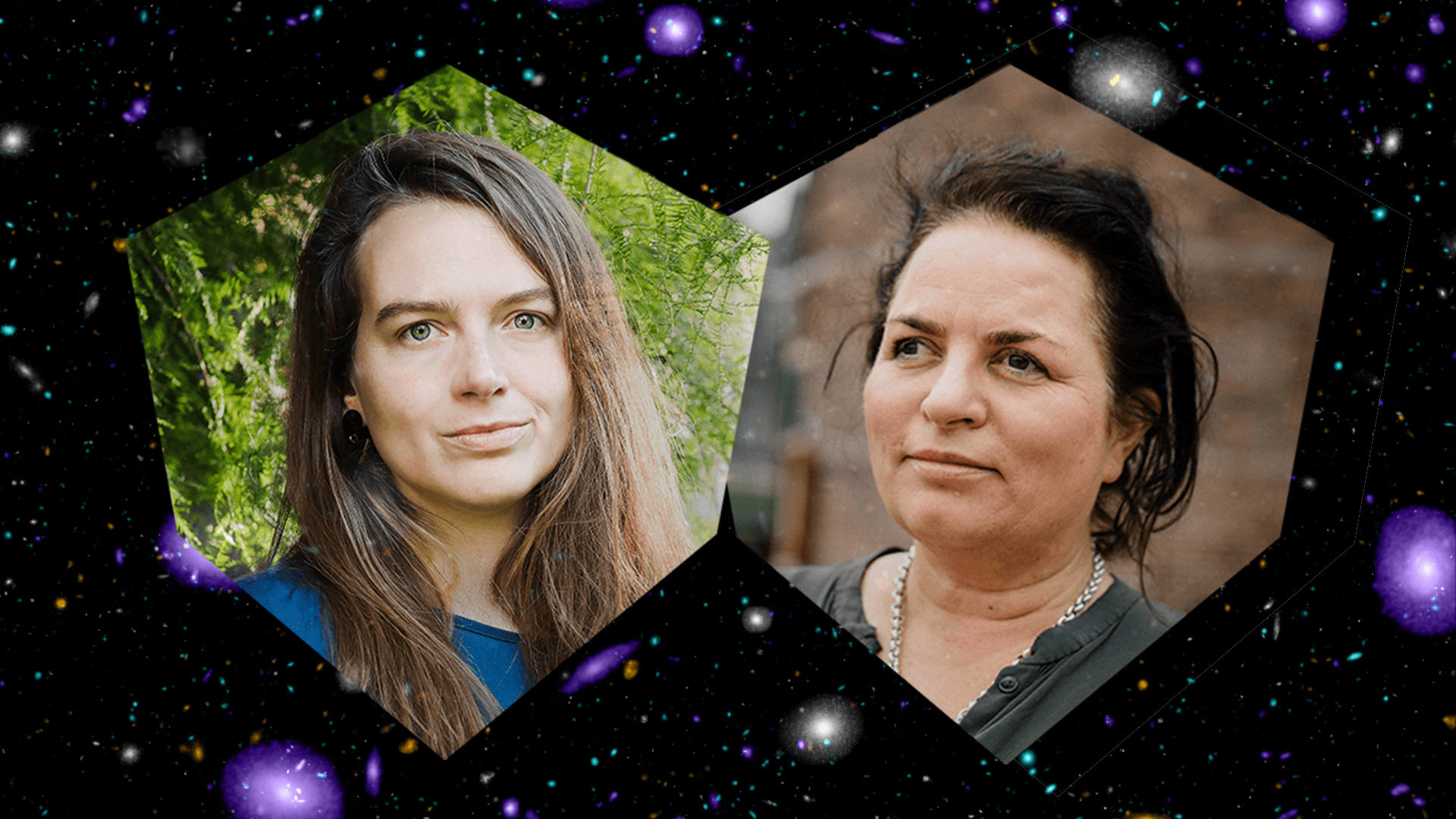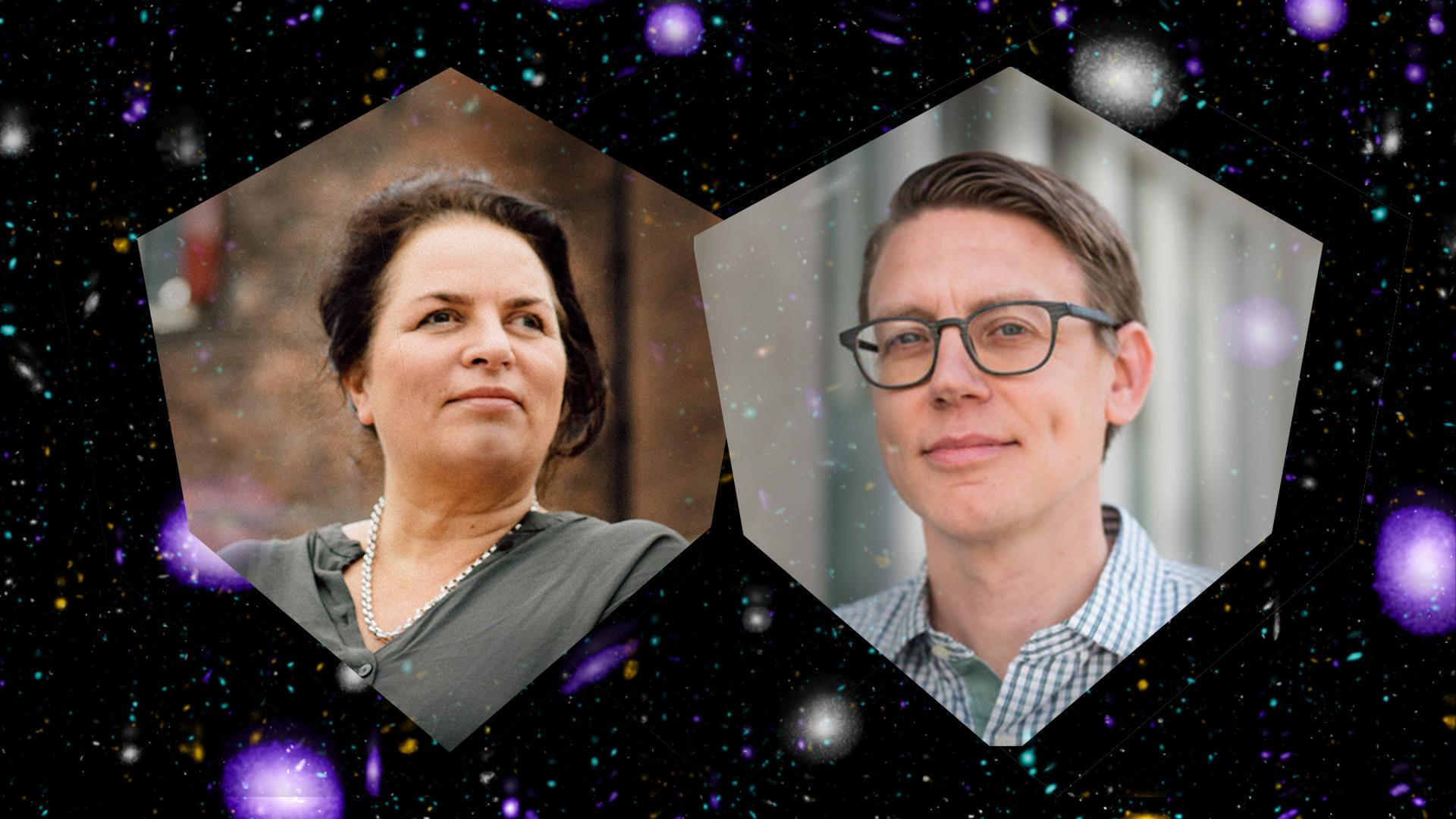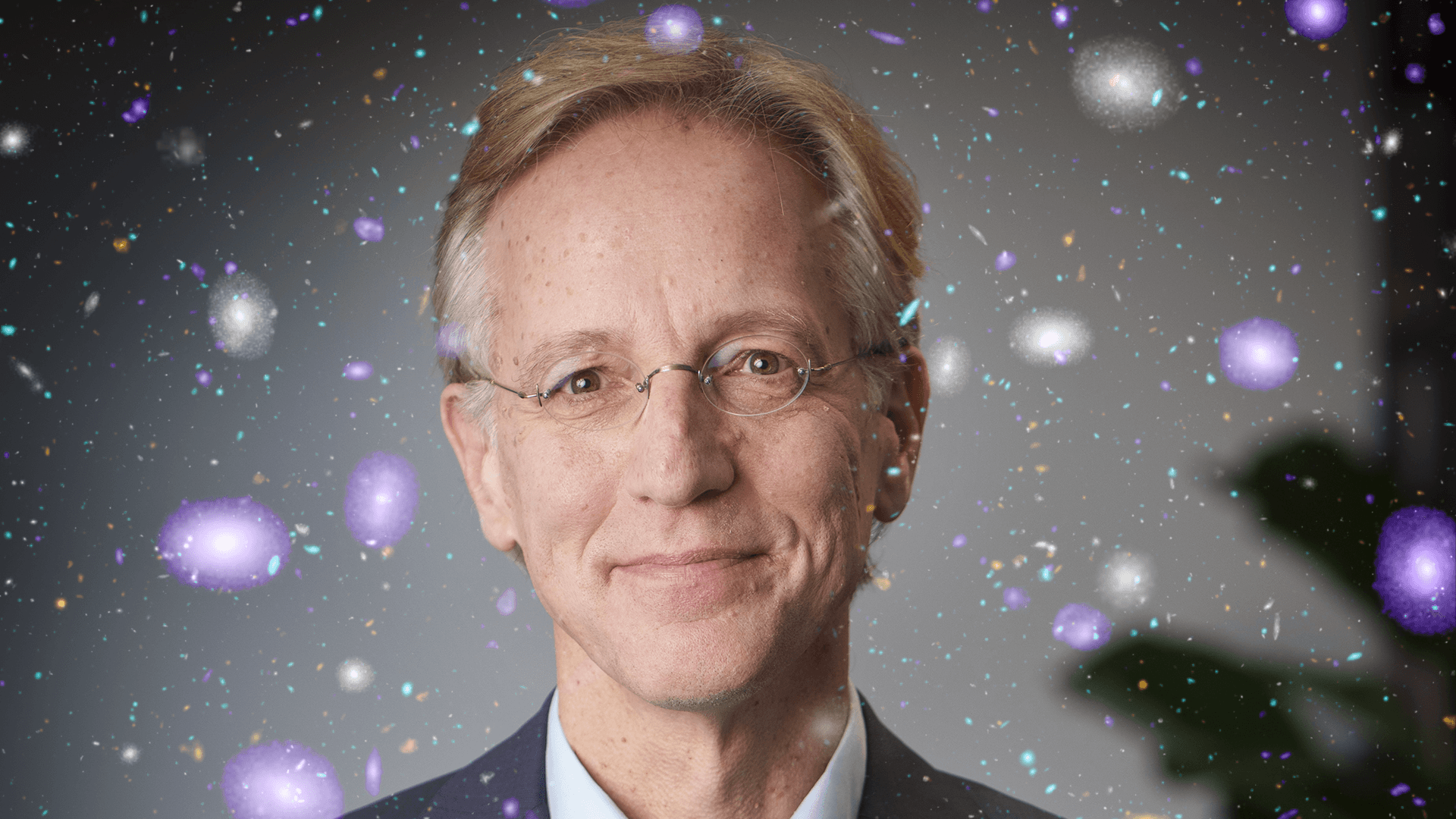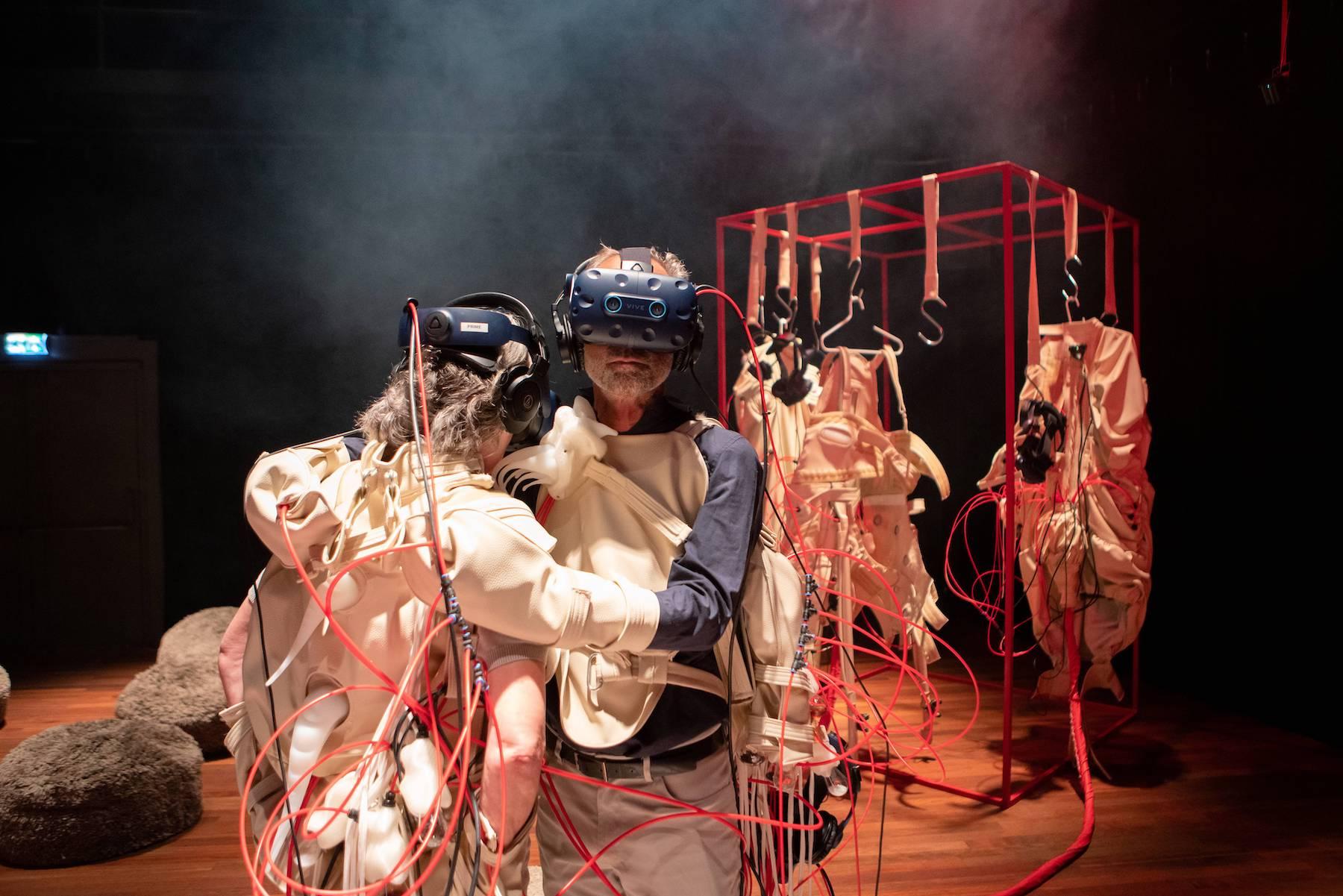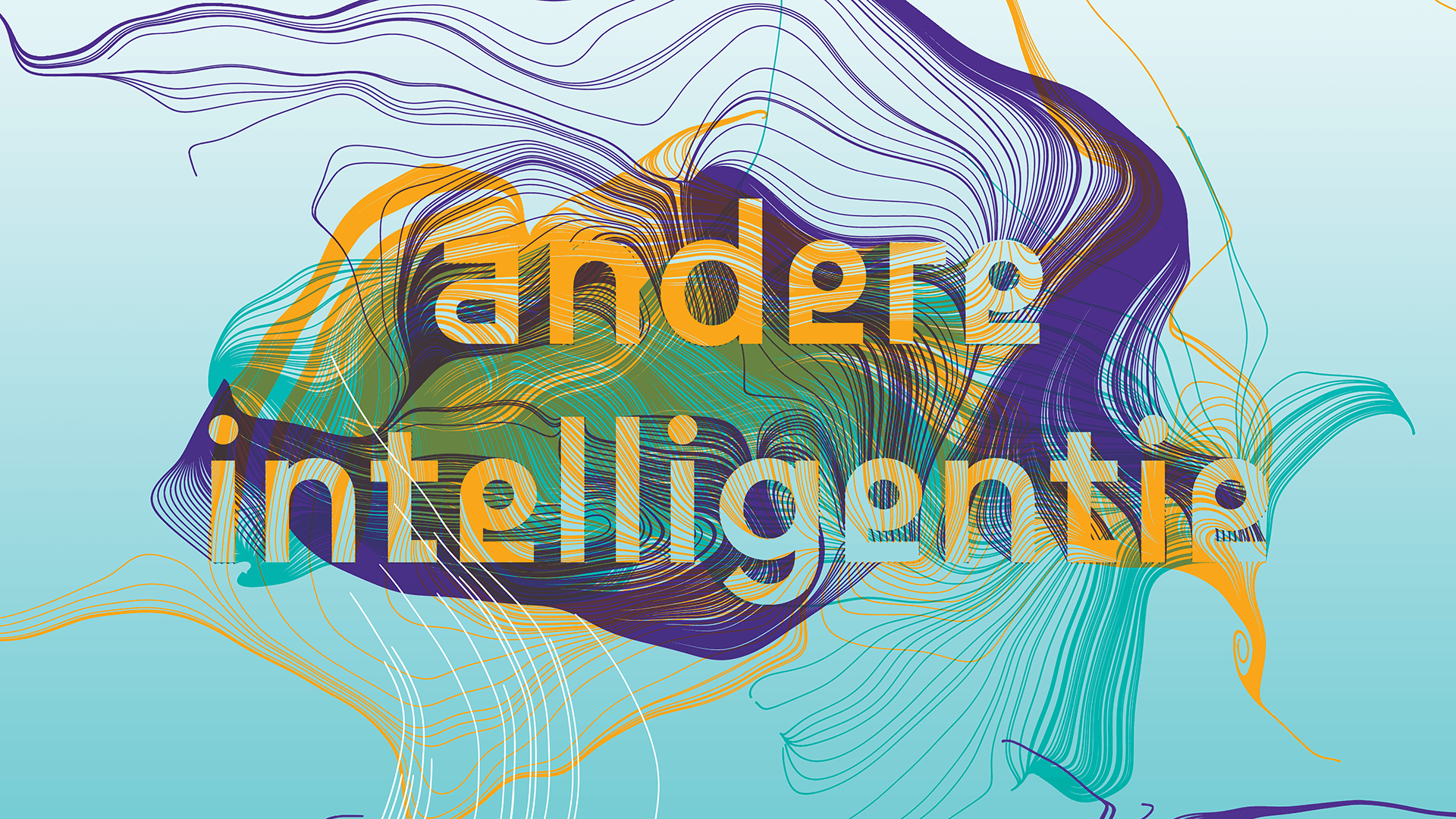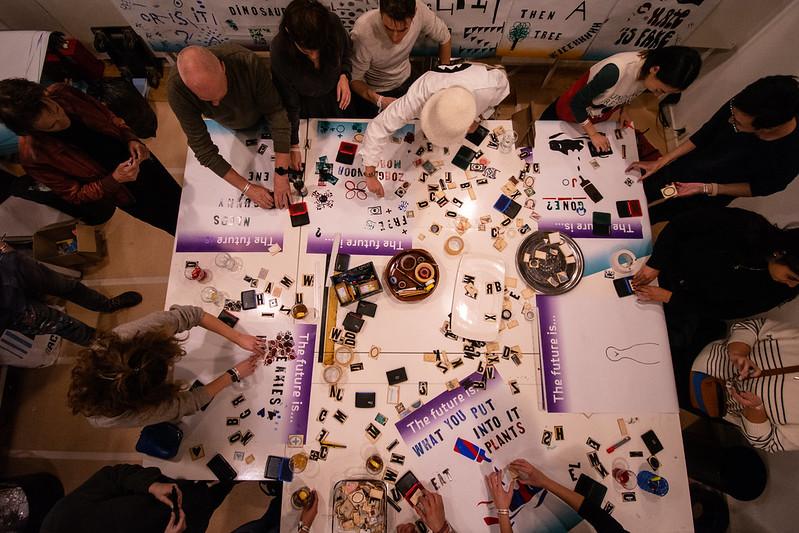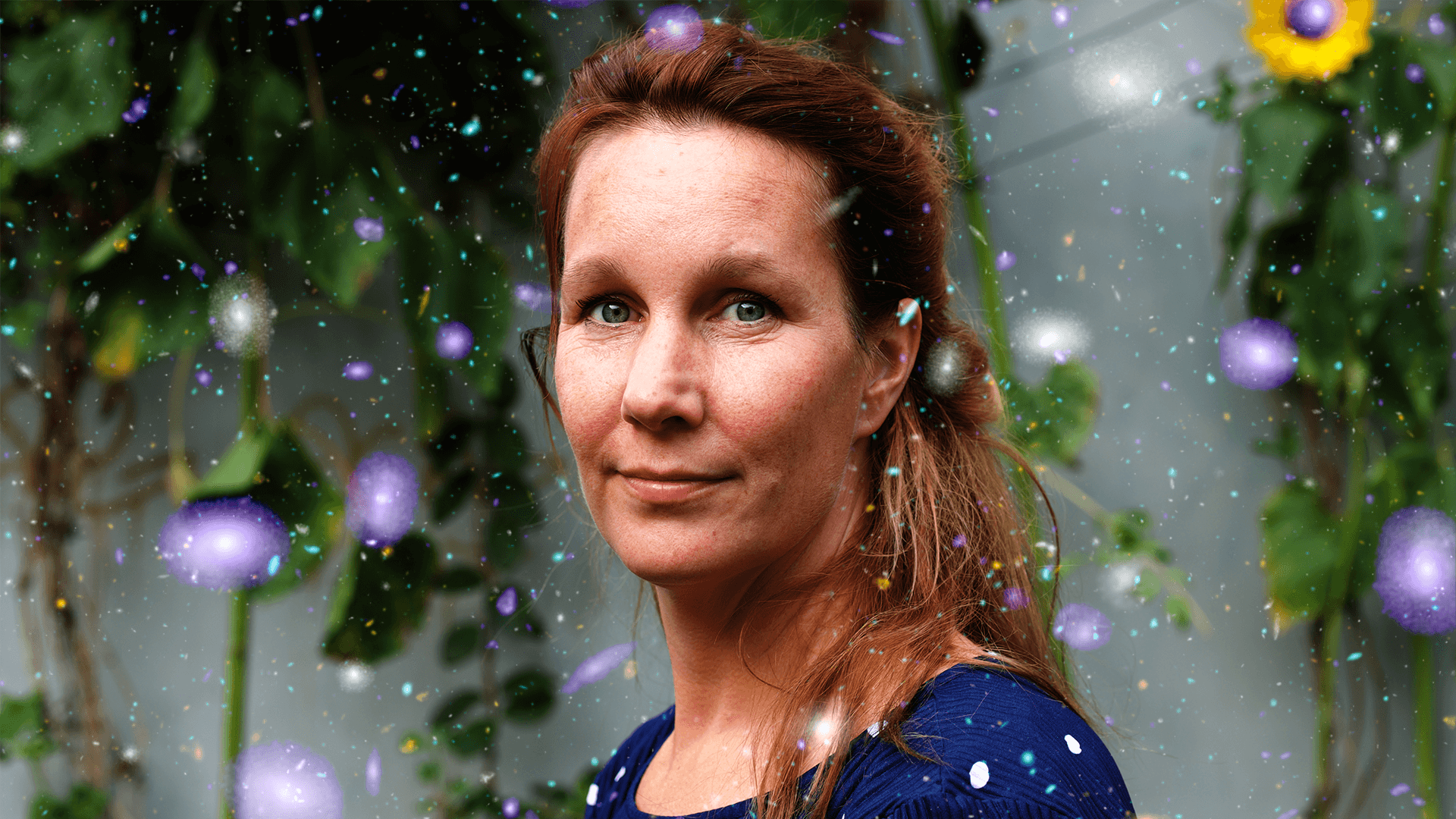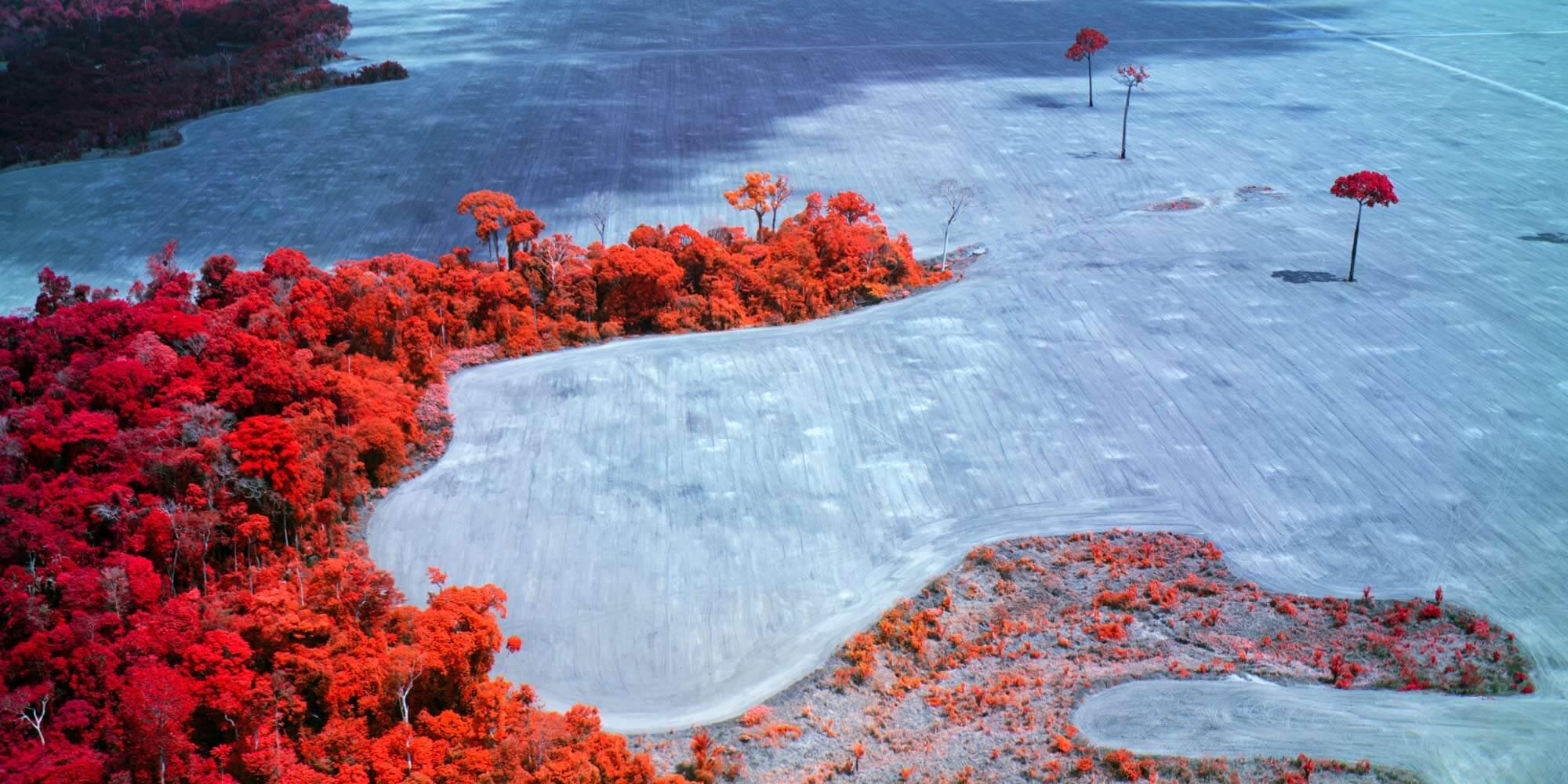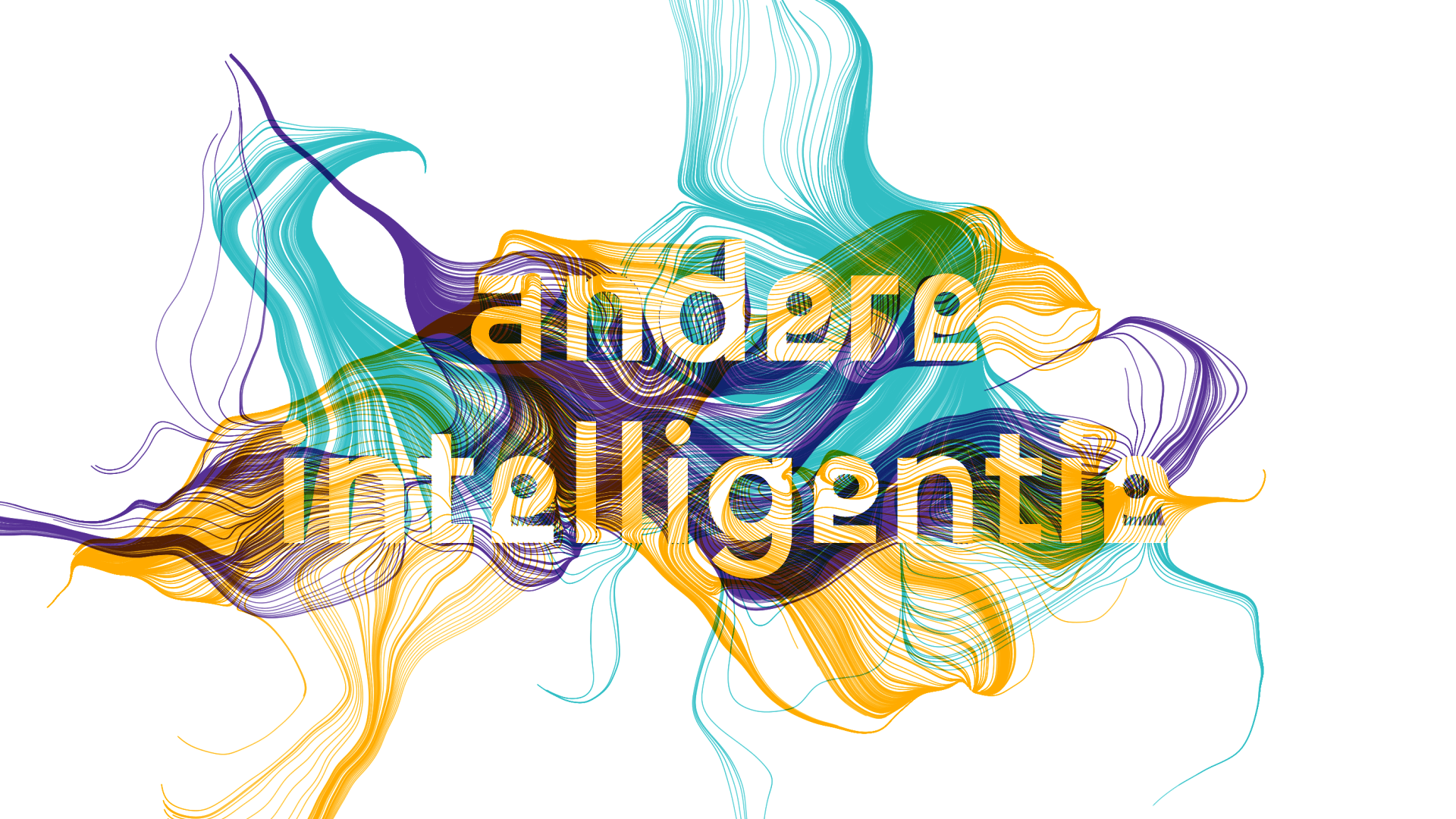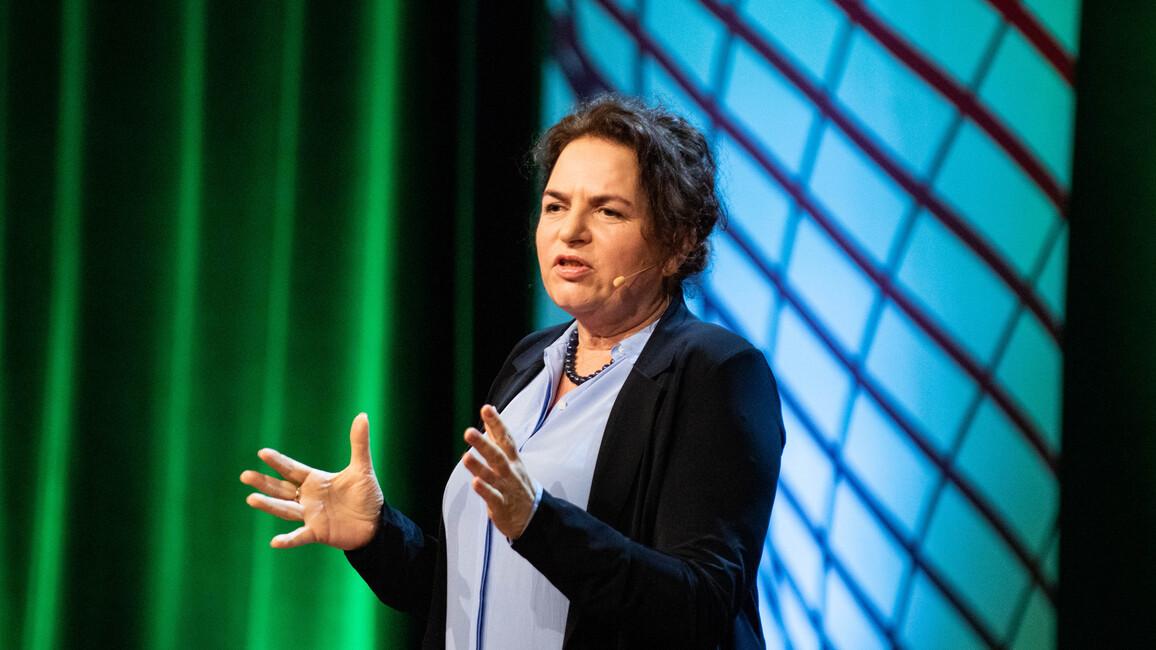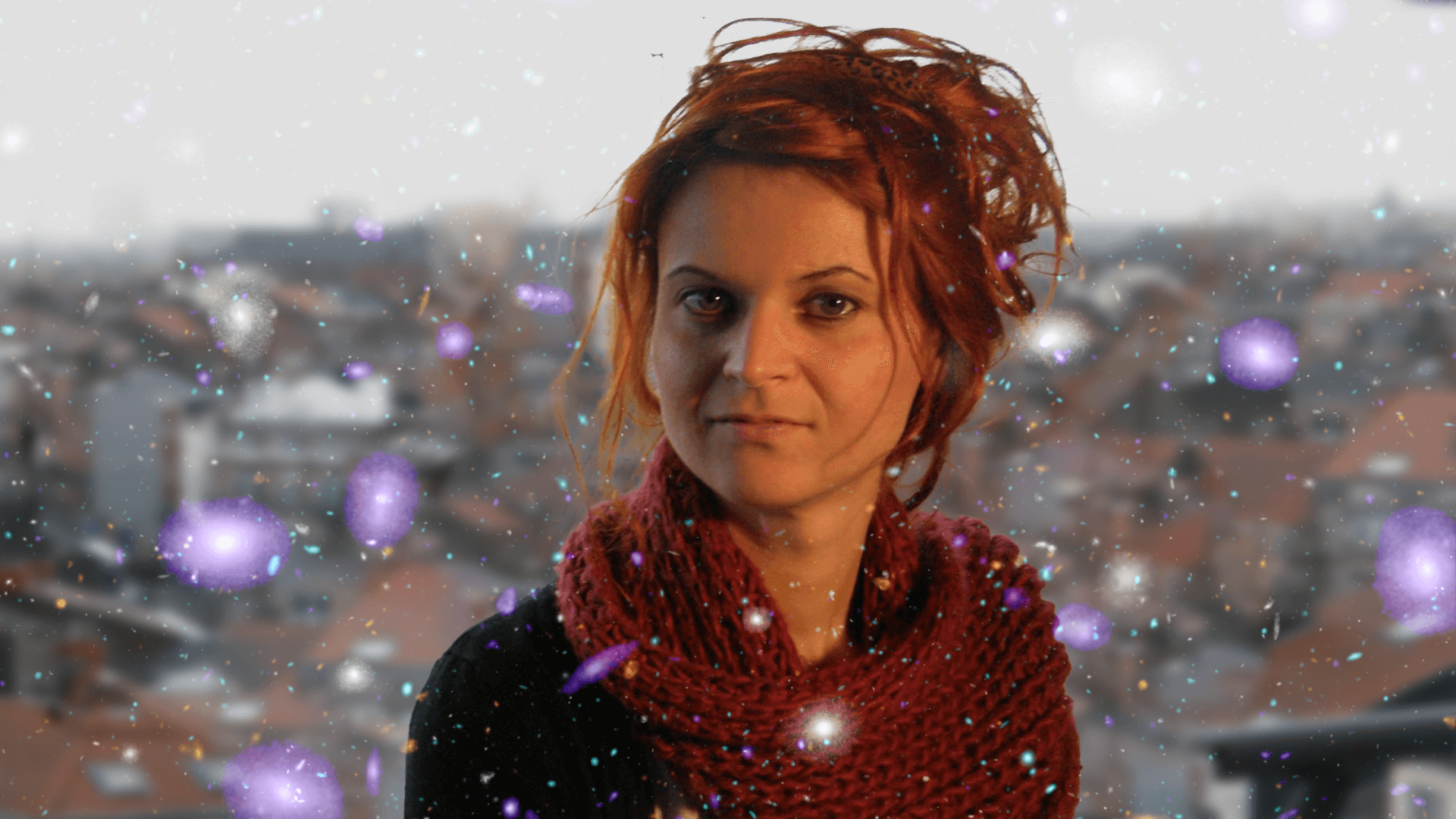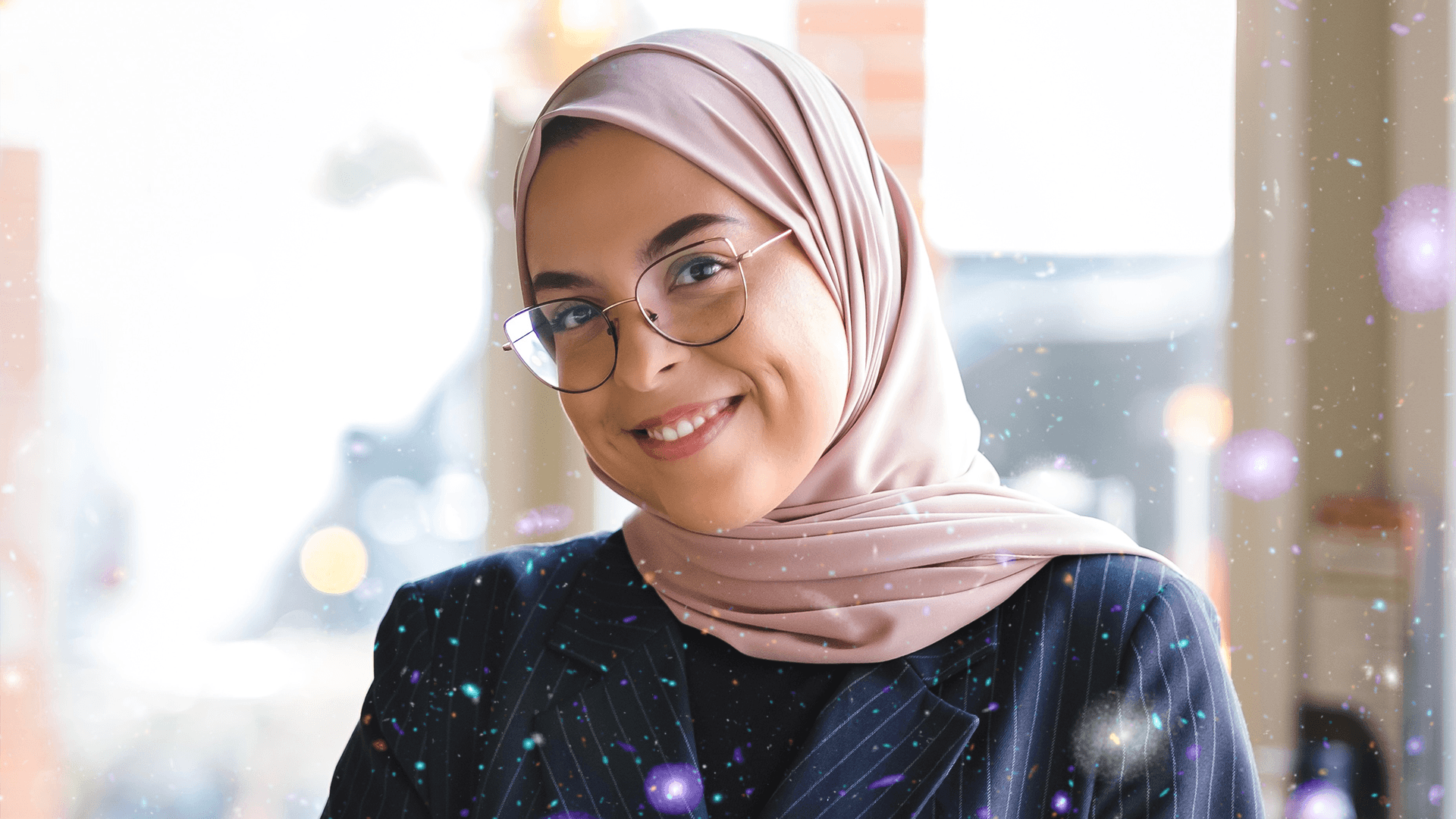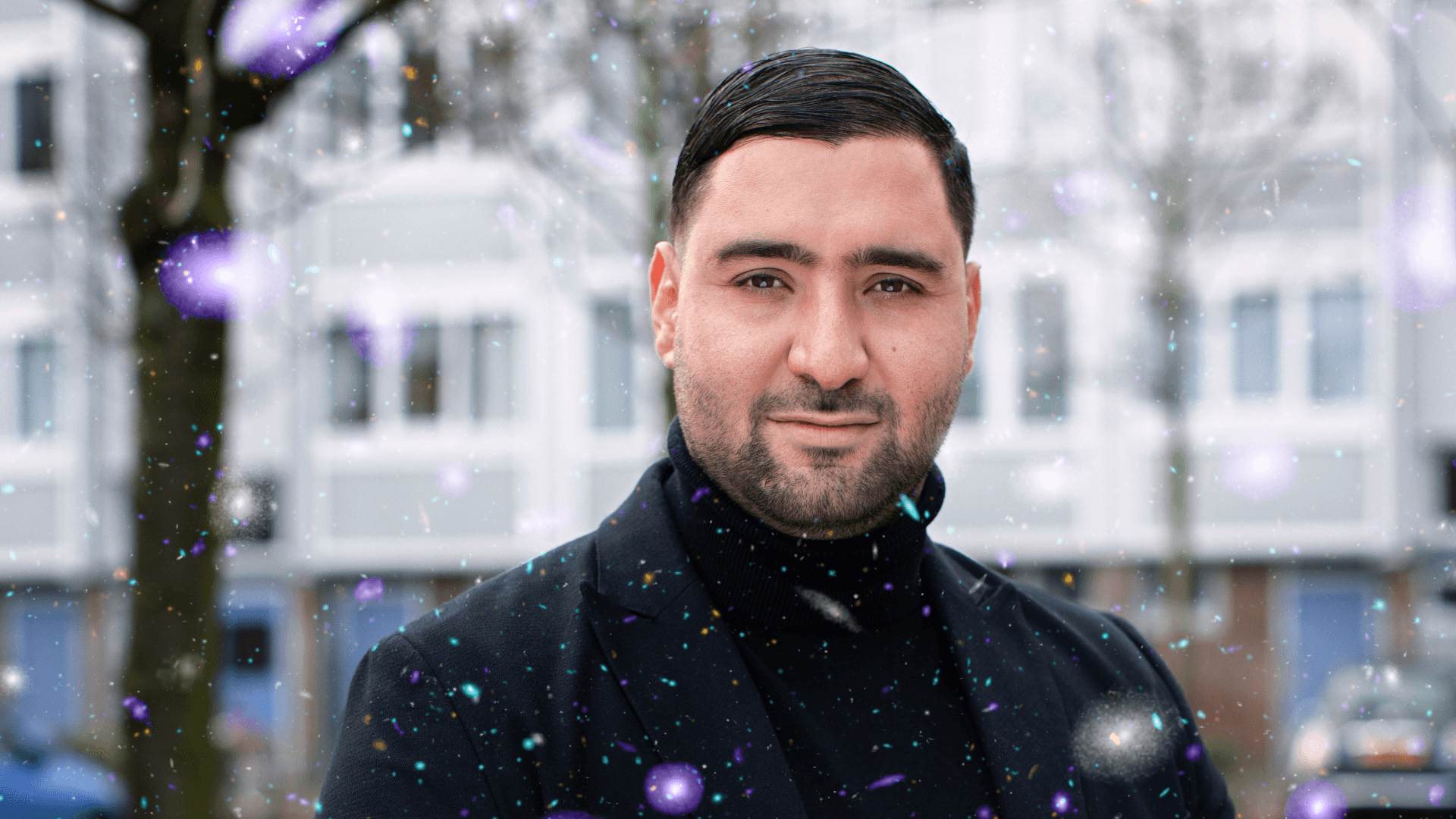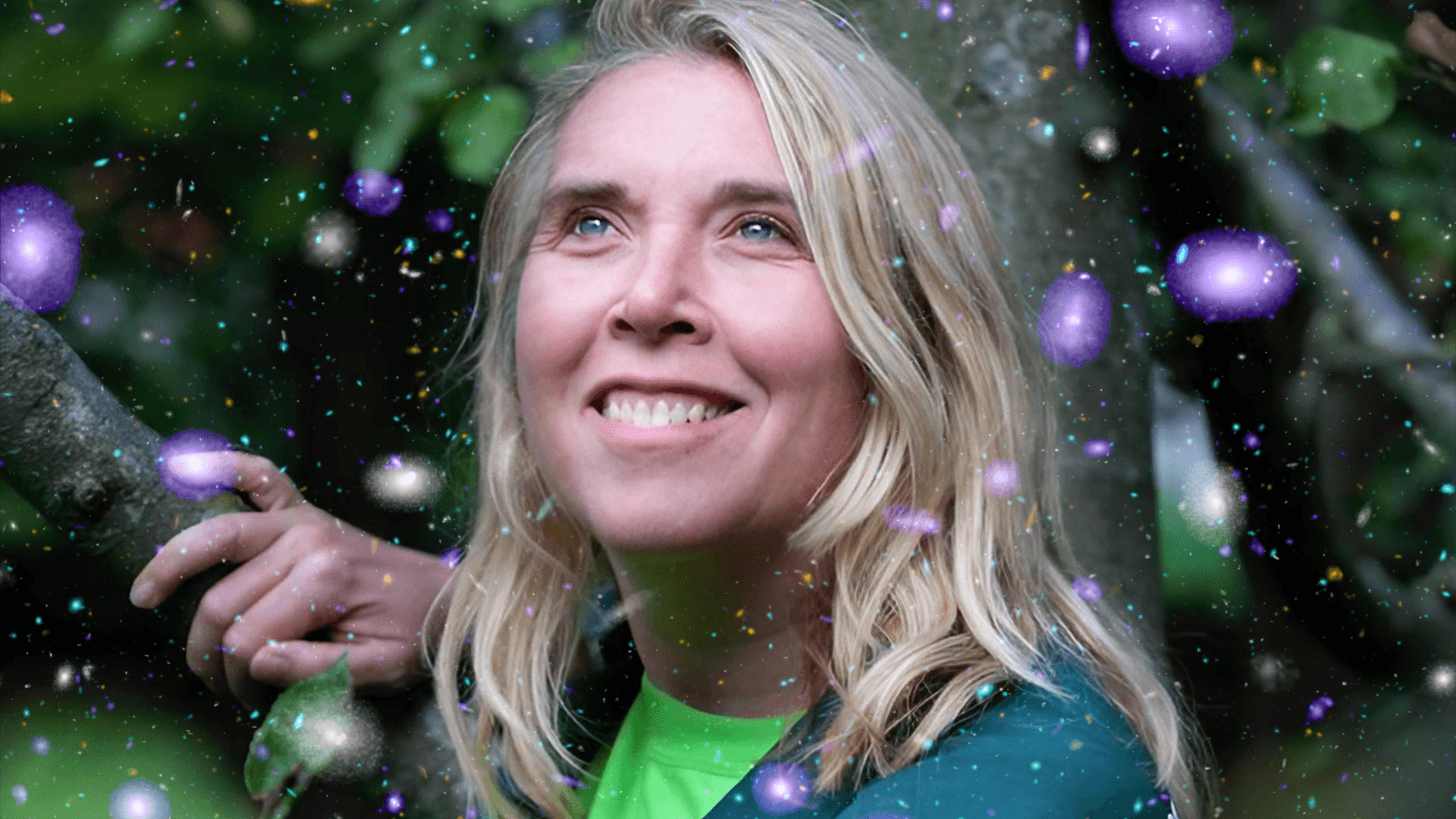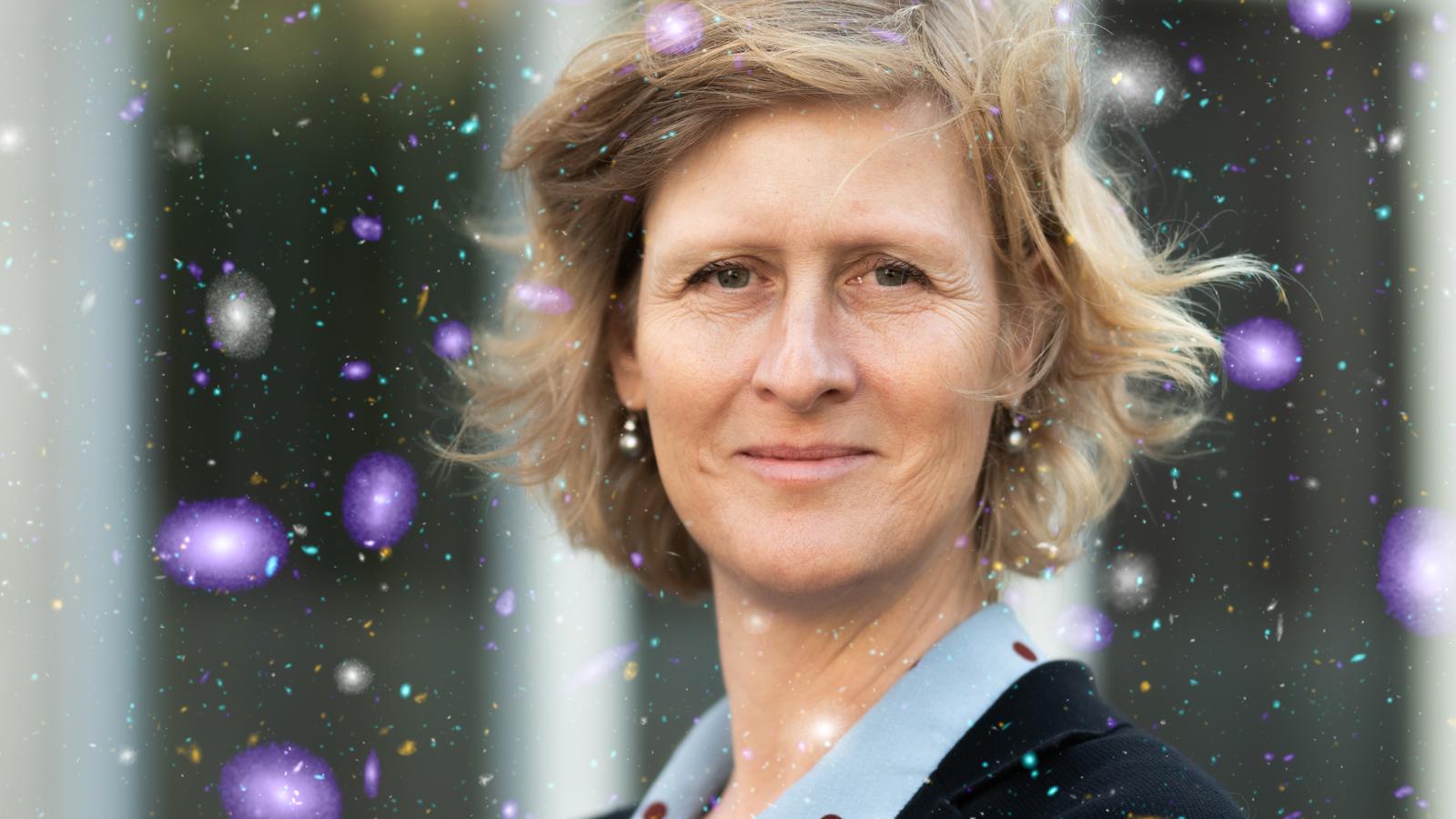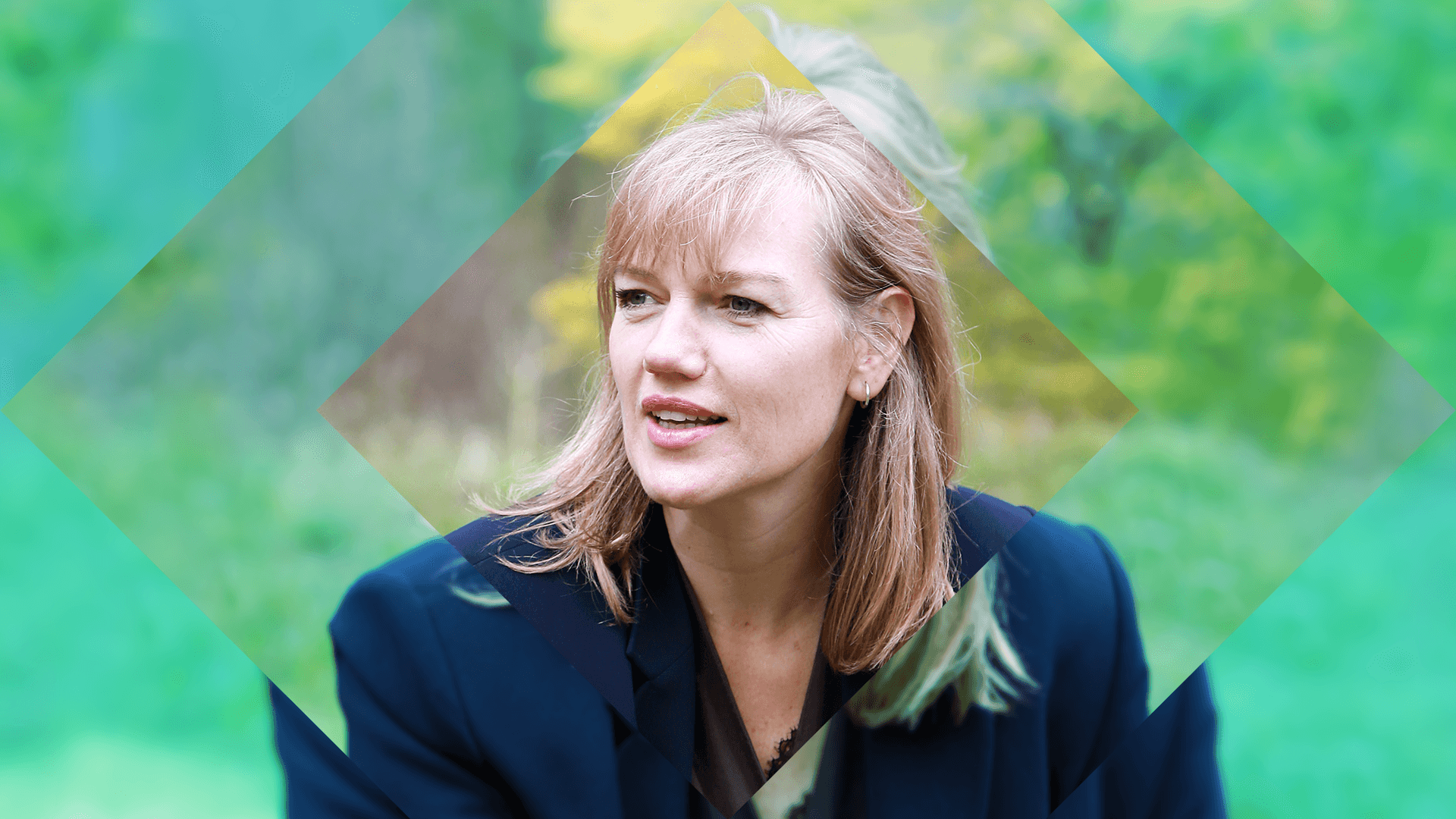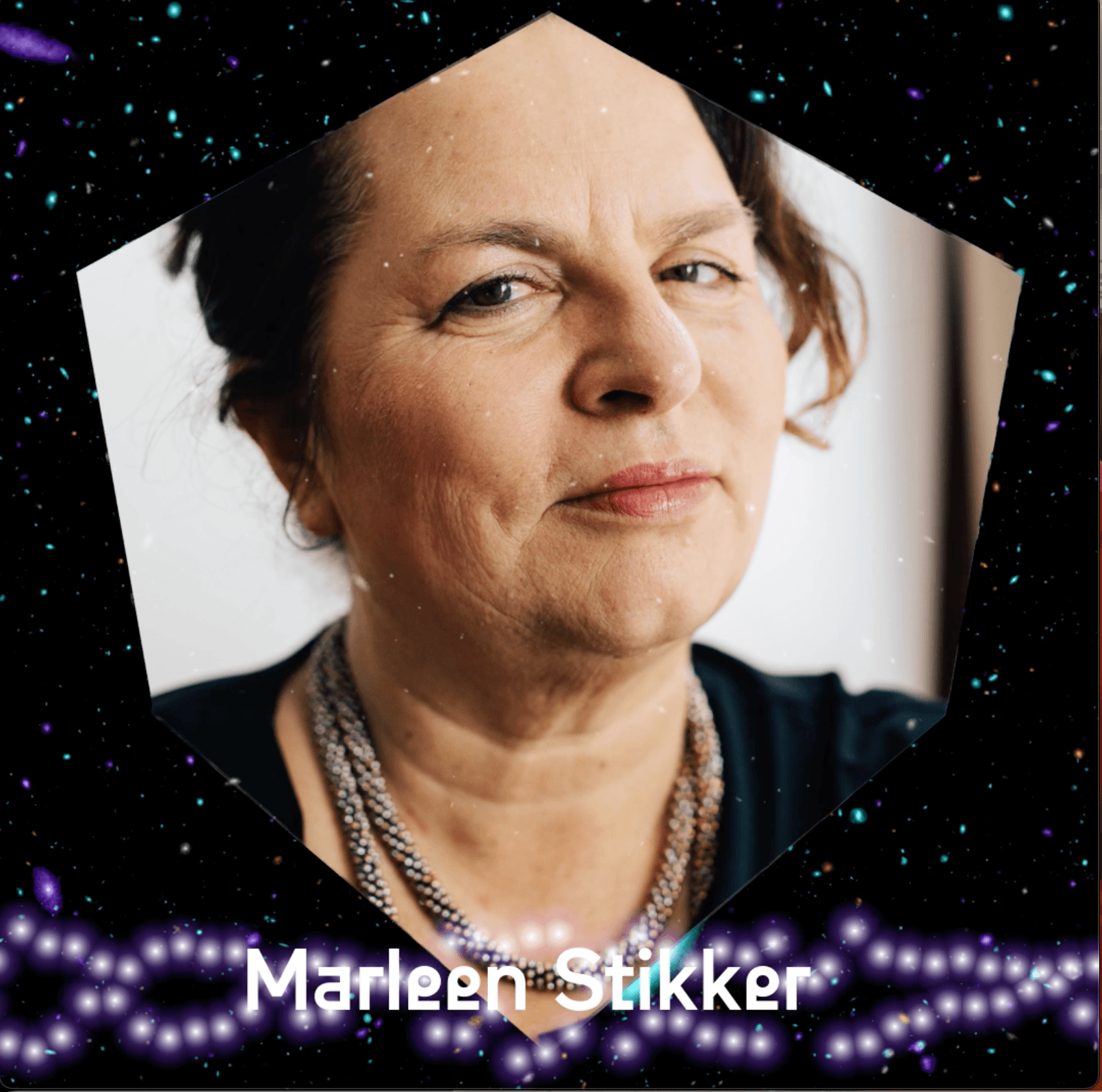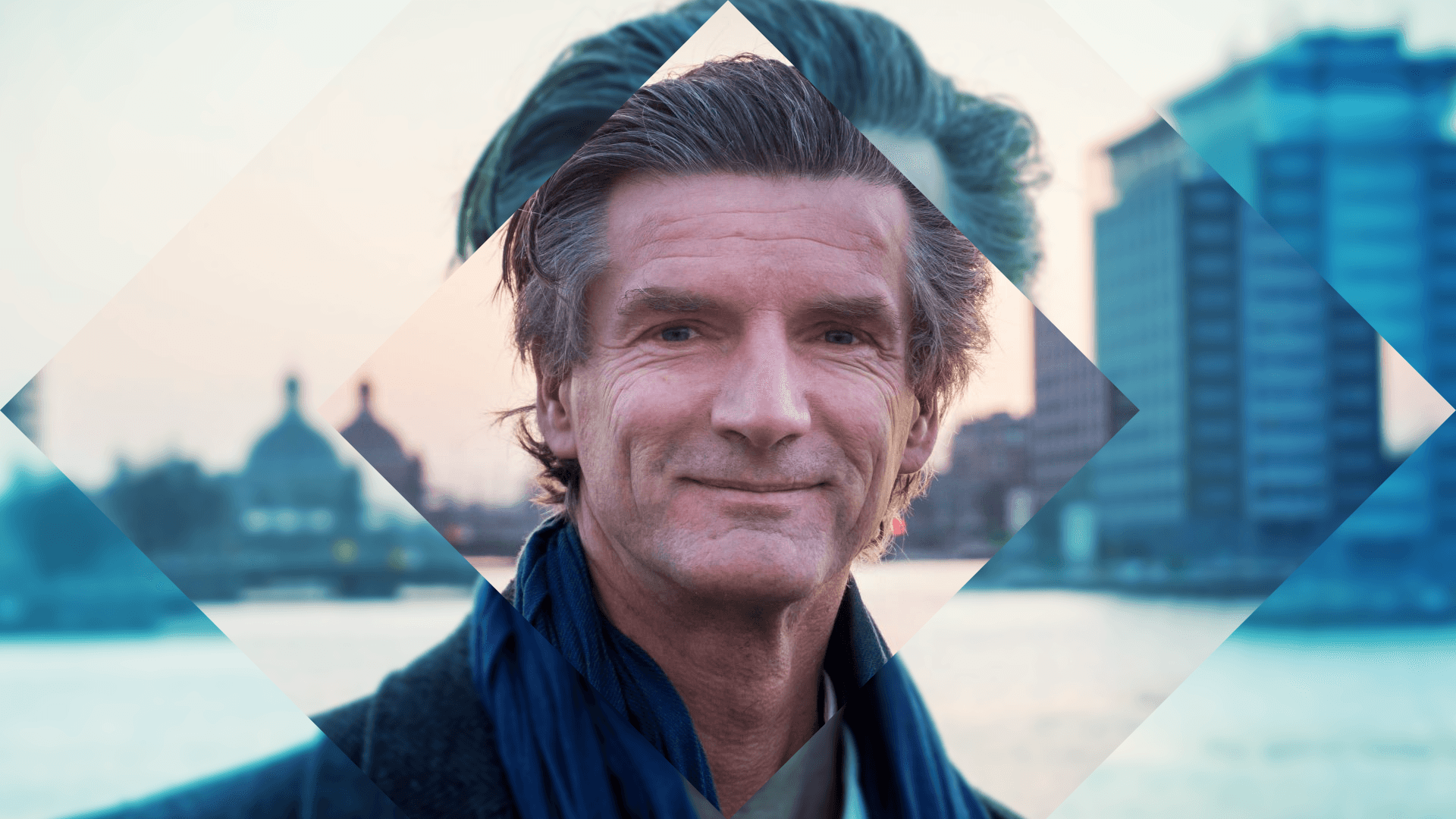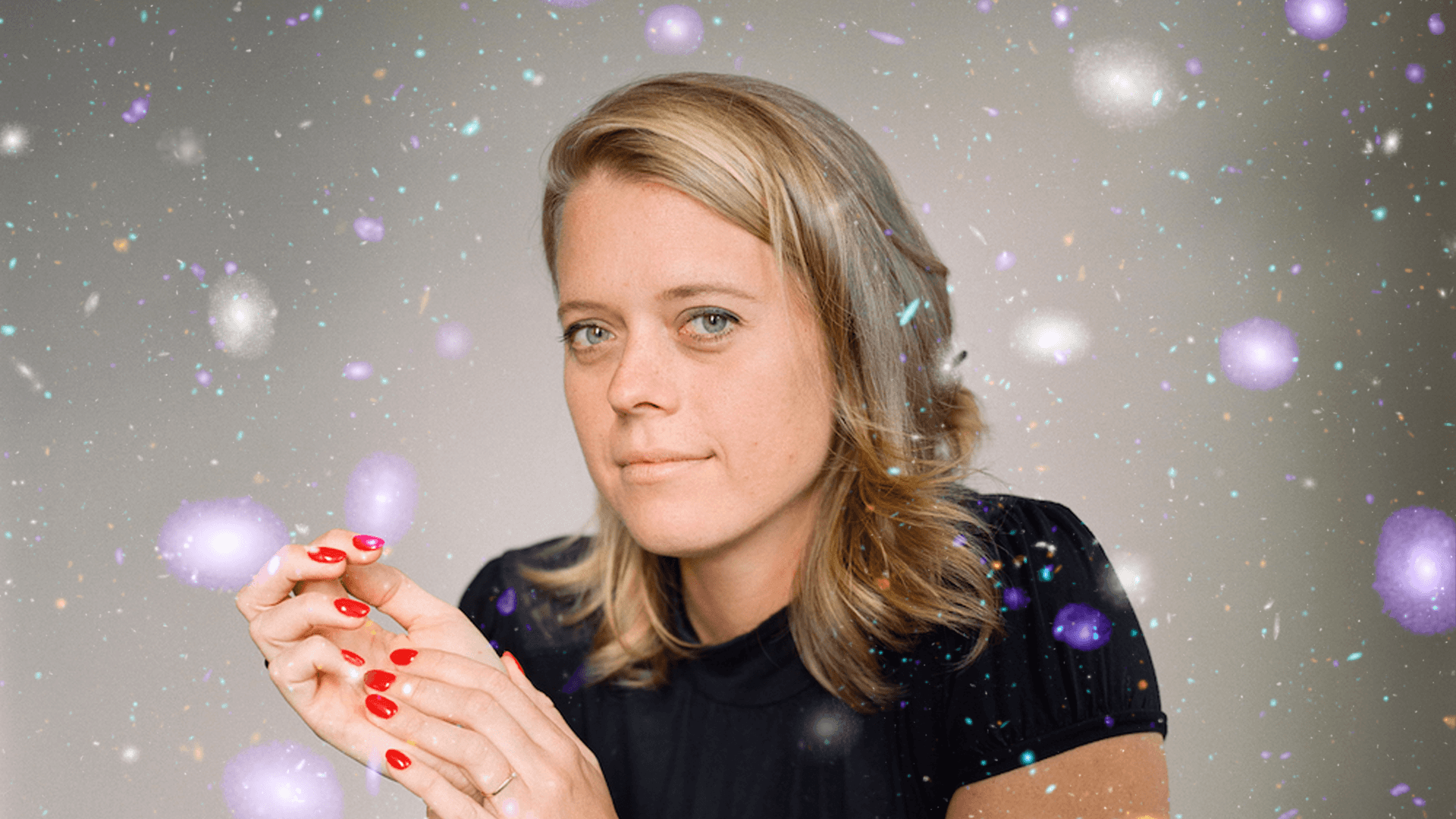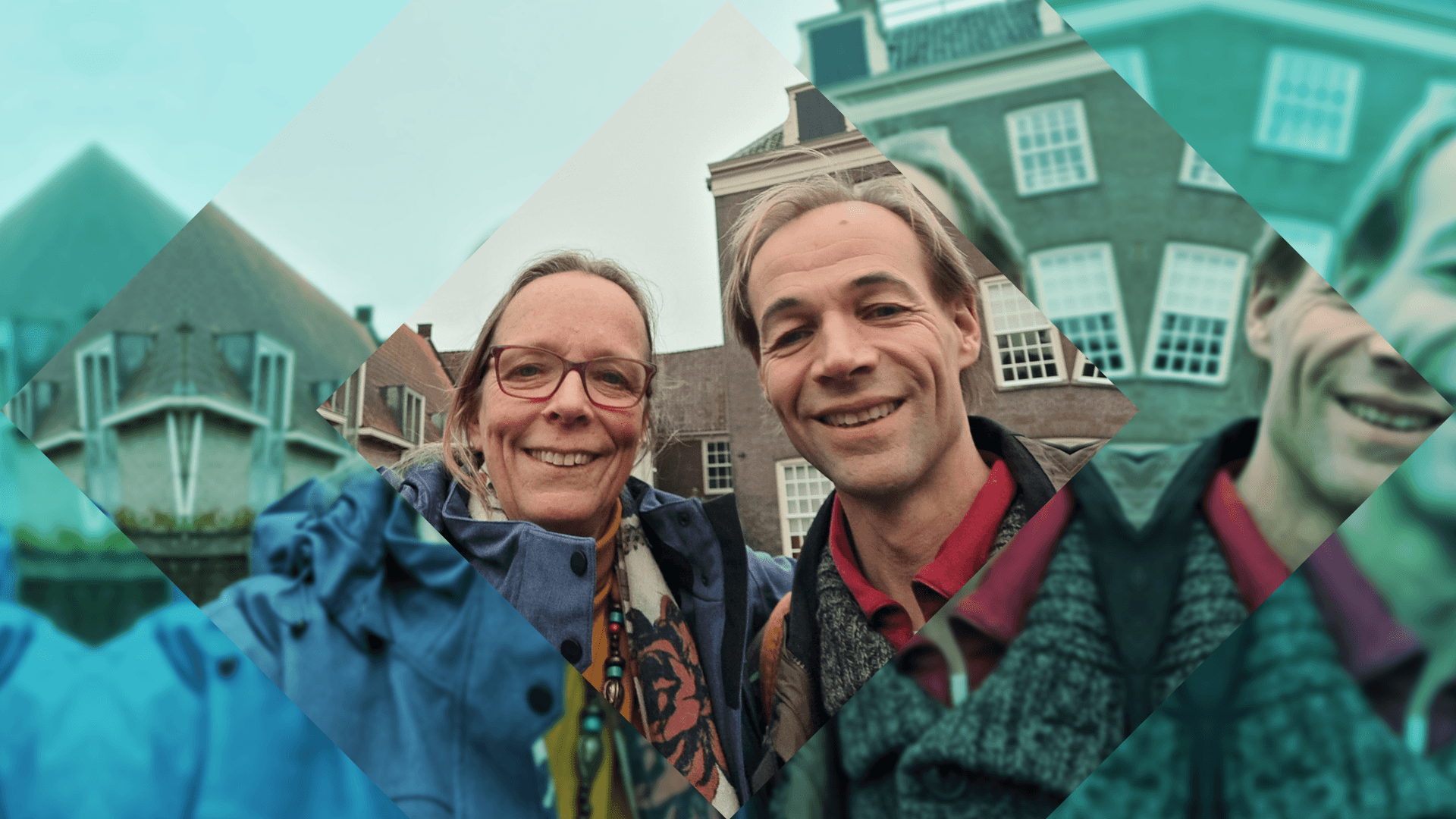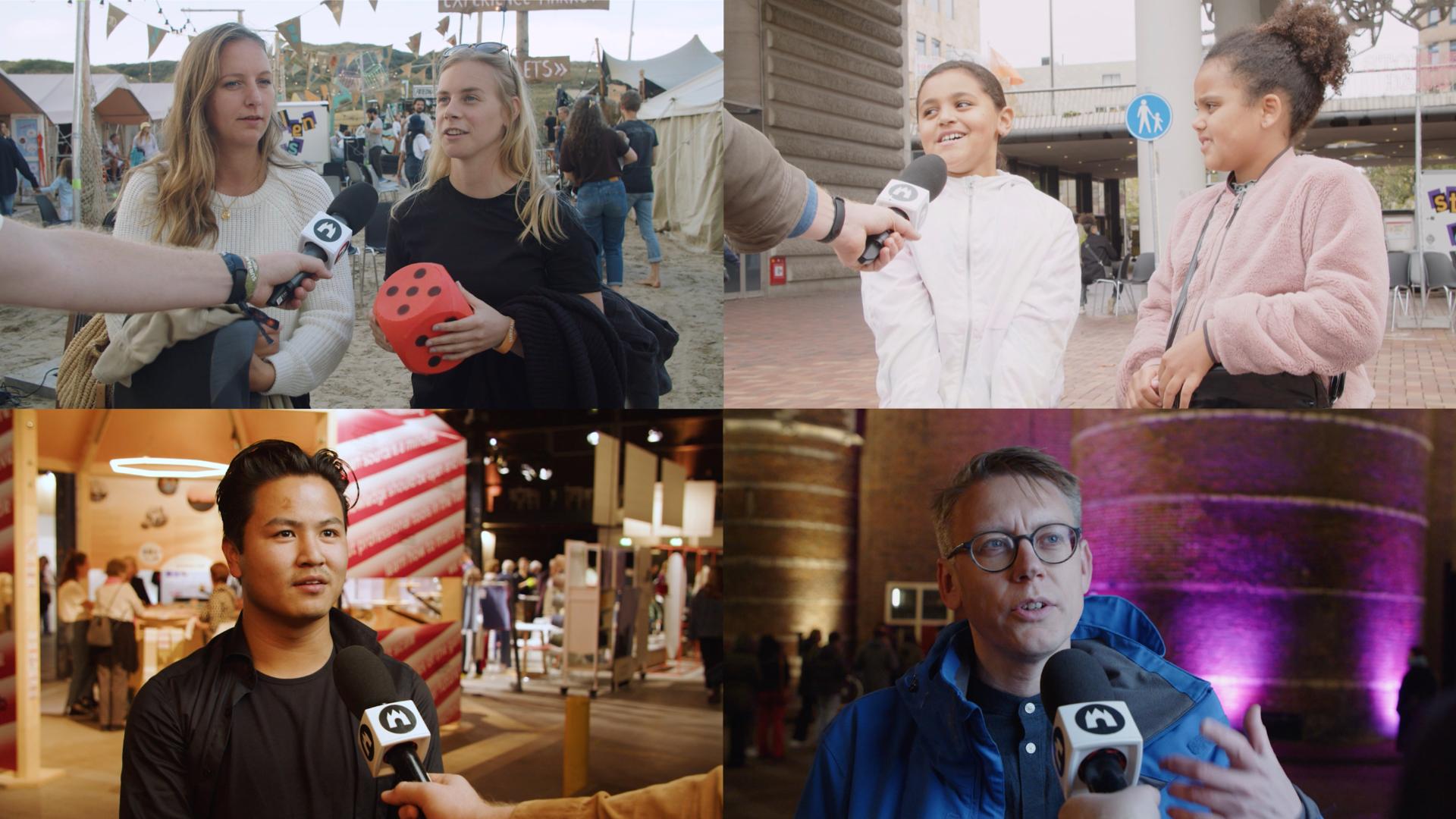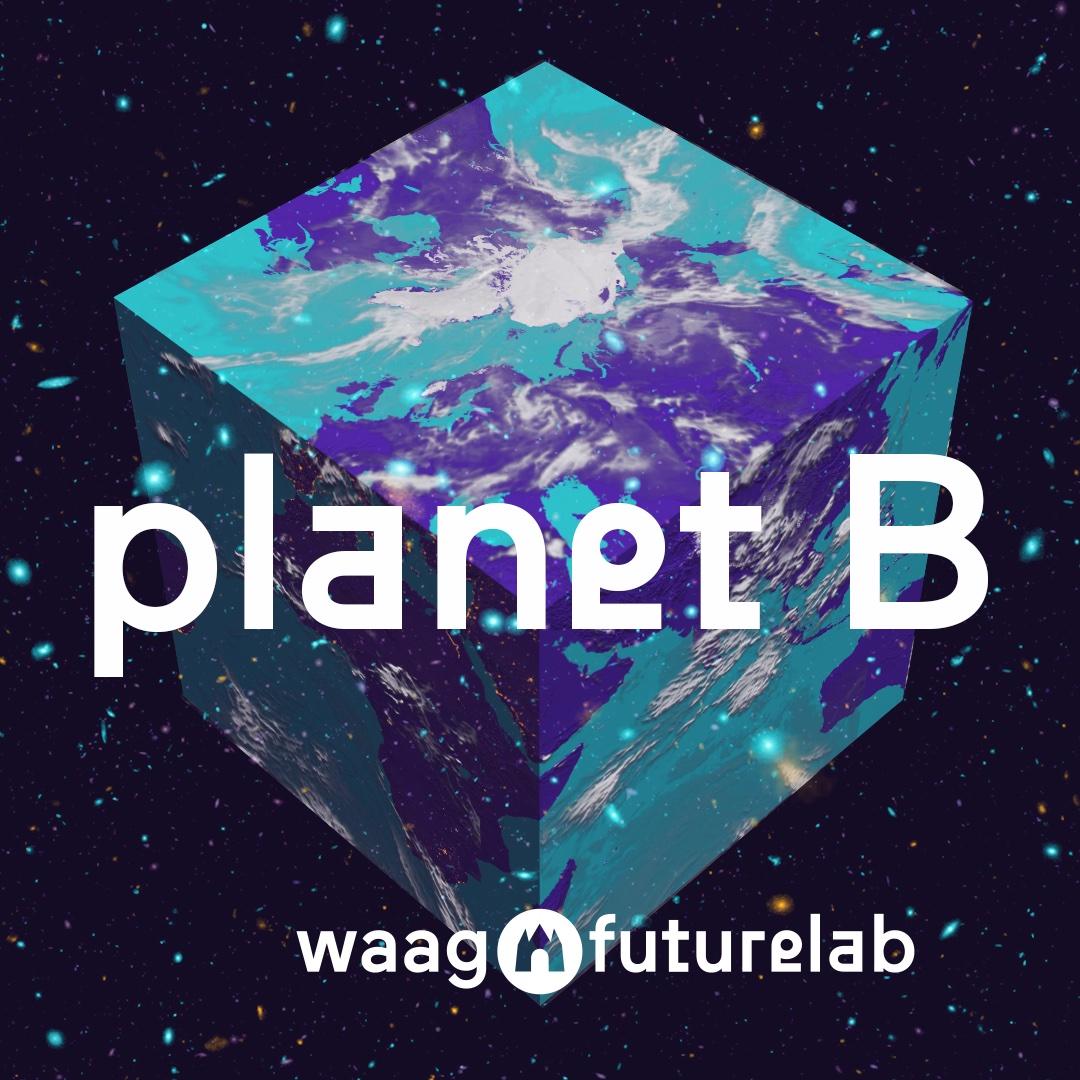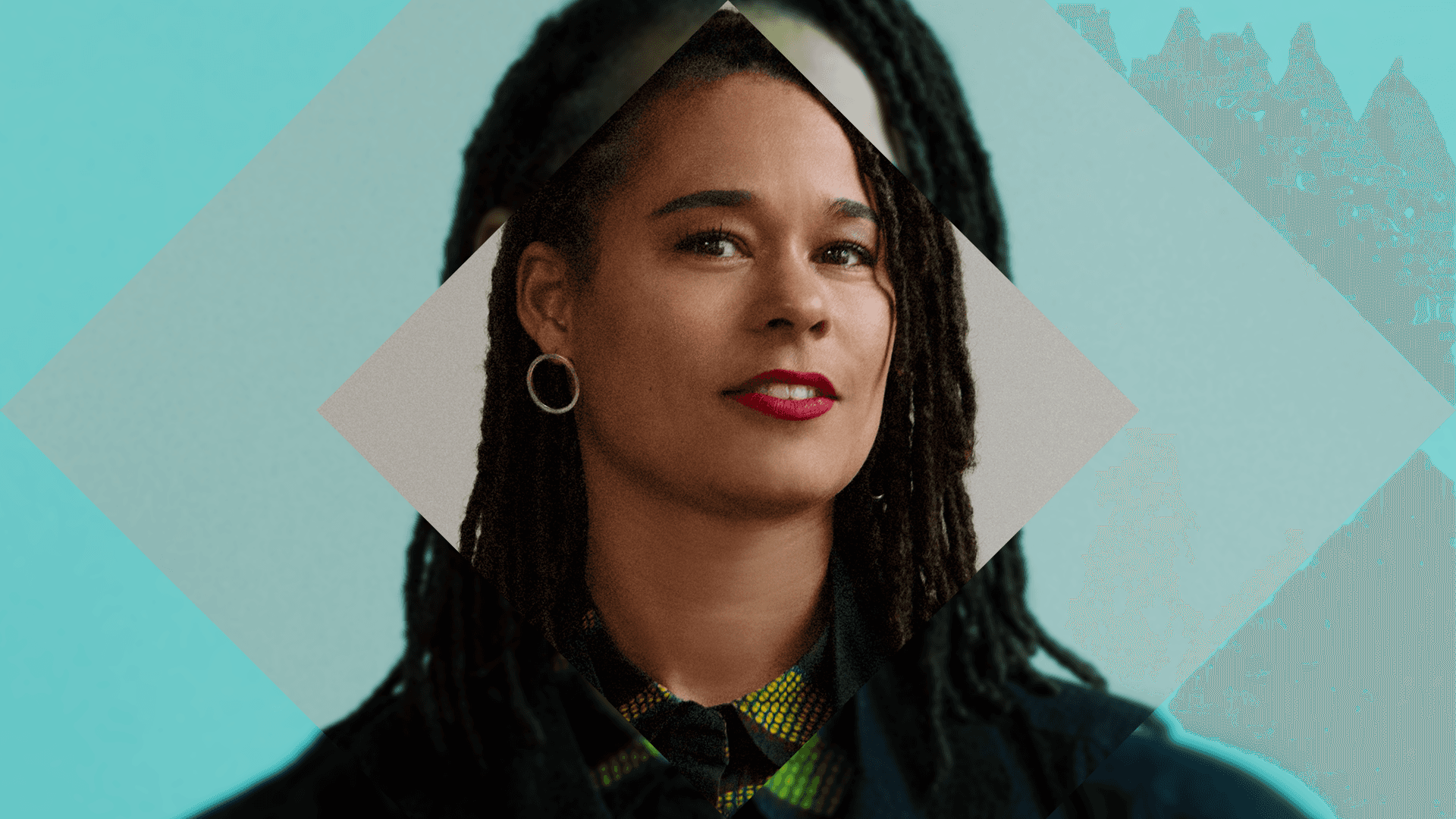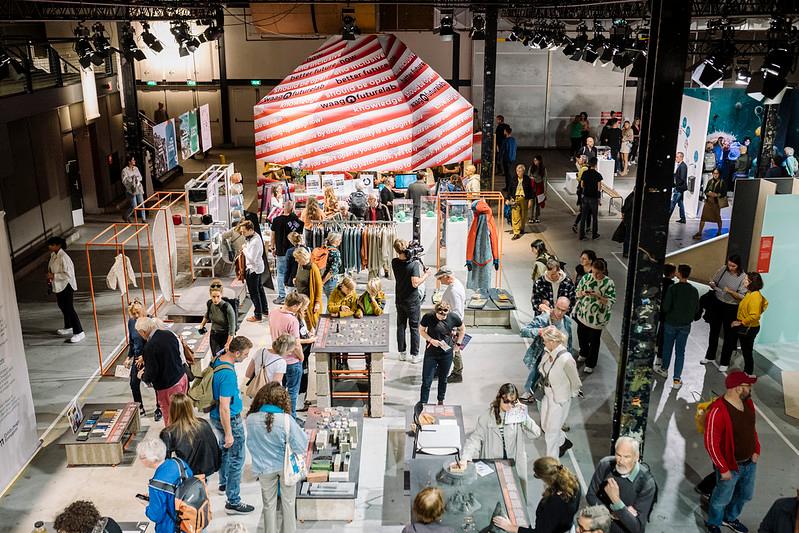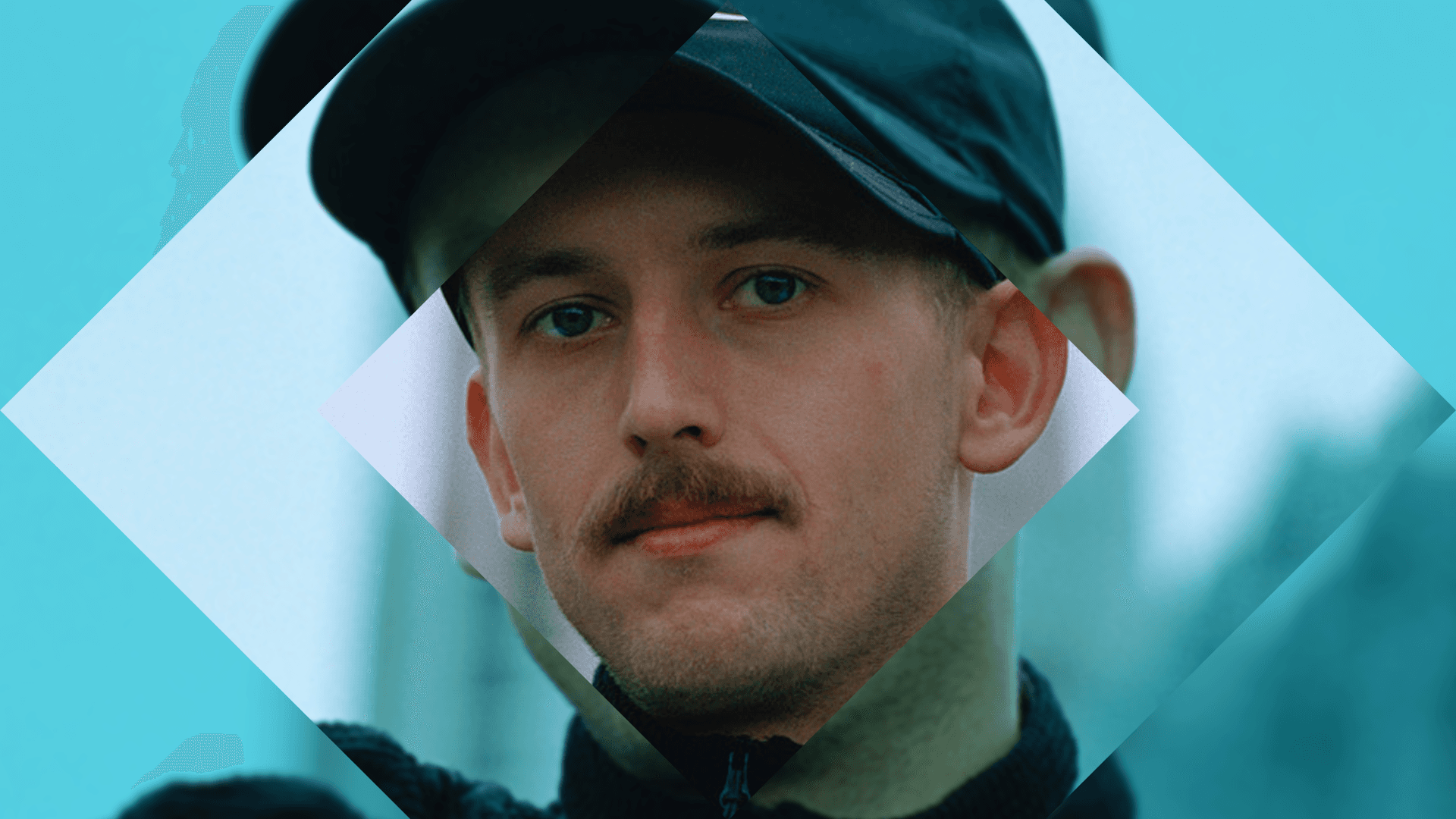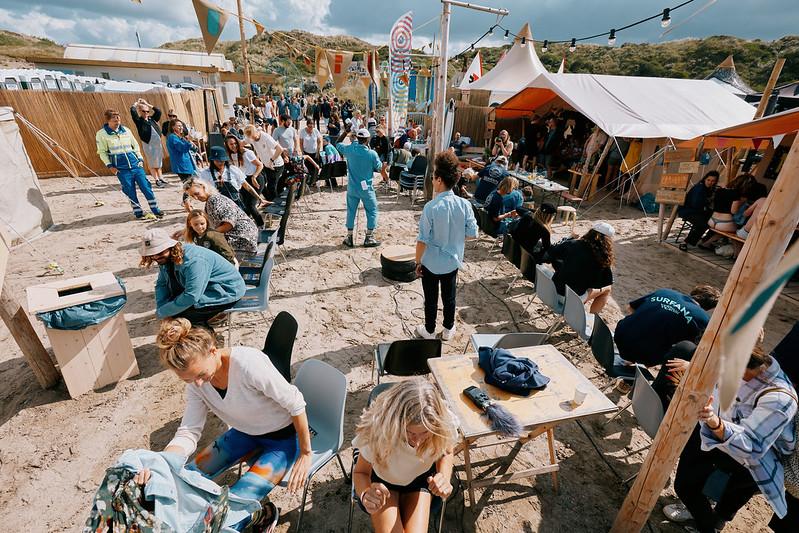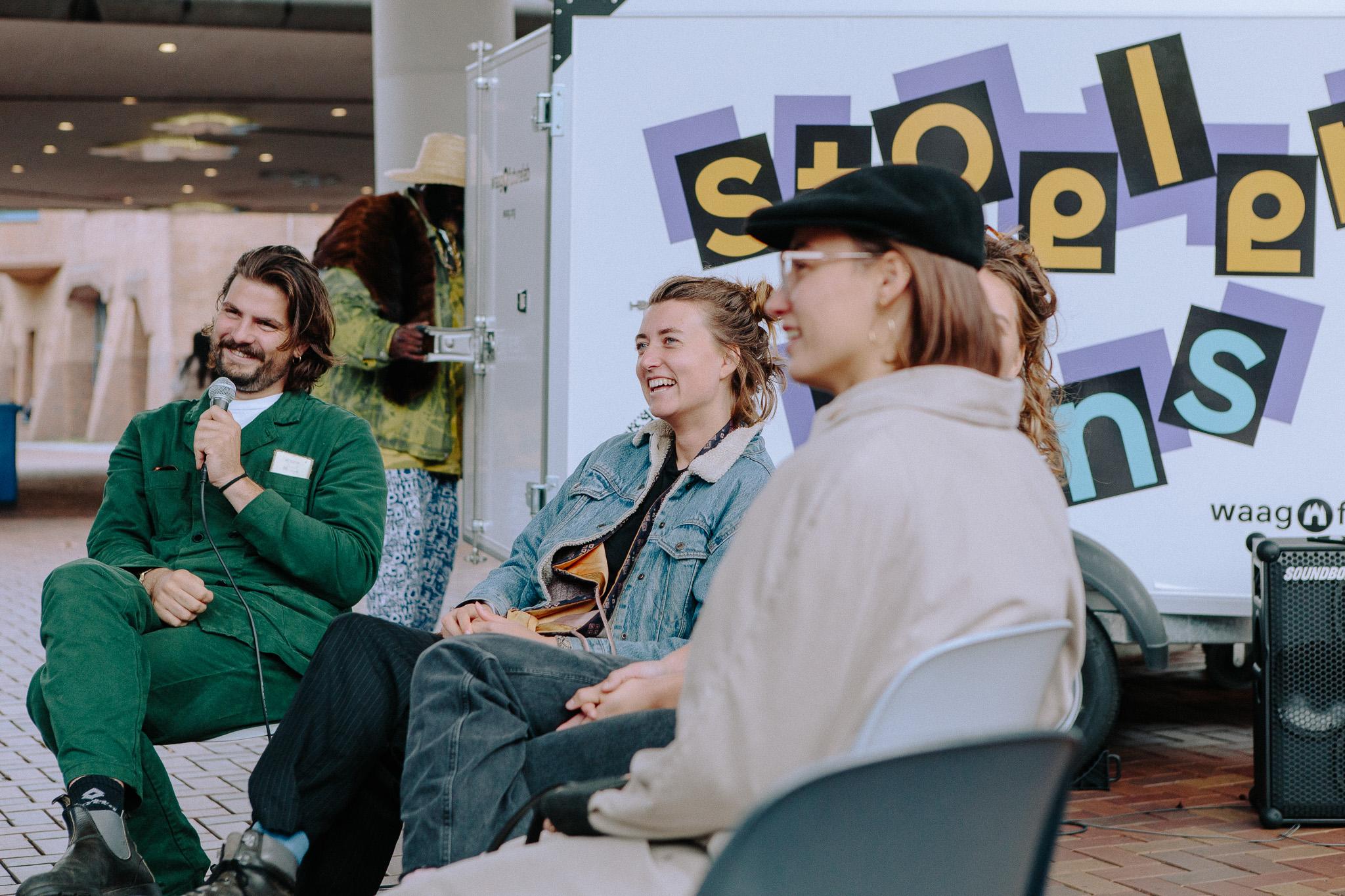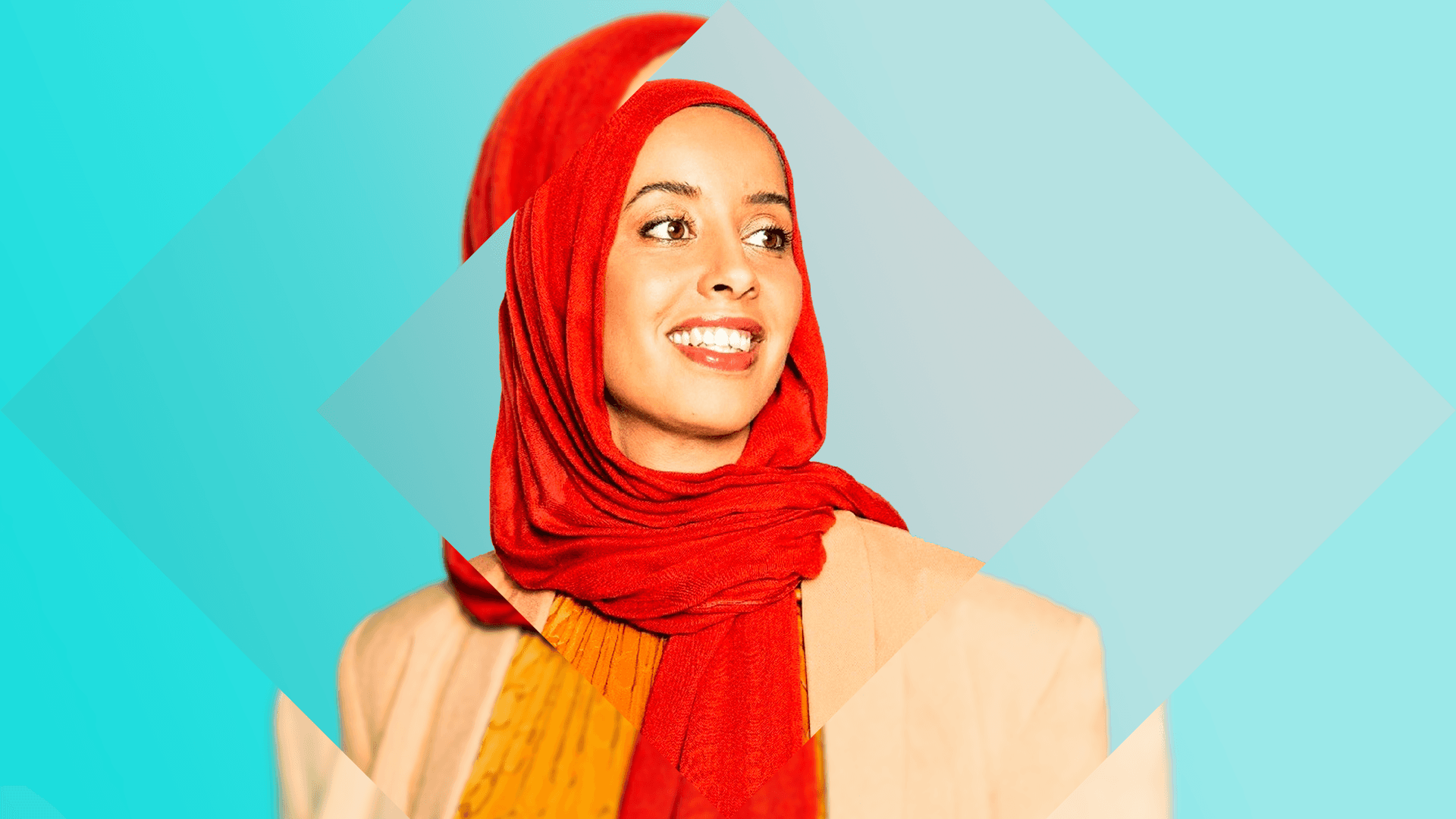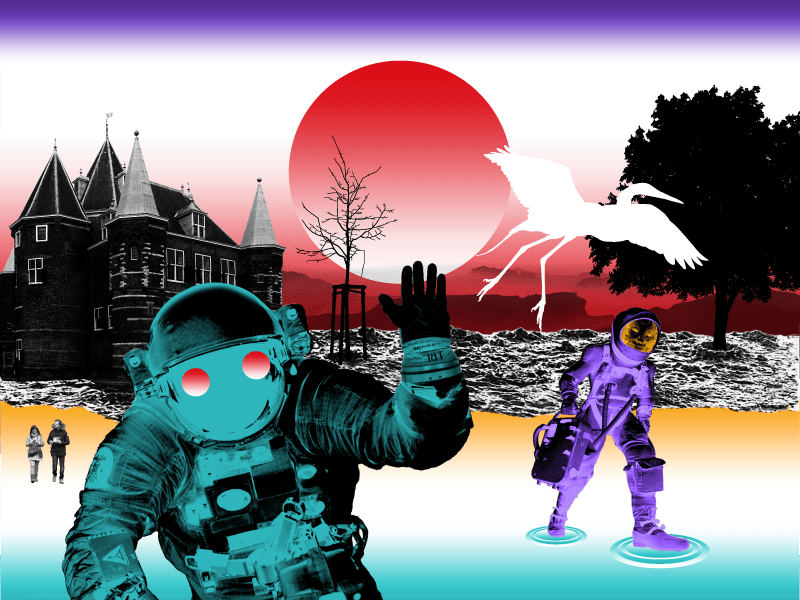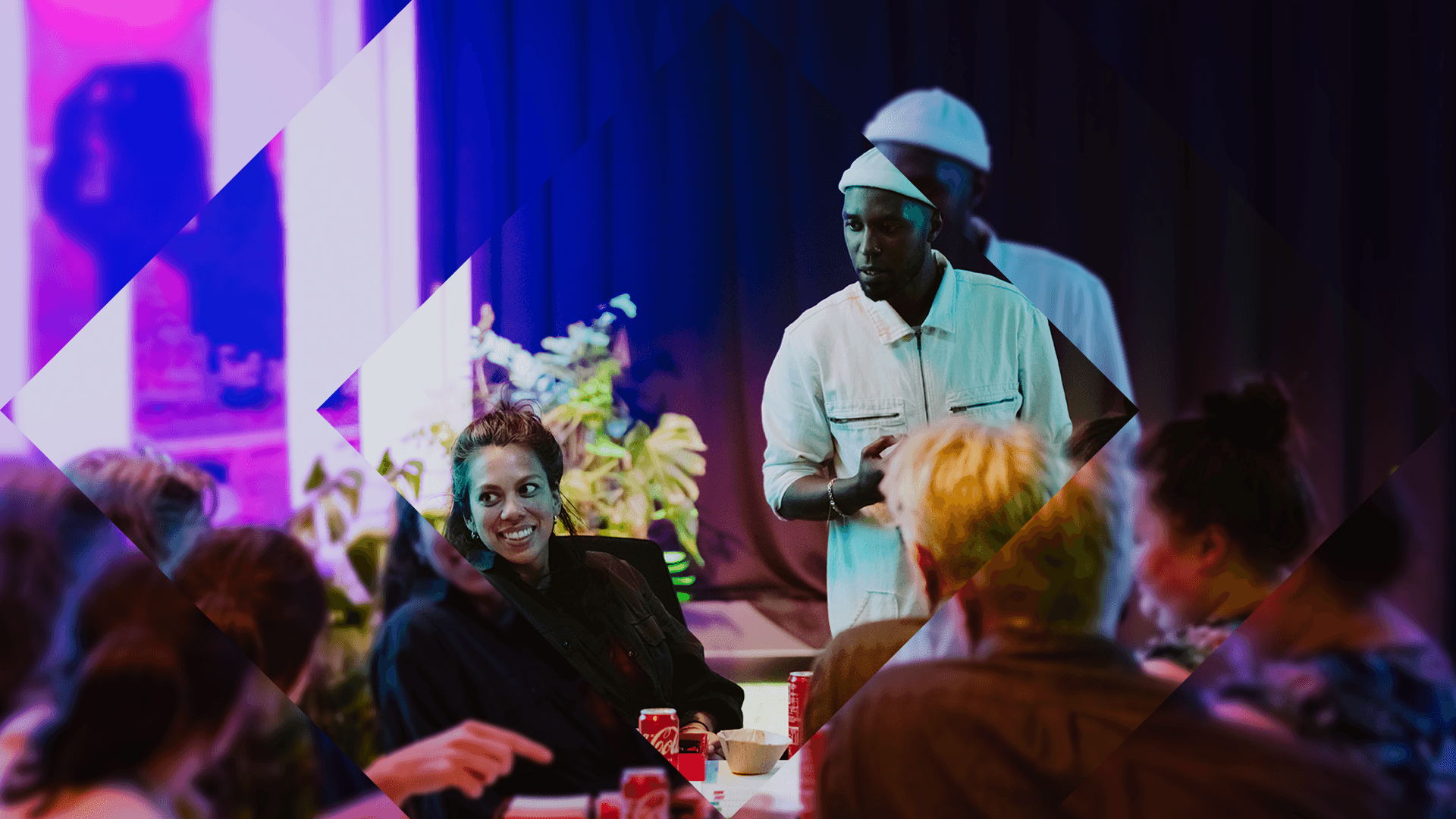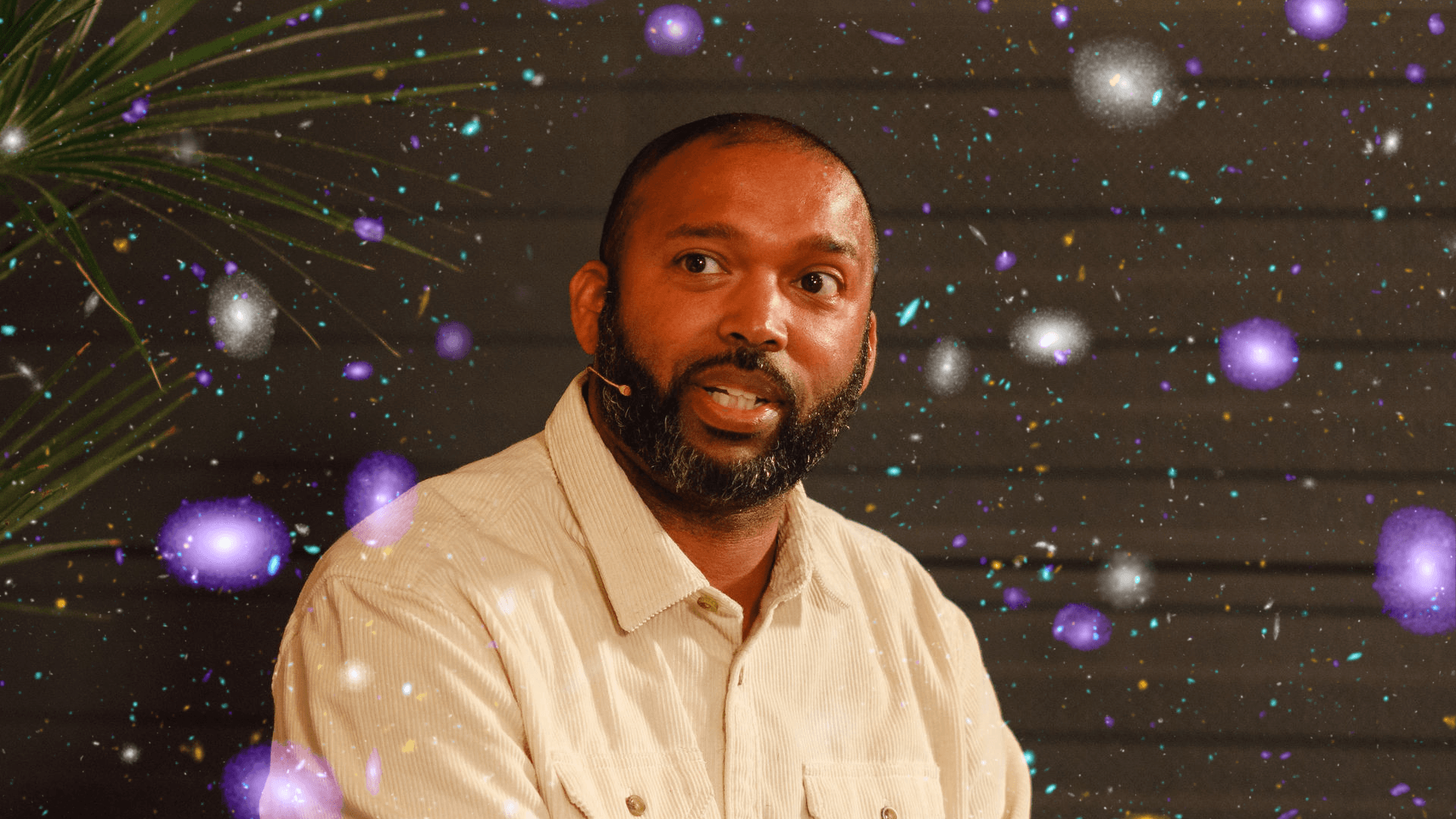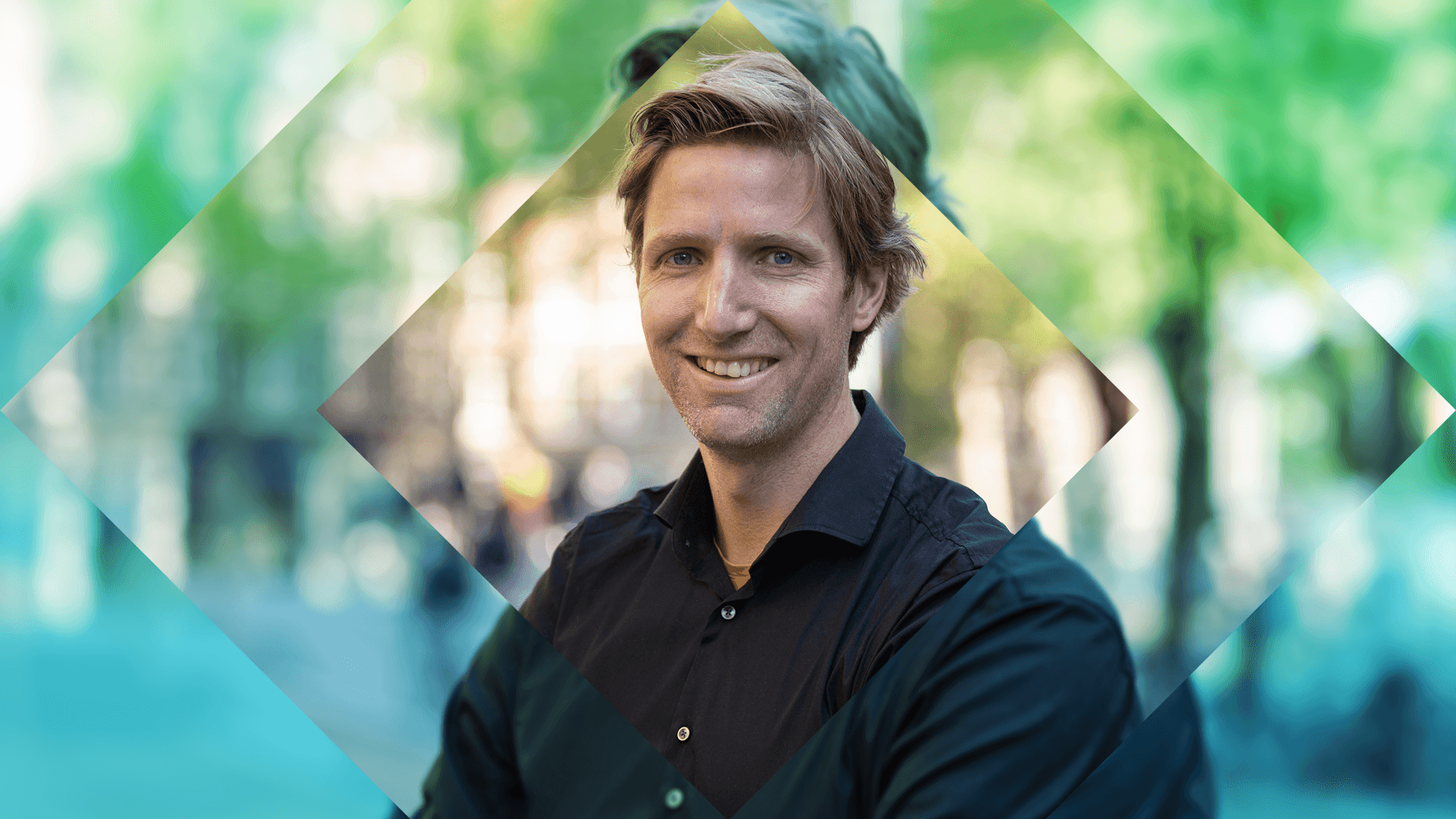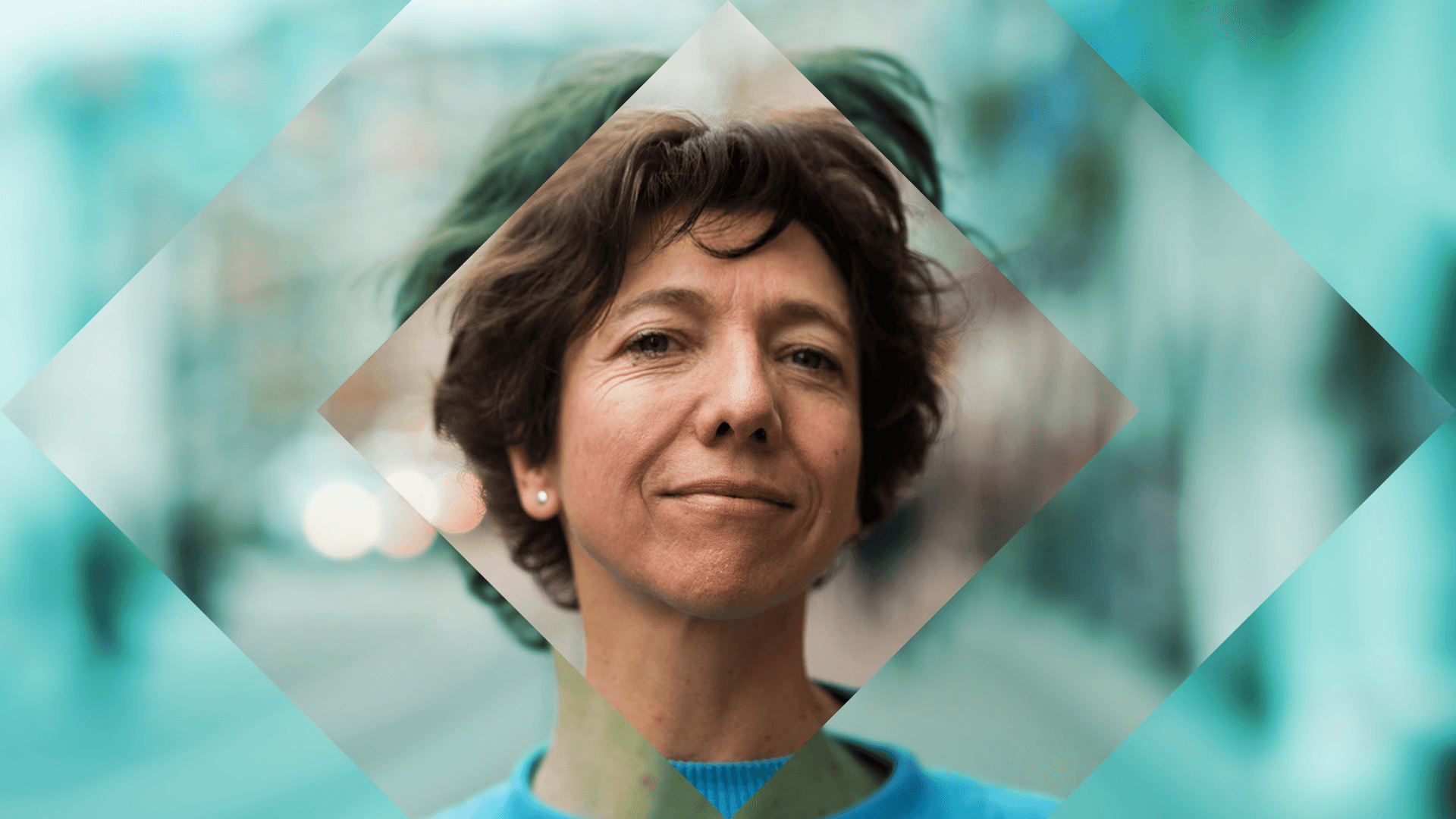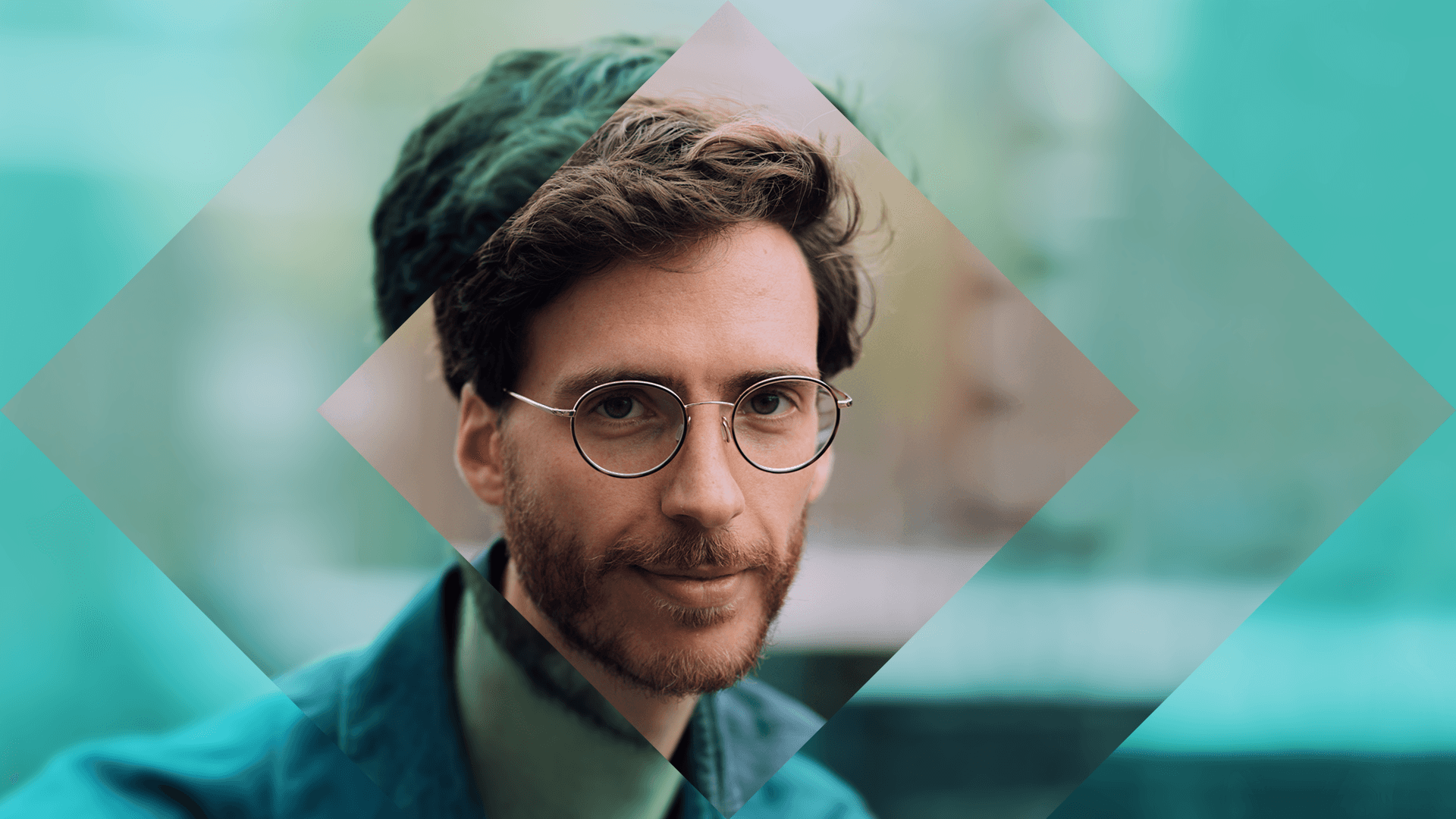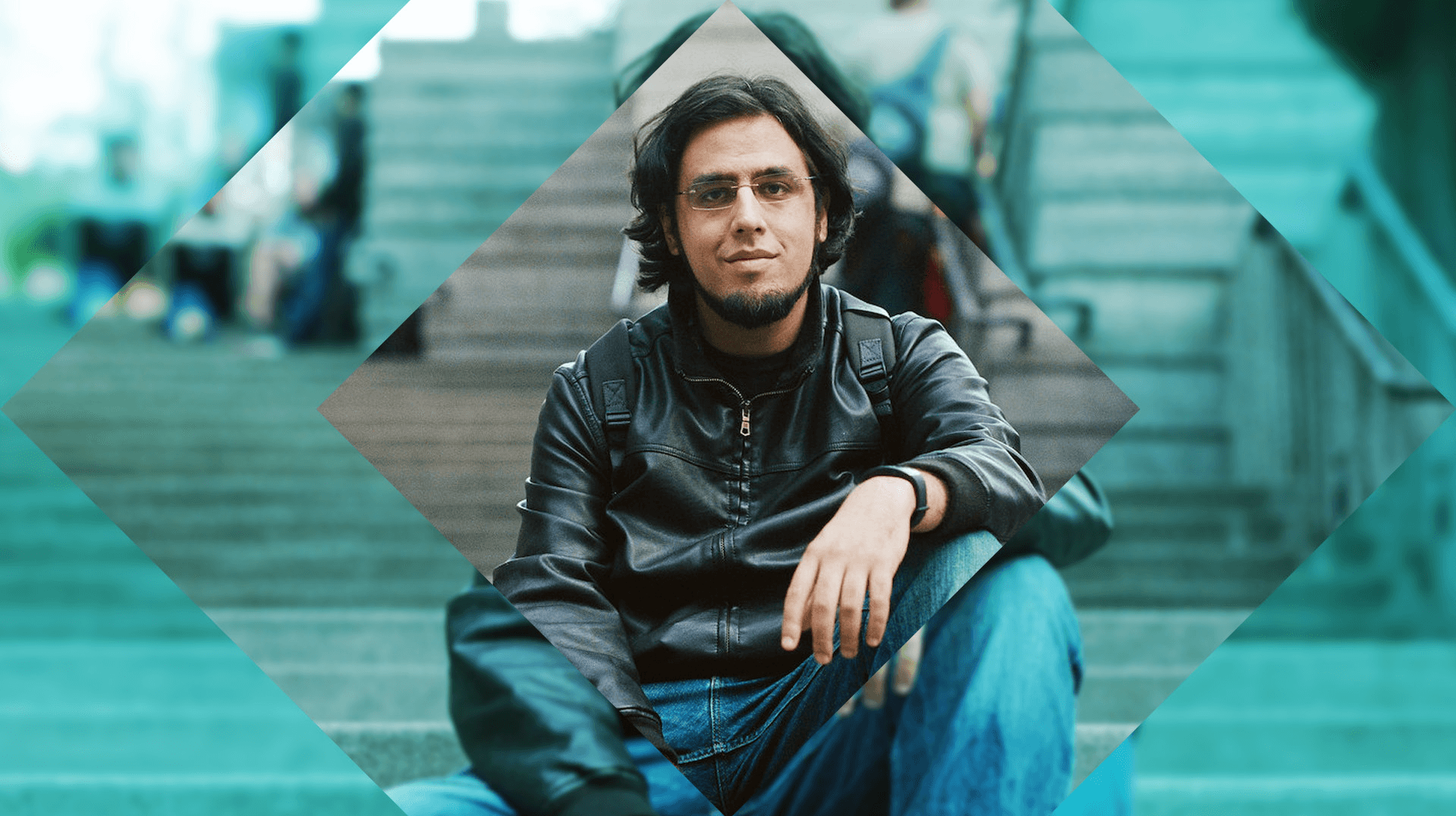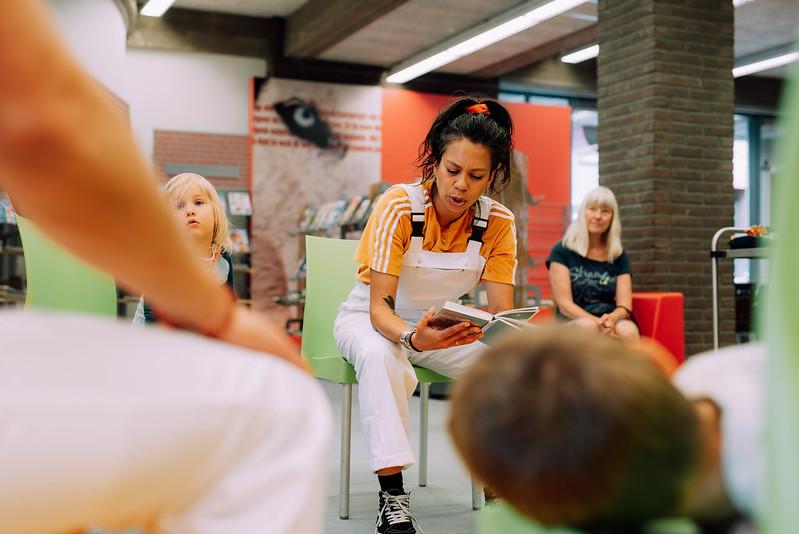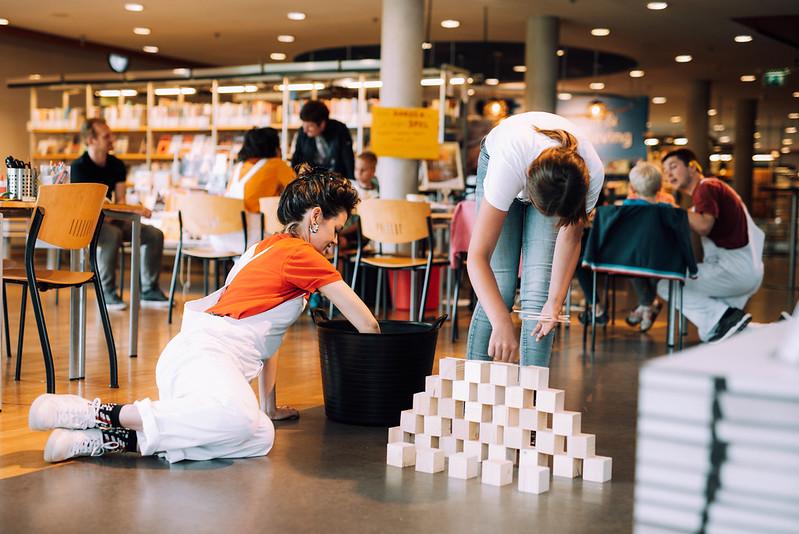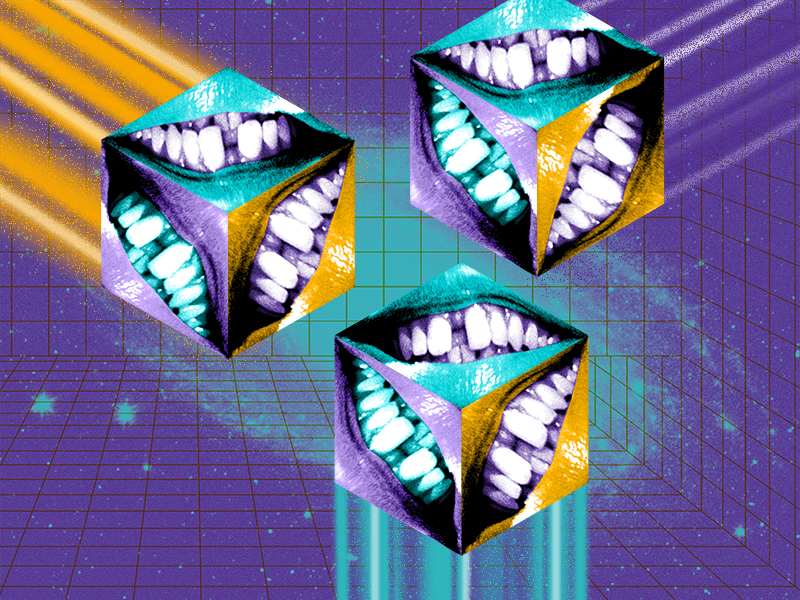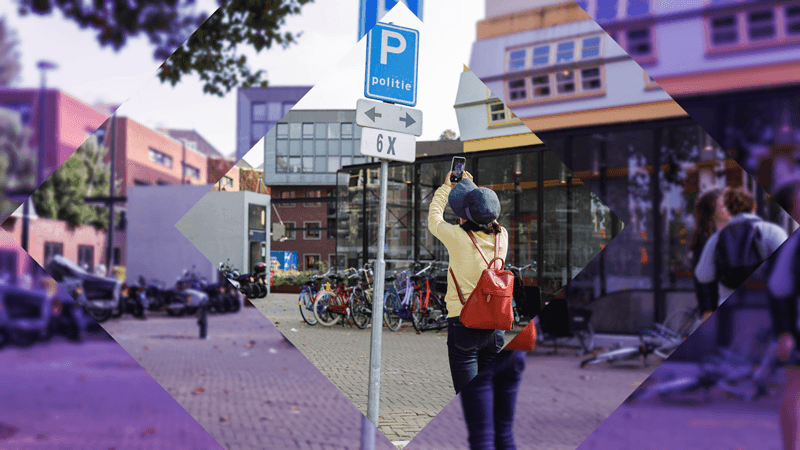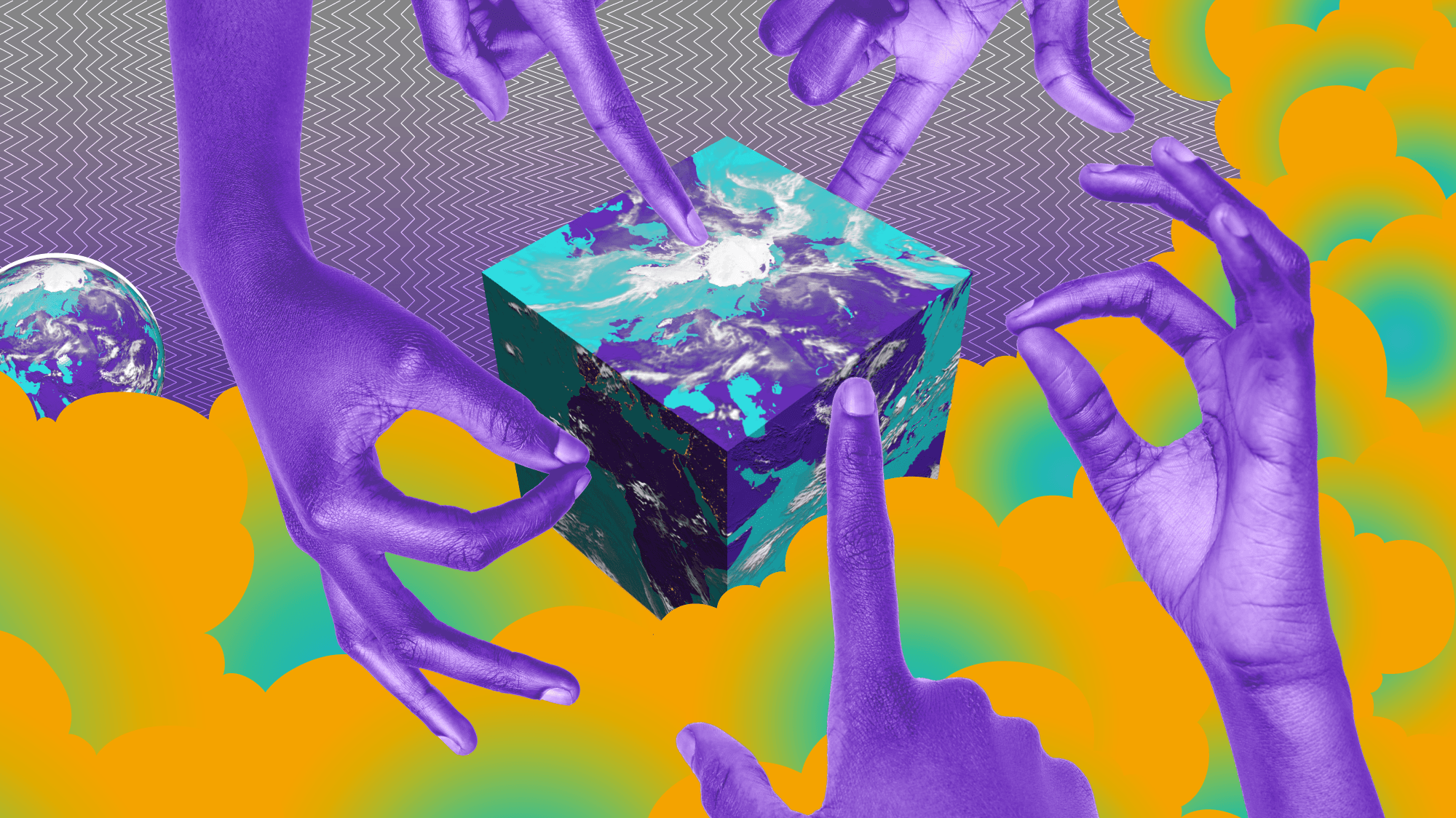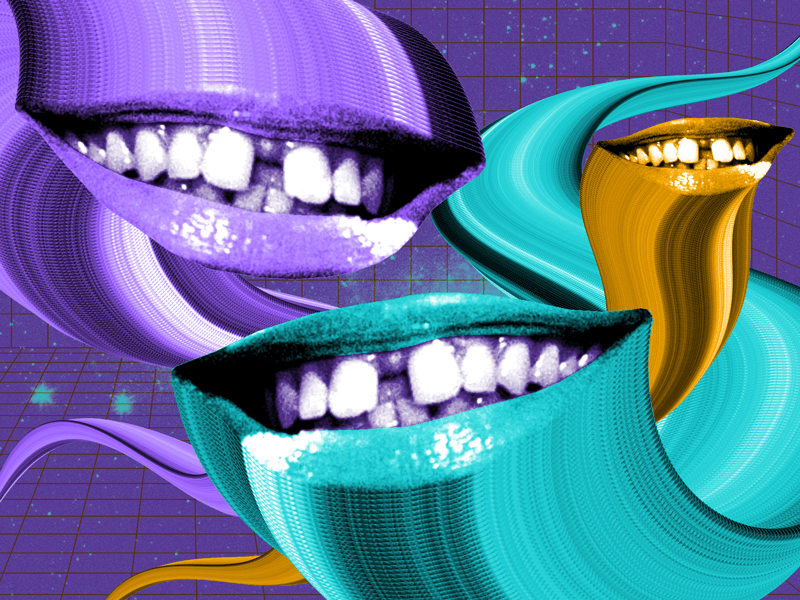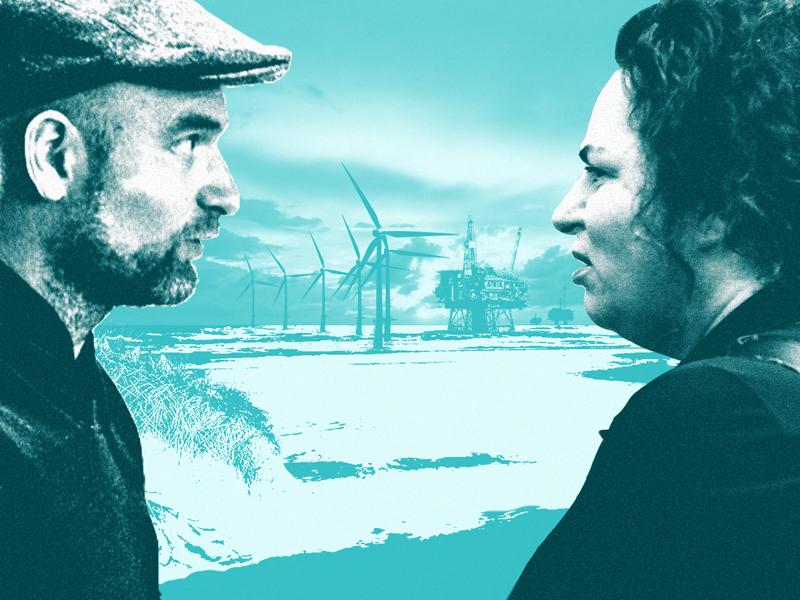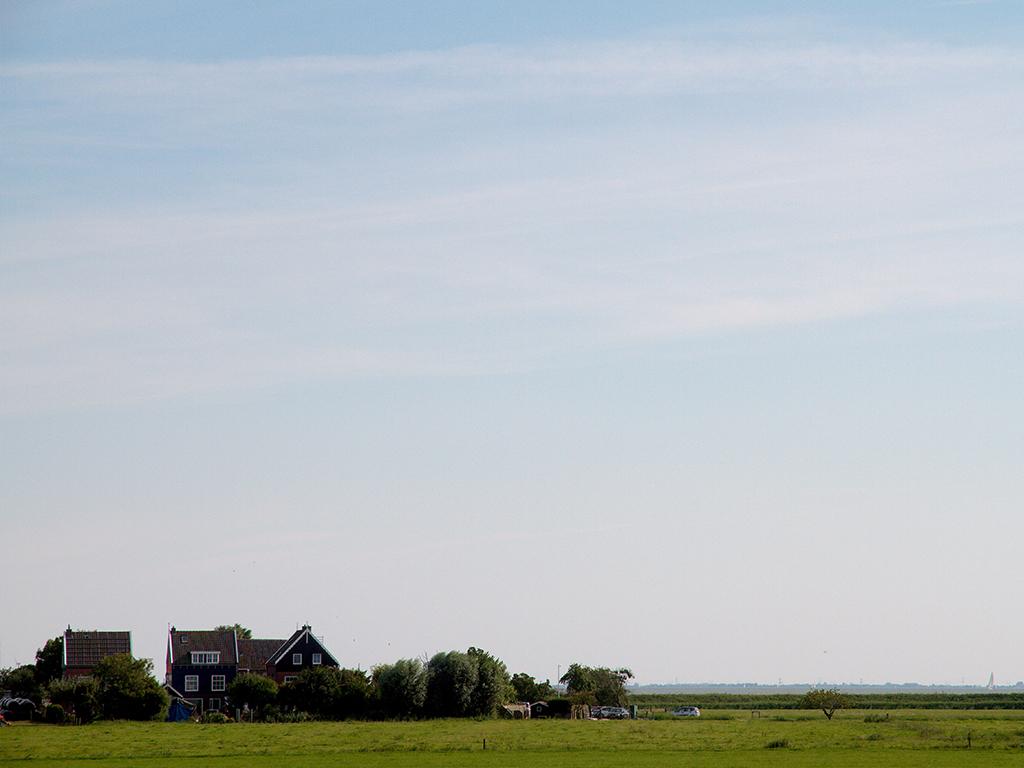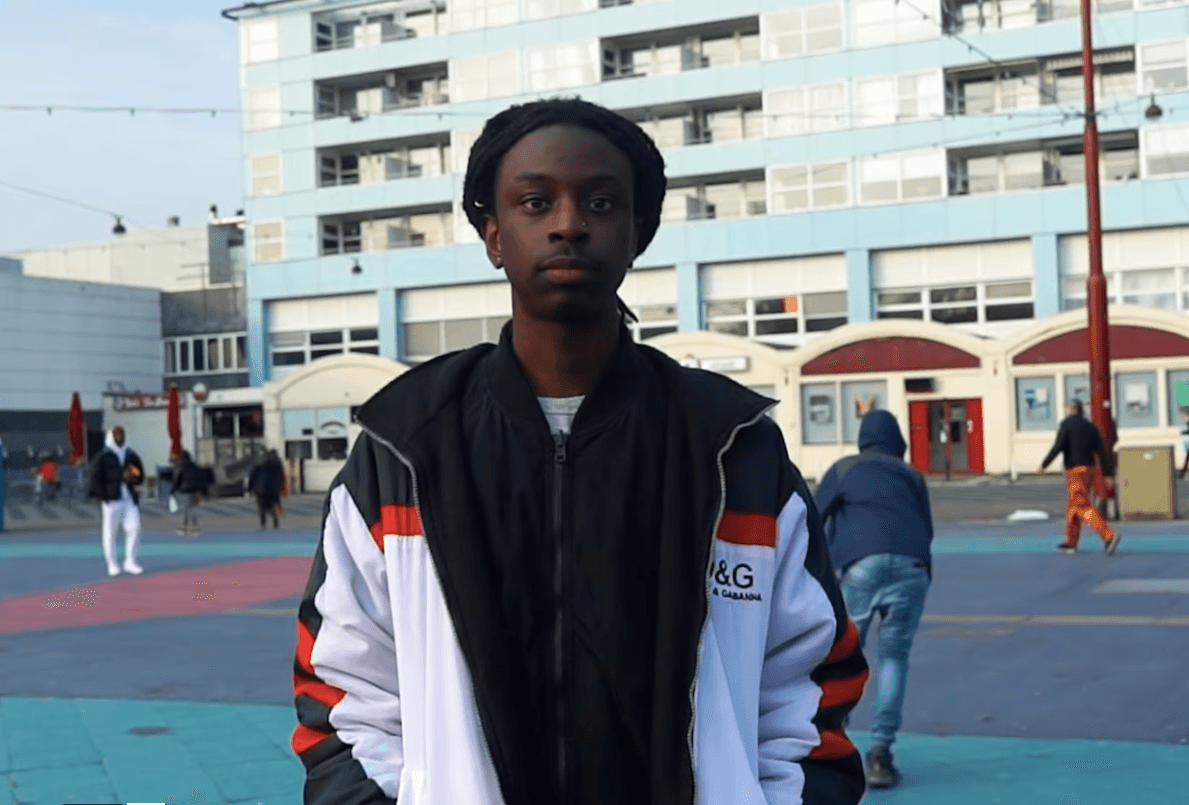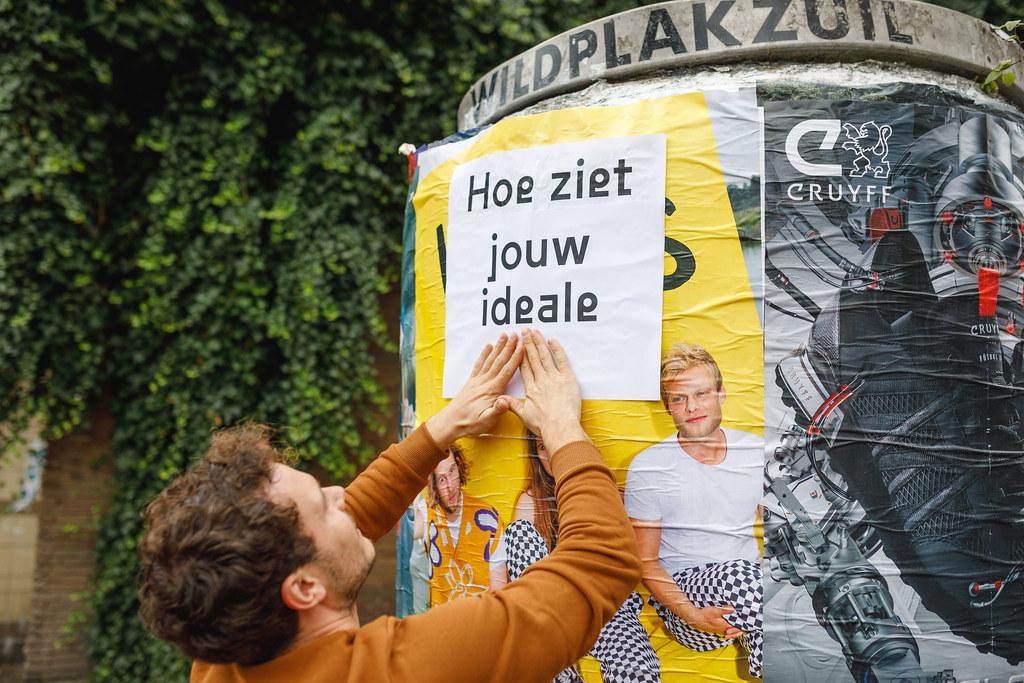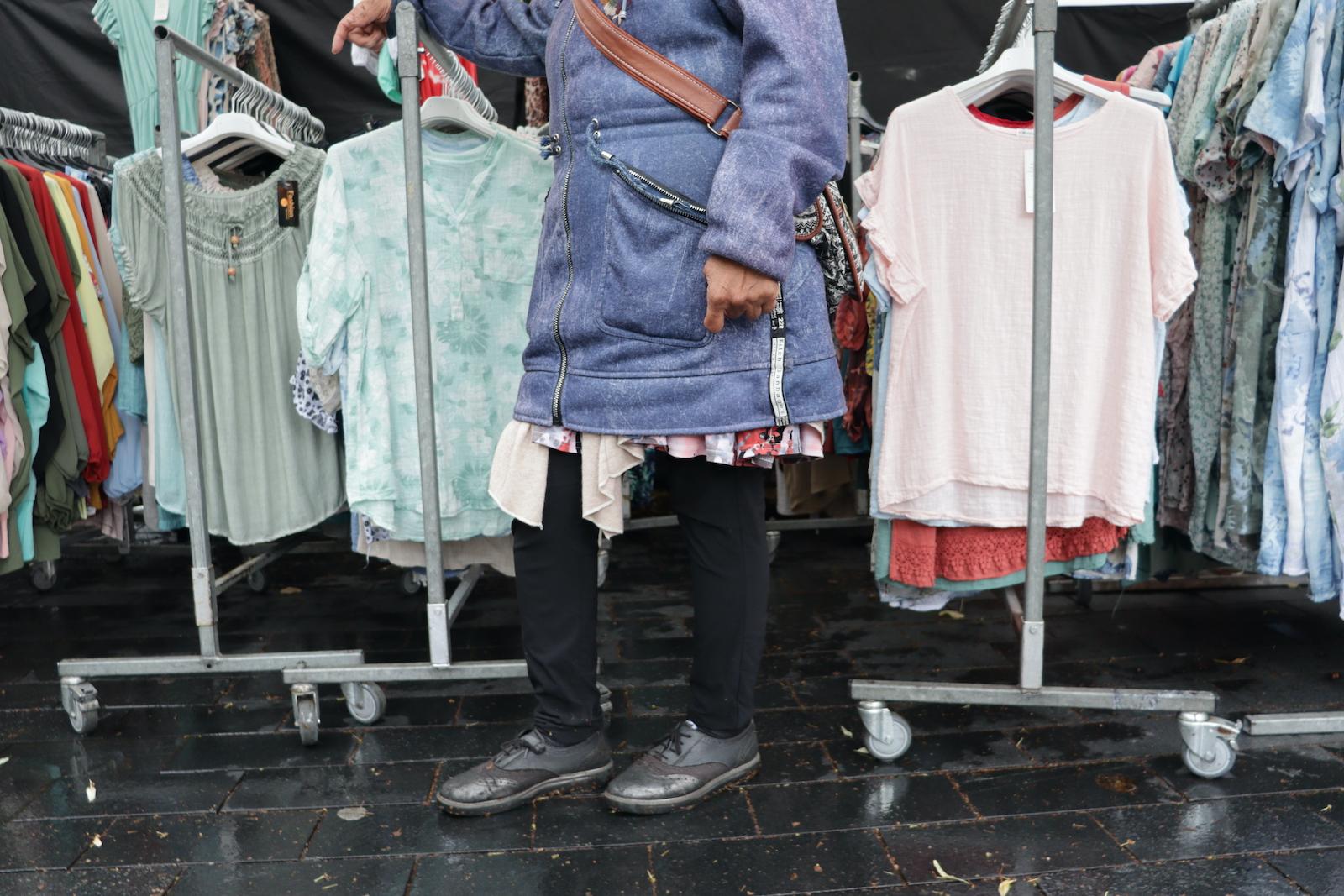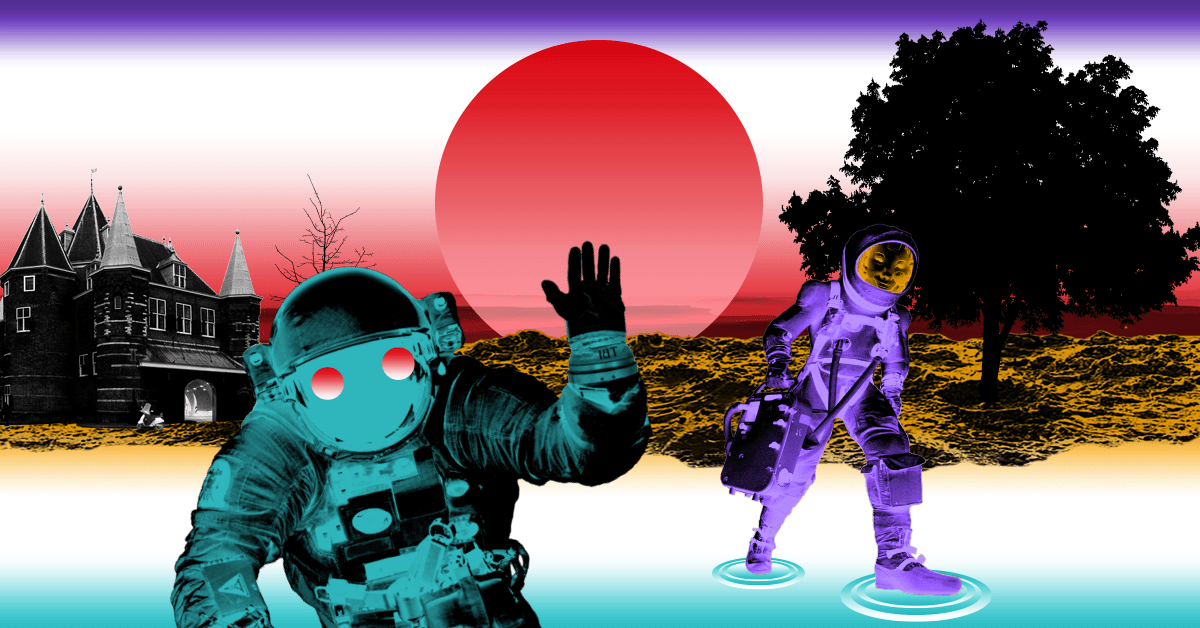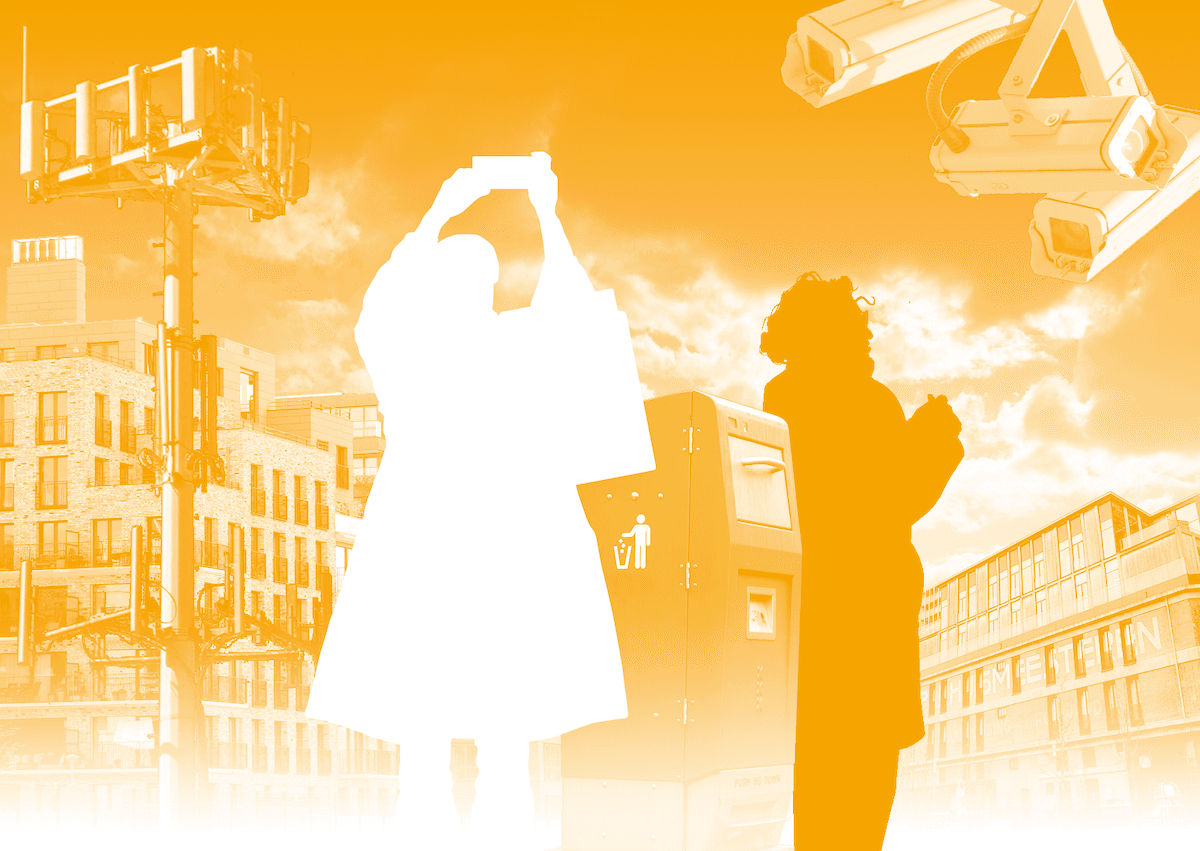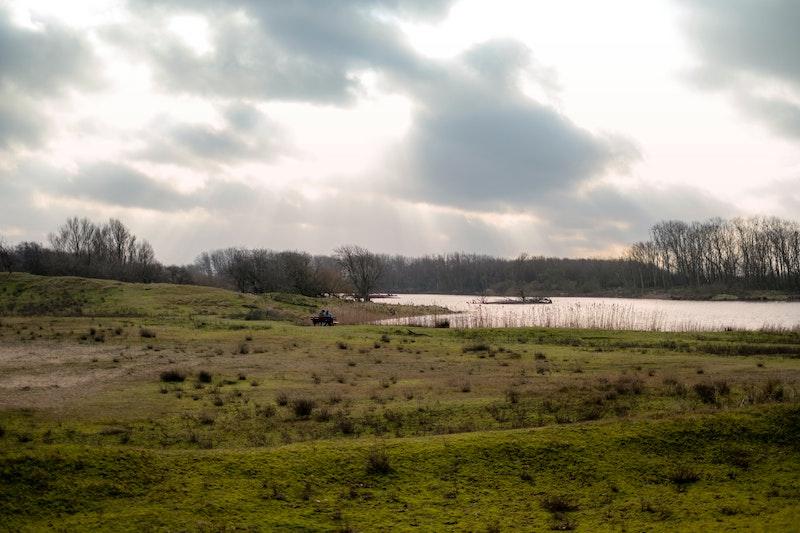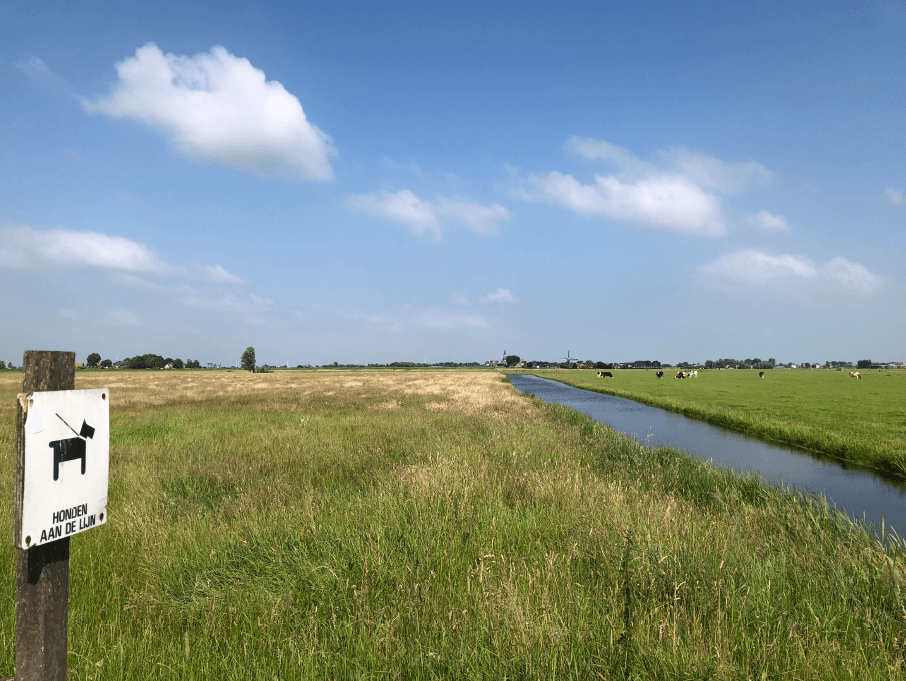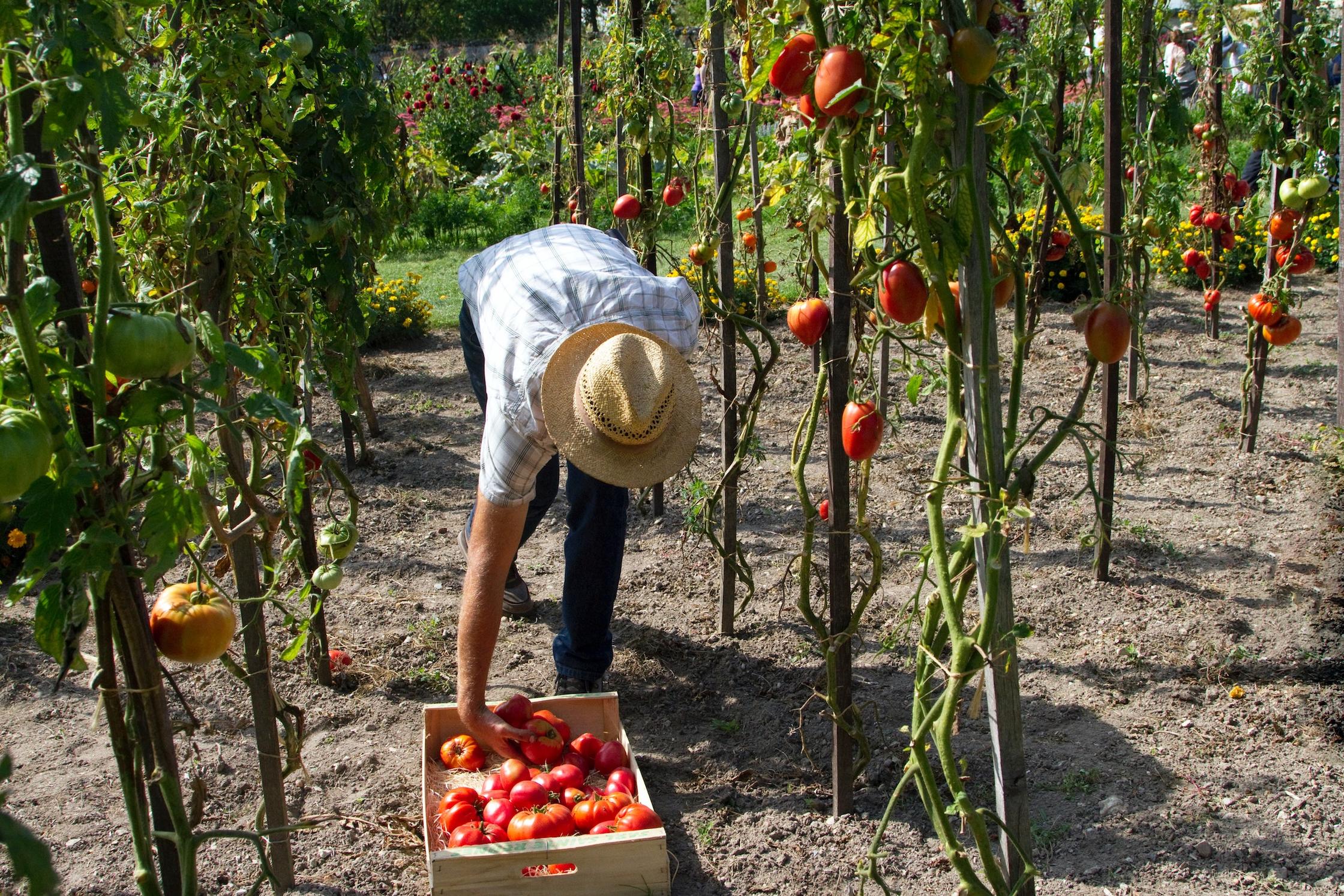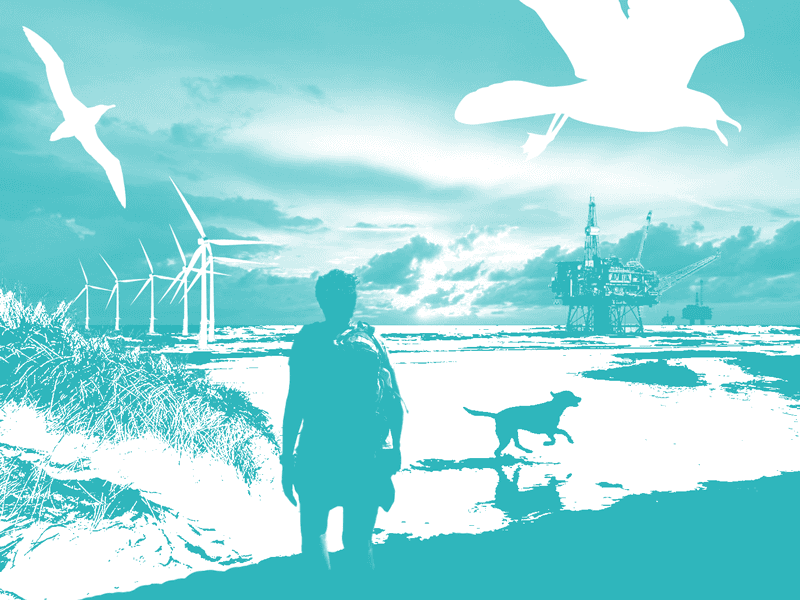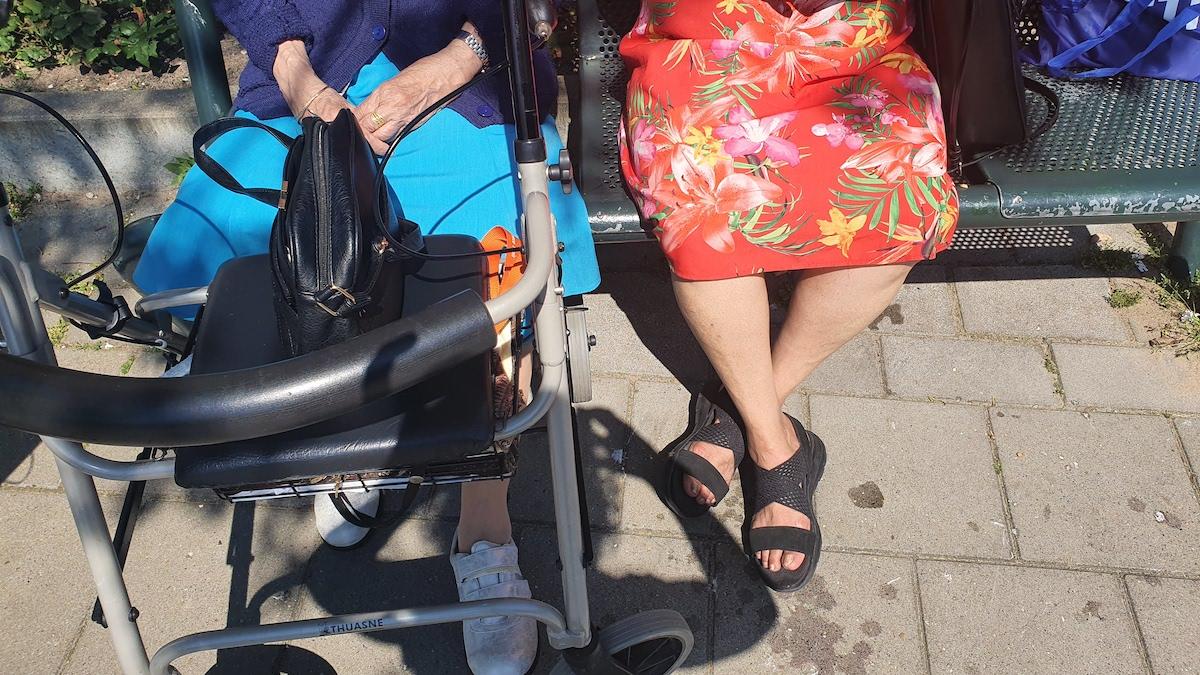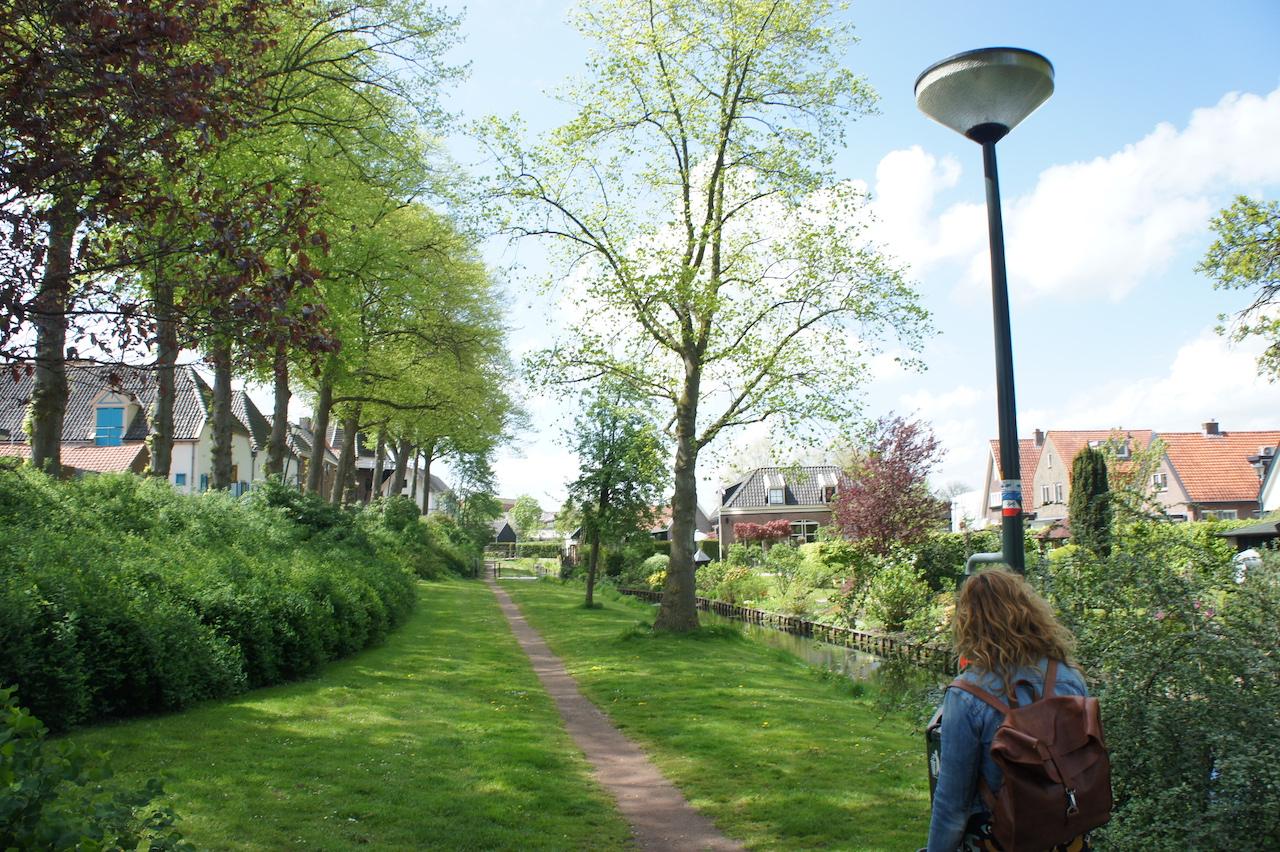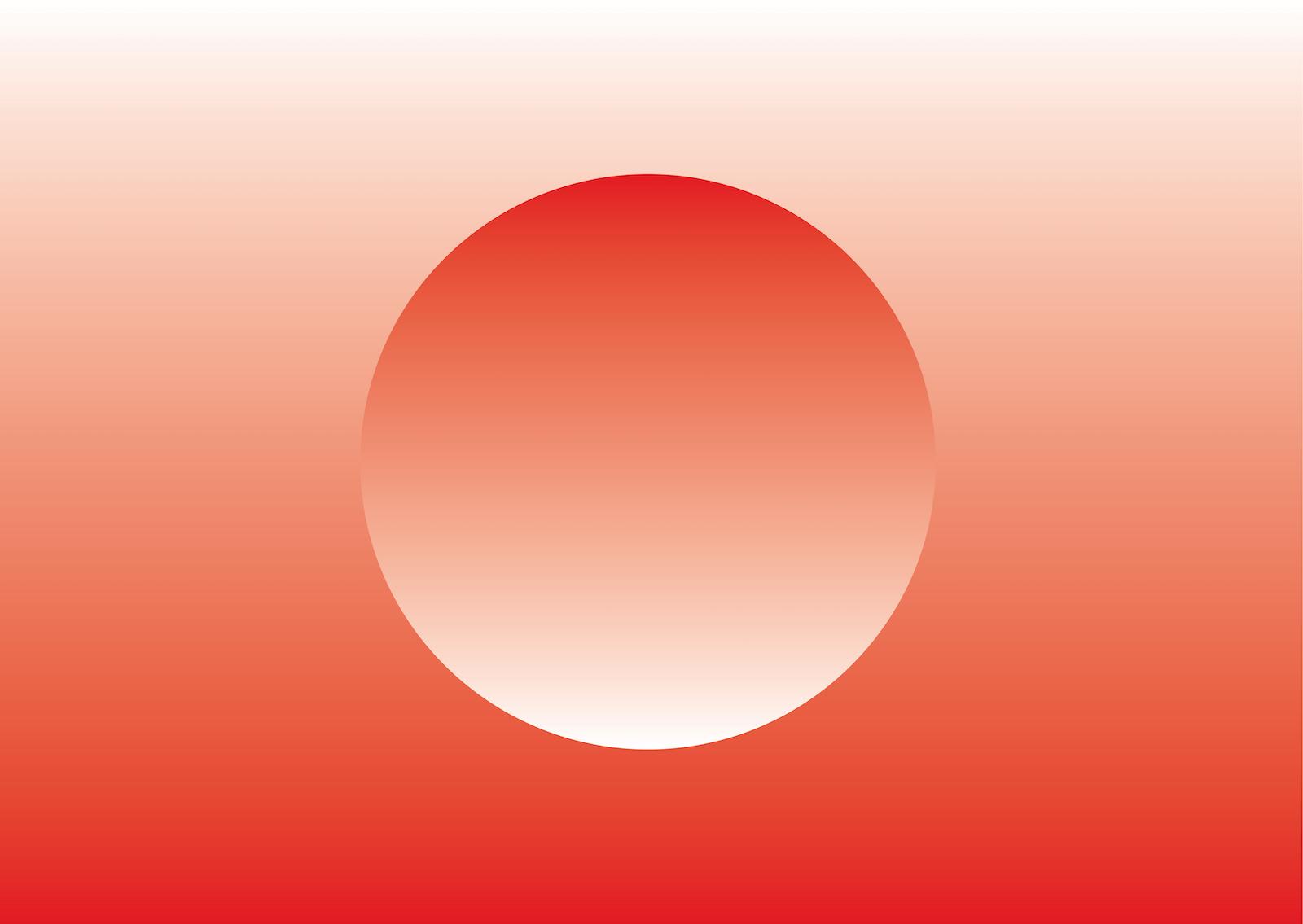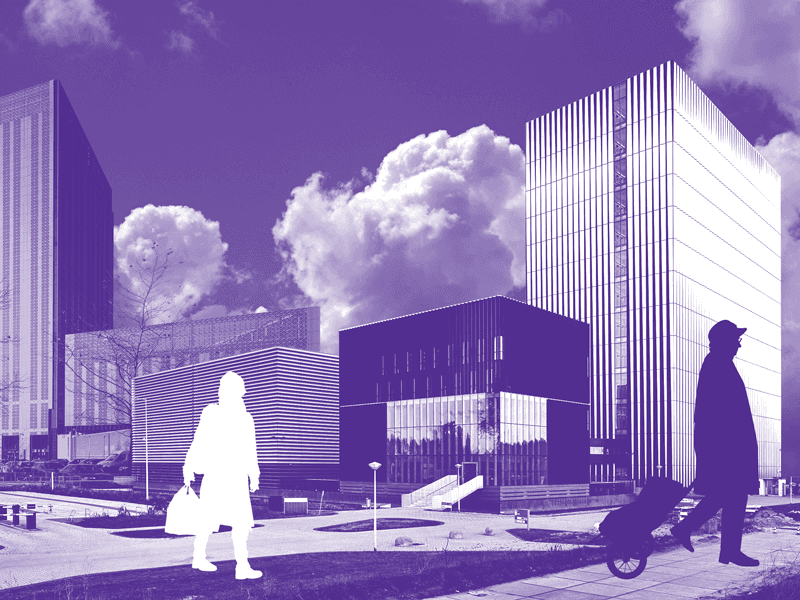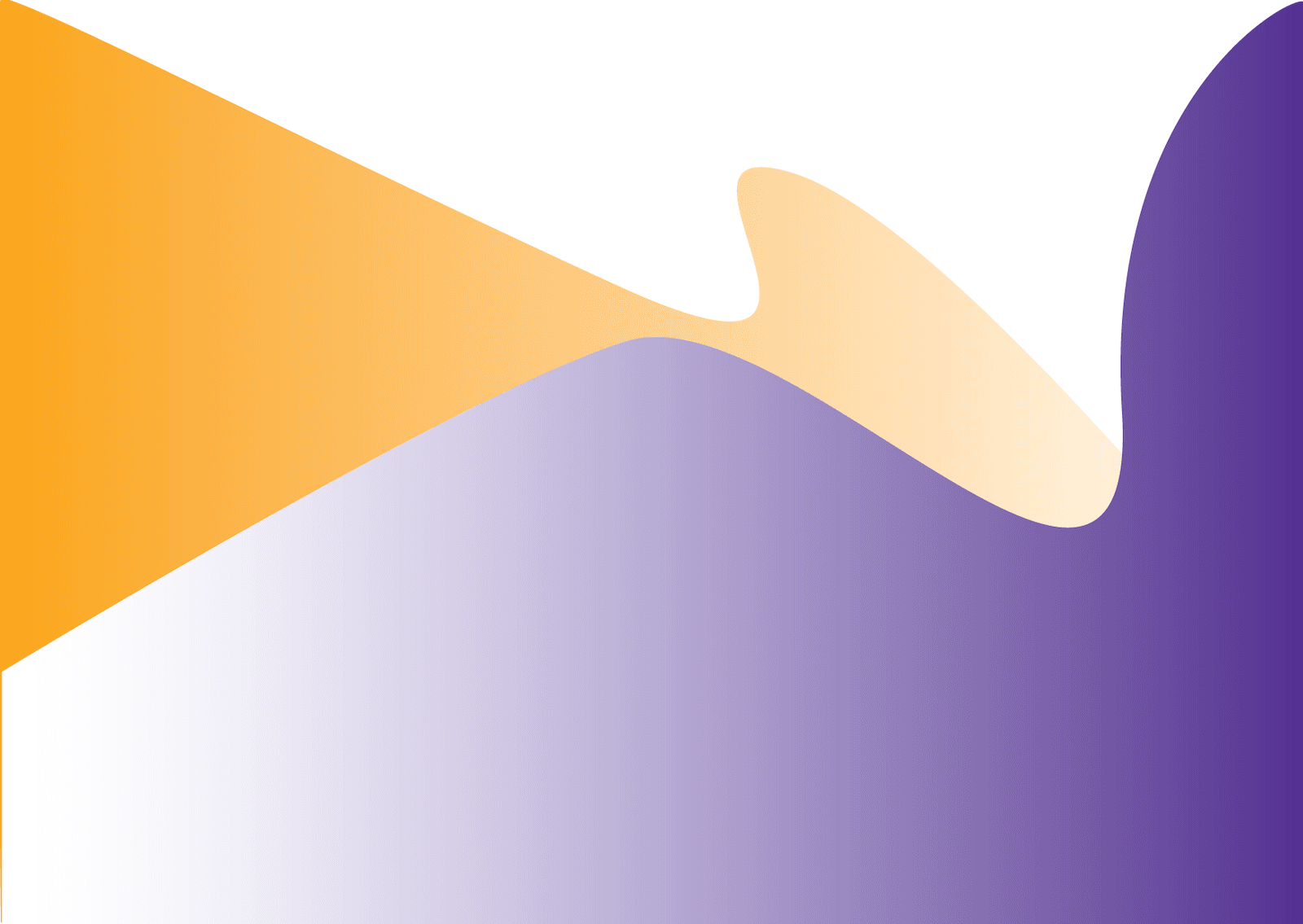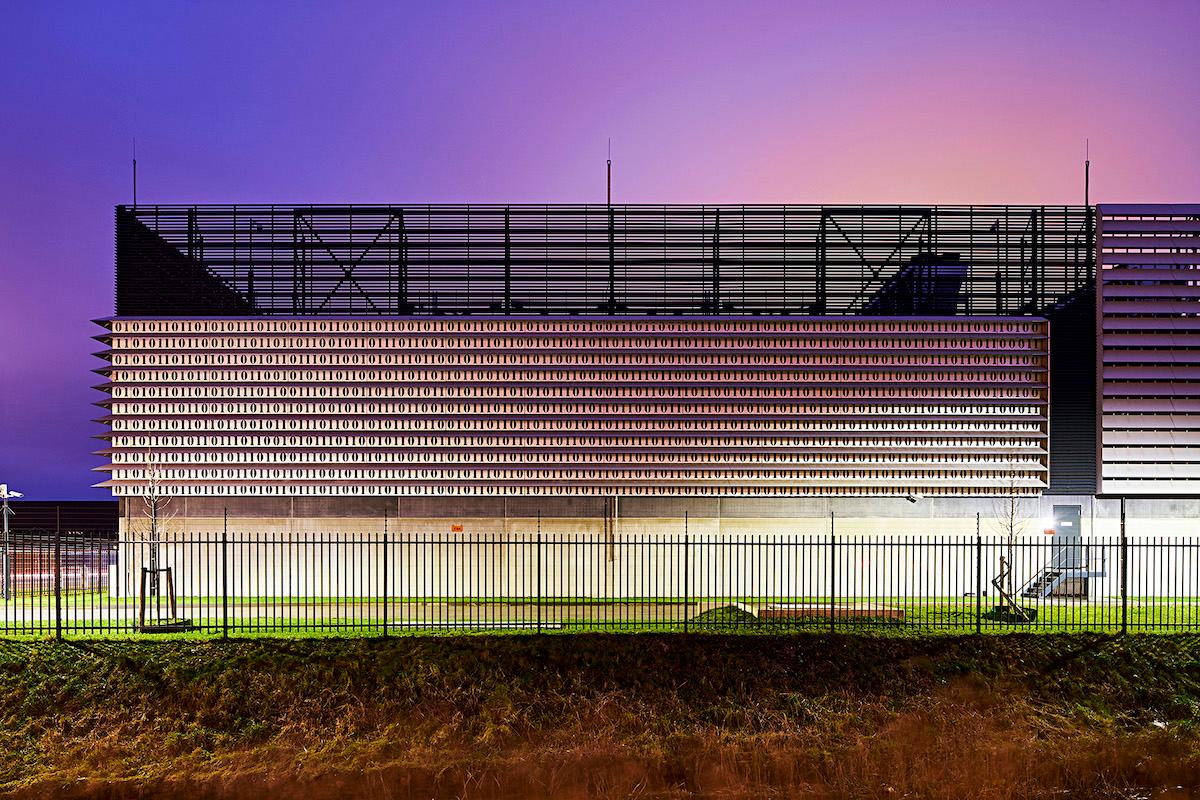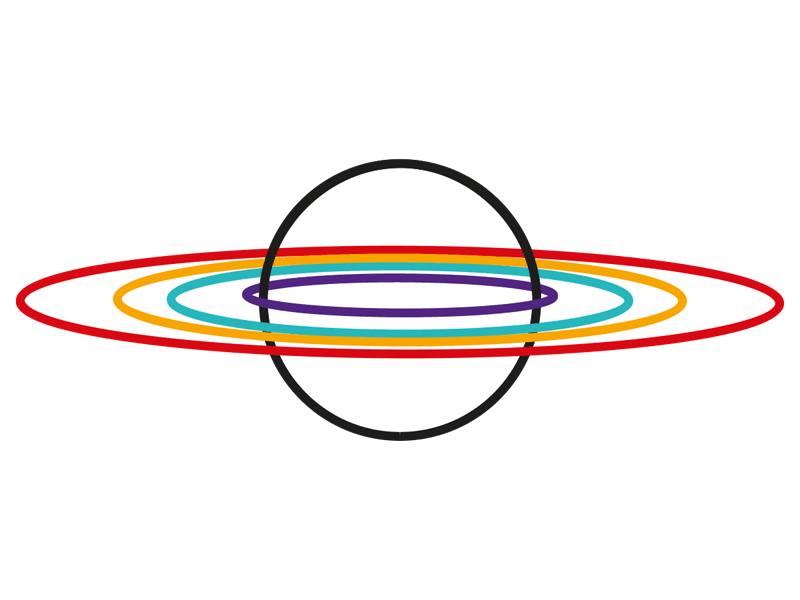The future is now
Every day we are confronted with uncertainties surrounding the future of our planet, social inequality, and the impact of technology. Such major issues and developments seem inevitable and inescapable. Yet, if we centre public values when designing our future, we believe a different world is possible: a world that is more open, fair and inclusive. Our future is determined by the actions and the choices we make today.
planet B expedition
To bring about a better world, Waag works to enact practical change in the present. One of the ways we do this is by envisioning an ideal place called planet B. Imagine what would happen if we were allowed to completely redesign a planet. How would we do that? What would we take with us? What would we leave behind? What social, environmental, and technological structures would we build to create an open, fair and inclusive world?
To explore this idea, Waag has organised an expedition to planet B over the last four years. Every year we dived into a different theme.
2024: Getting a grip on technology
Your smartphone is broken - and it's not just a cracked screen. The problem is with the apps, the operating system, the hardware, and affects your privacy, your health and our planet. During Dutch Design Week, we launched the Fix Your Phone Shop: a repair store that gets your phone working again in a way that feels good and works better.
2023: Other Intelligences
In the year of 2023, Waag Futurelab took a closer look at the concept of intelligence. The current focus on artificial intelligence is creating a narrow and problematic view of intelligence. It even carries through to the point where digital systems and technology are even ascribed a "higher" form of intelligence. While the force of AI is not in its intelligence, but primarily in the concentration of data and capital, and thus power, in a small number of companies.
Time for a broader understanding of intelligence. What different forms of intelligence can we distinguish? And what forms do we need for an open, fair and inclusive future? What does the obsession with artificial intelligence bring us? What implications do our current understanding of intelligence have for our education and our future?
2022: What if we change the rules of the game?
In 2022, Waag explored how we can reach a future that is open, fair and inclusive. We did this together with you, by taking a new approach to our systems. What if we no longer take growth as the aim of our economy, but, for example, solidarity, circularity, or the assurance that we can still breathe oxygen in 2090? What if we re-evaluate the concept of value? What if we think from the commons? And what if we would completely redesign our economic system, with society and nature at its core?
In the year of 2022 Waag explored the workings of the world's current economic value systems during the Dig Deeper programmes. And during the festival season we explorex what will happen if we change the rules of the game - we will, in fact, play games to explore this. Also, the Future Talks programme series returned in 2022. In collaboration with designers, artists and societal actors we will question the role of design, technology and the arts in the challenges we are currently facing as societies.
2021: FUTURE
In the first year of our expedition to planet B, we became navigators in order to create a roadmap for the future. What do we mean by the future? And what do we expect from it? To find out, Waag took a walk around the countryside and asked everyone we met along the way. What does a desirable future look like to you? What do you need from it and what could you contribute to it? Together, we walked towards an ideal future. Why walk? Firstly, because walking allows us to look at the connections between people and the surrounding environment. Secondly, because walking complied with corona virus safety measures and provided us with a safe way to think and talk about the future together.
The conversation about the future was central to this first year of the expedition. We invited everyone to come for a walk with us and talk with local residents, vague acquaintances, and distant friends. We asked questions to as diverse a group of people as possible: in the city, in the countryside, and across the social and cultural layers of society. We chatted with old and young people, scientists, citizens, administrators, artists, and thinkers. To design a future that works for everyone, everyone must be allowed a seat at the design table.
